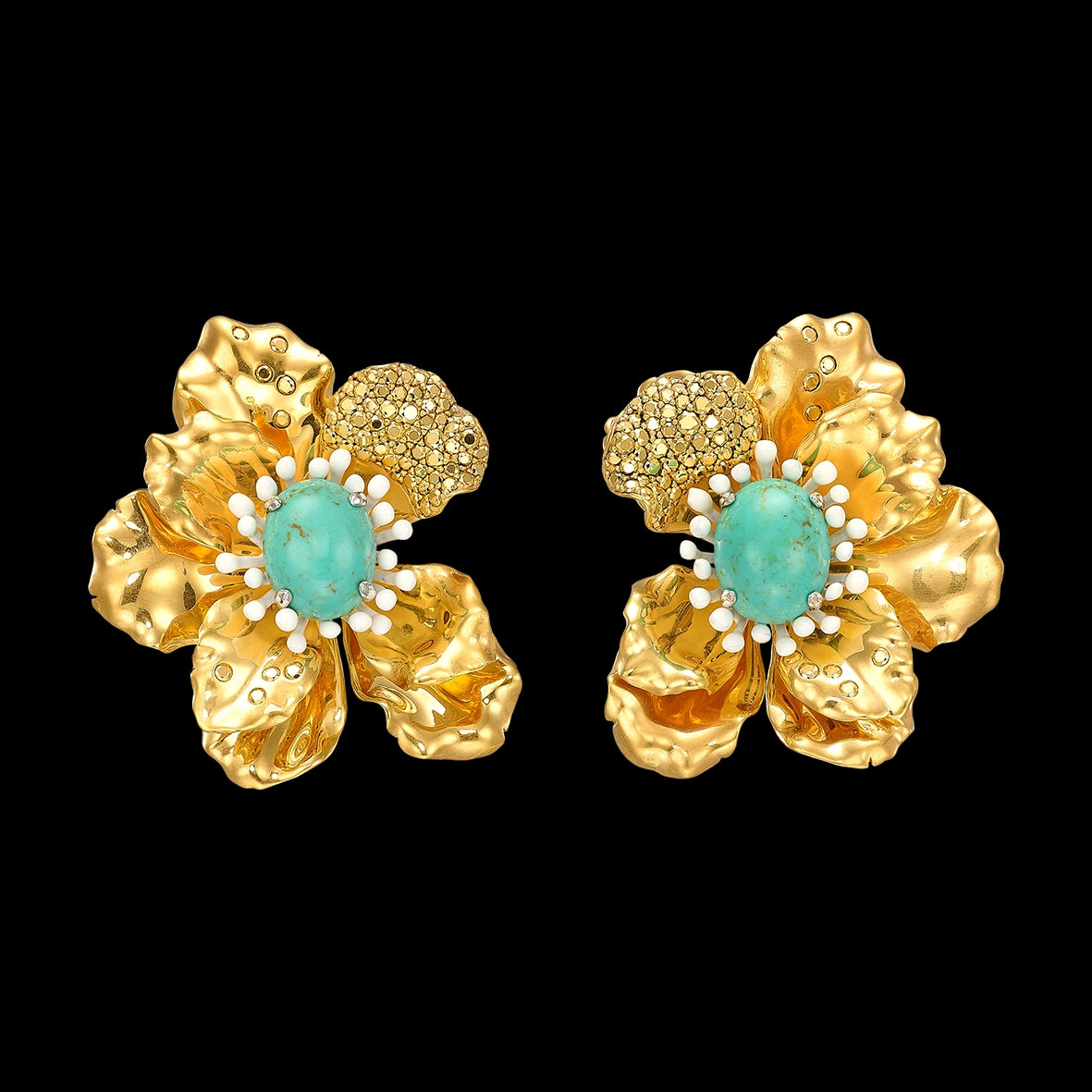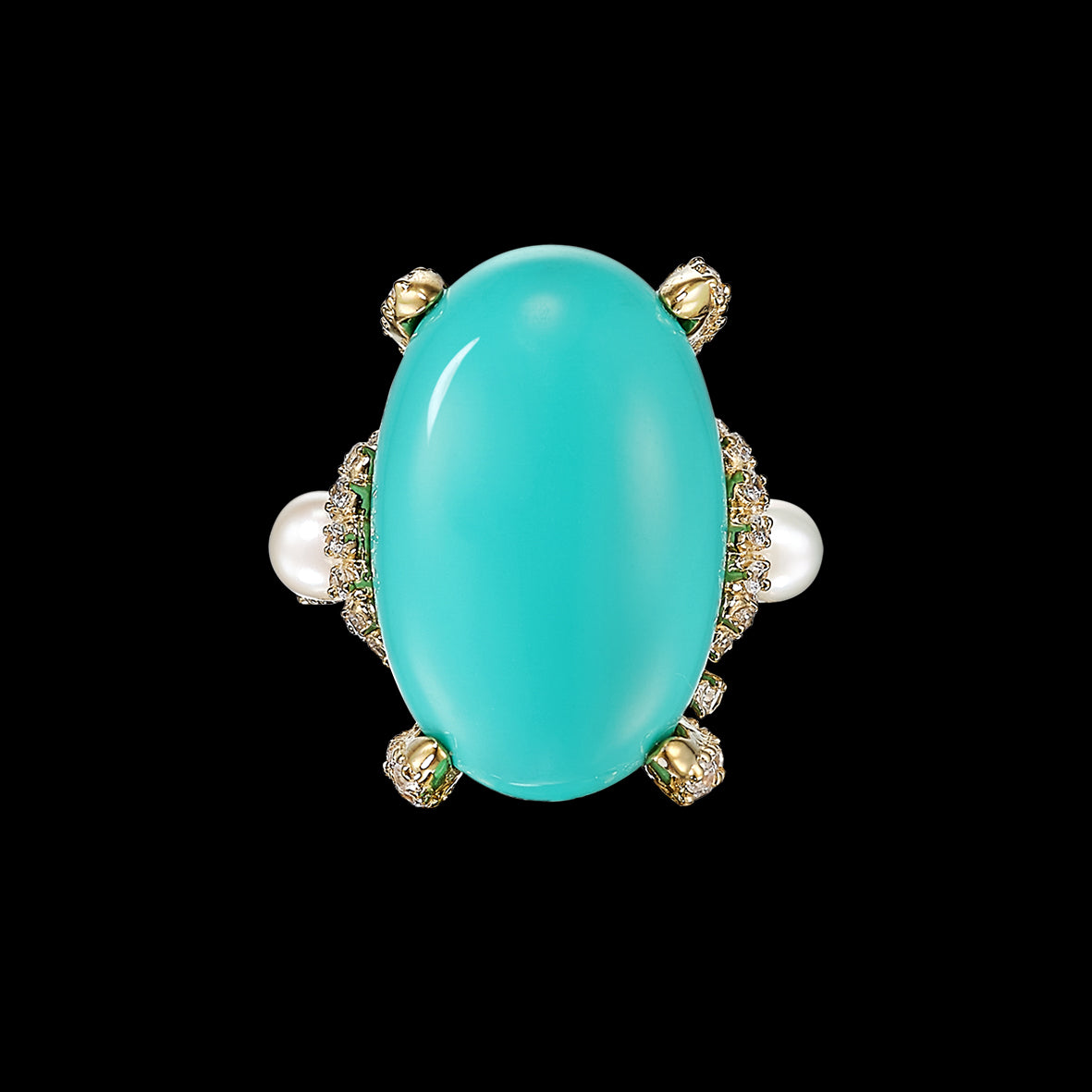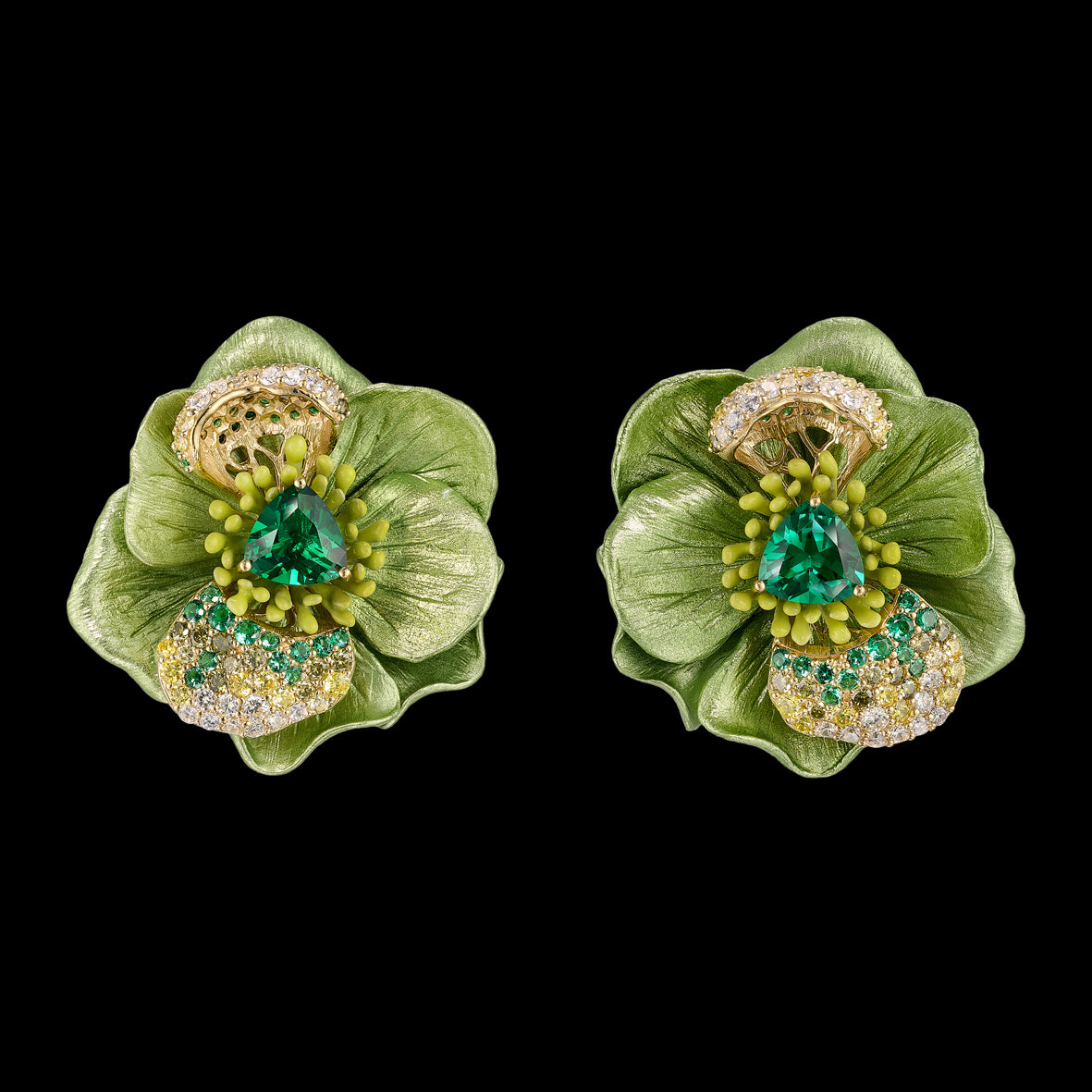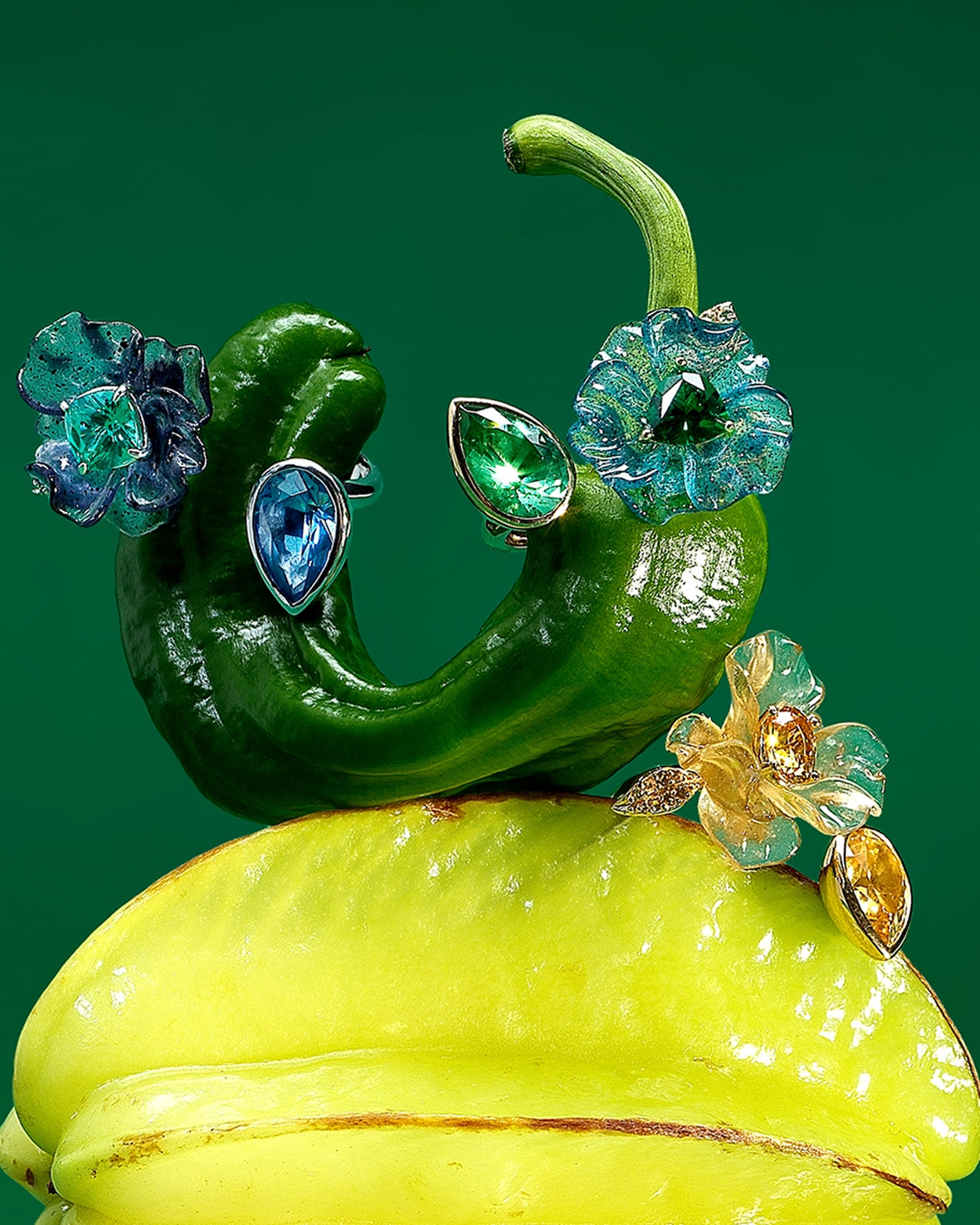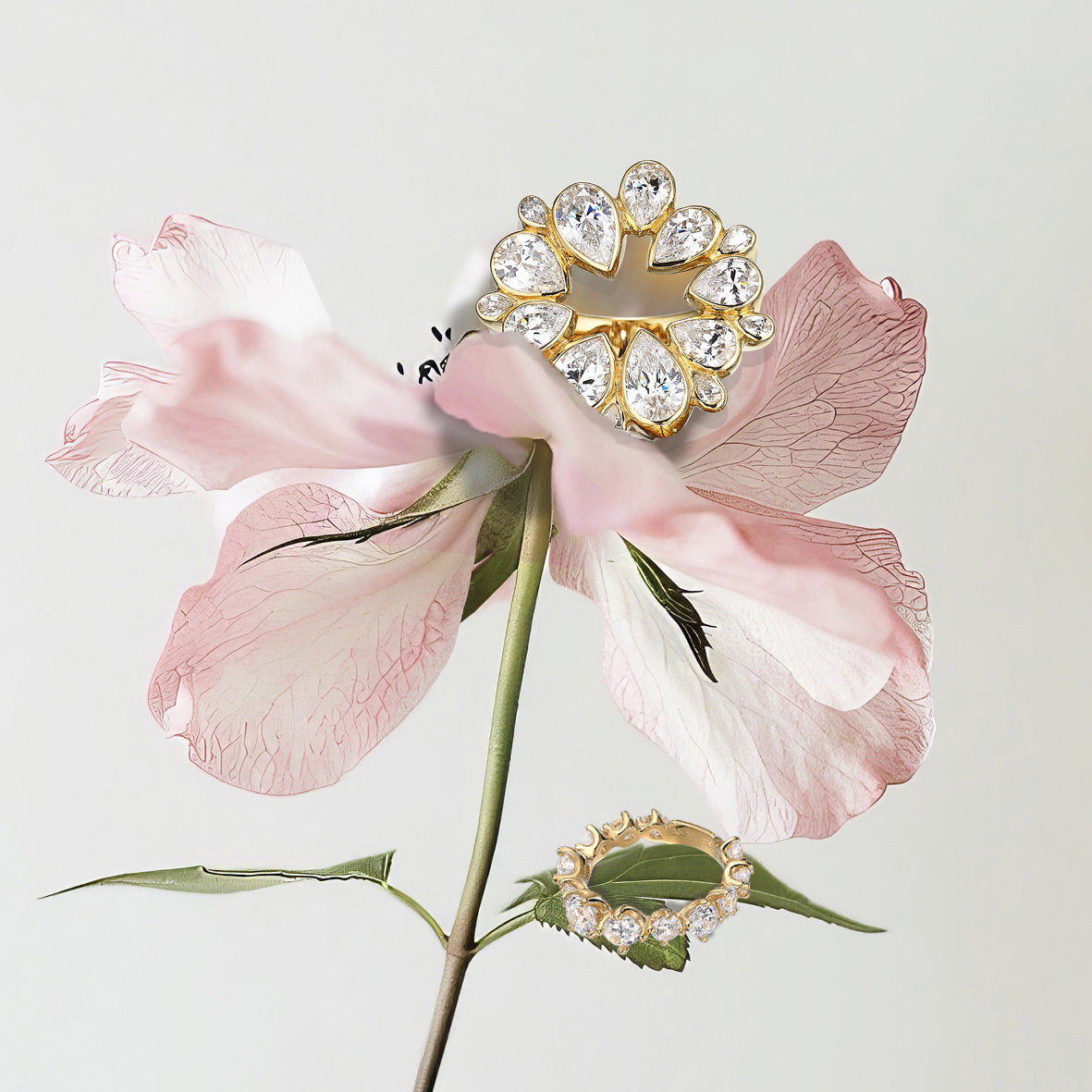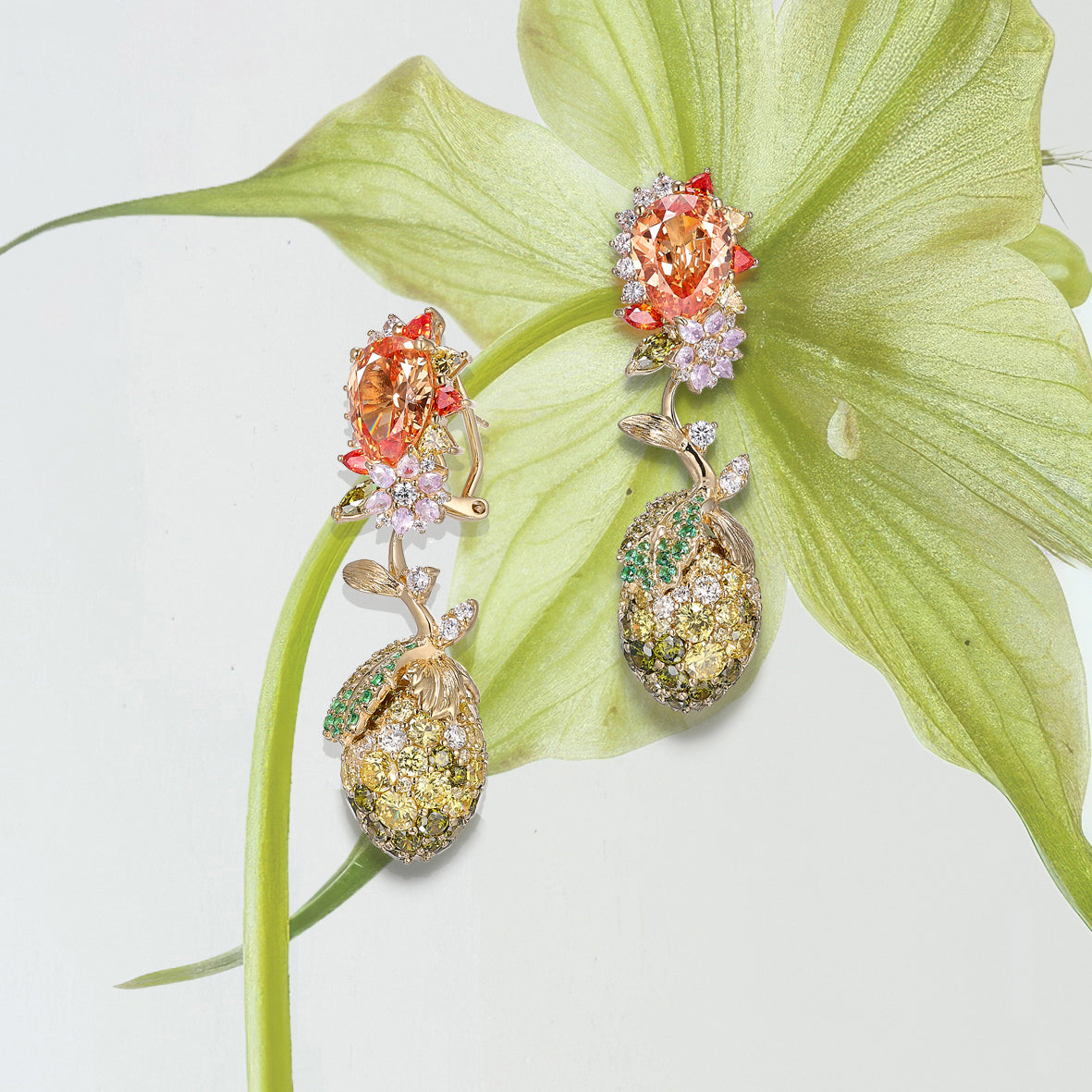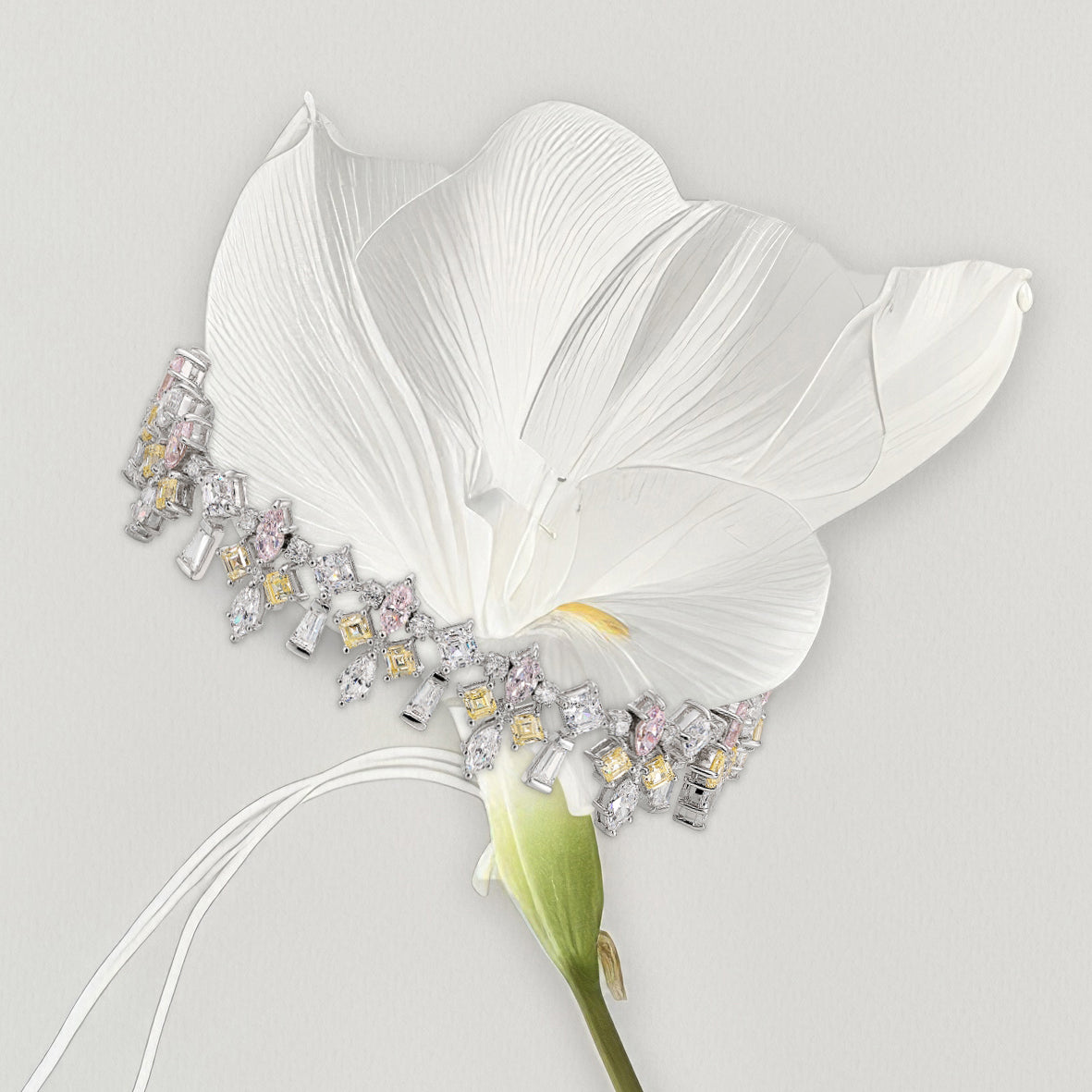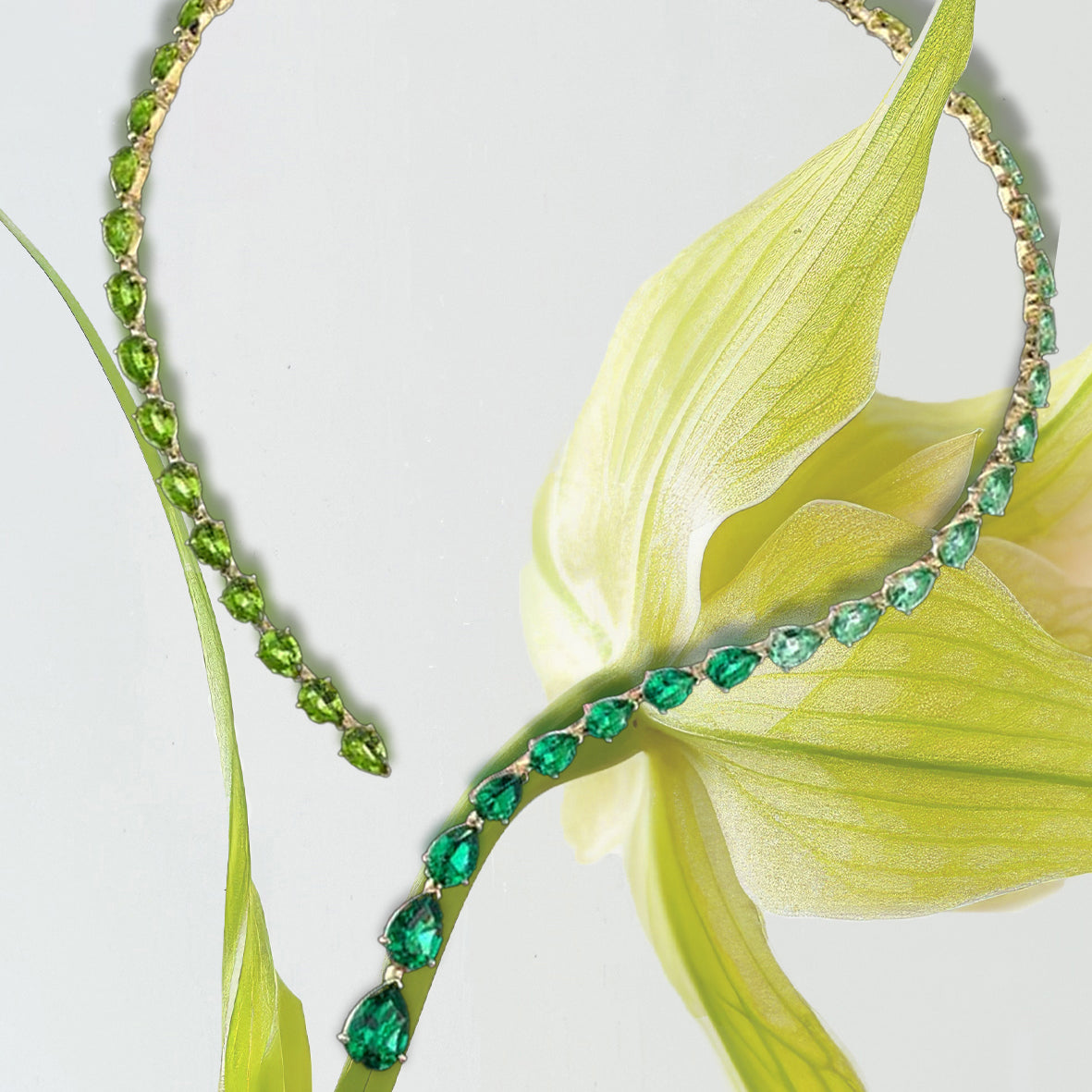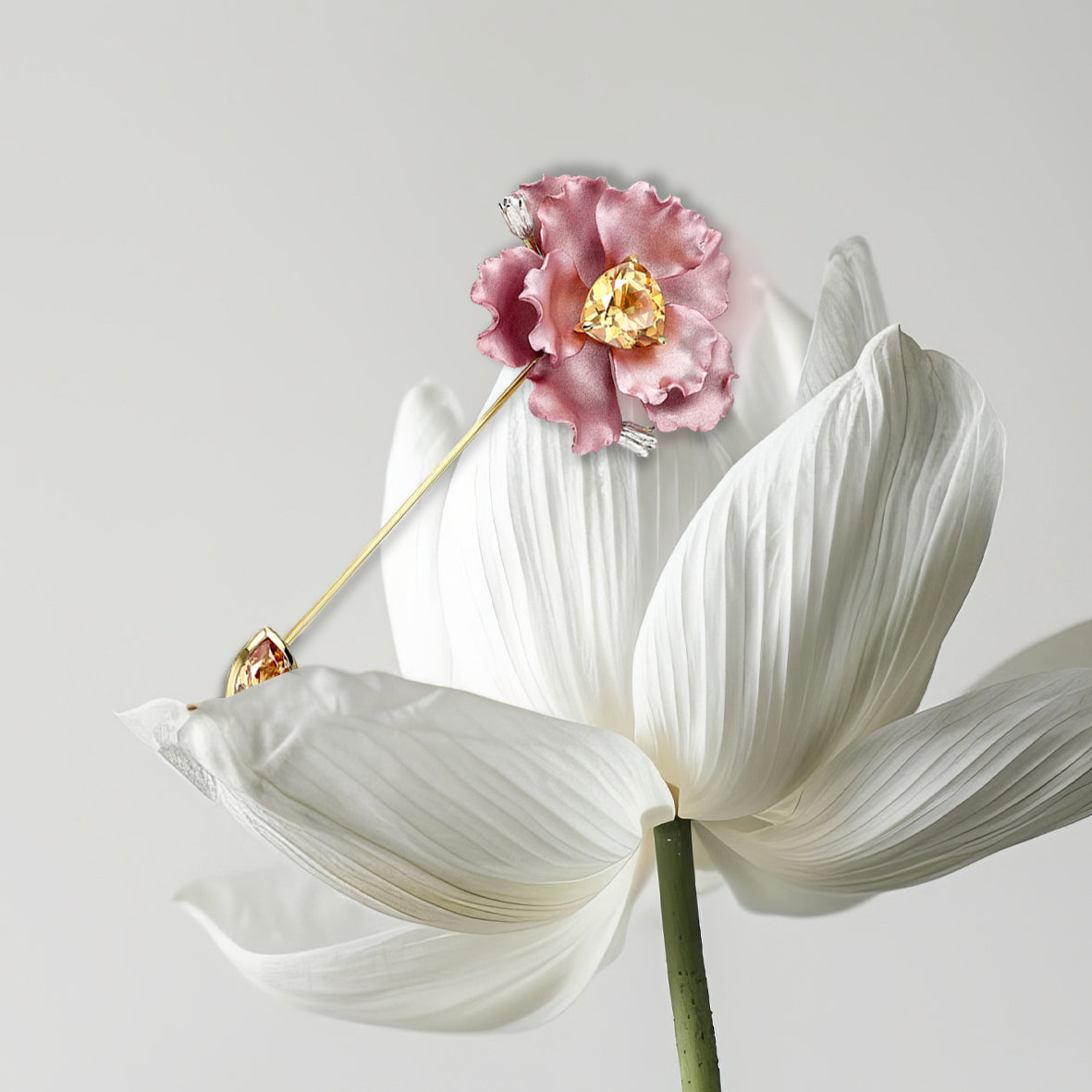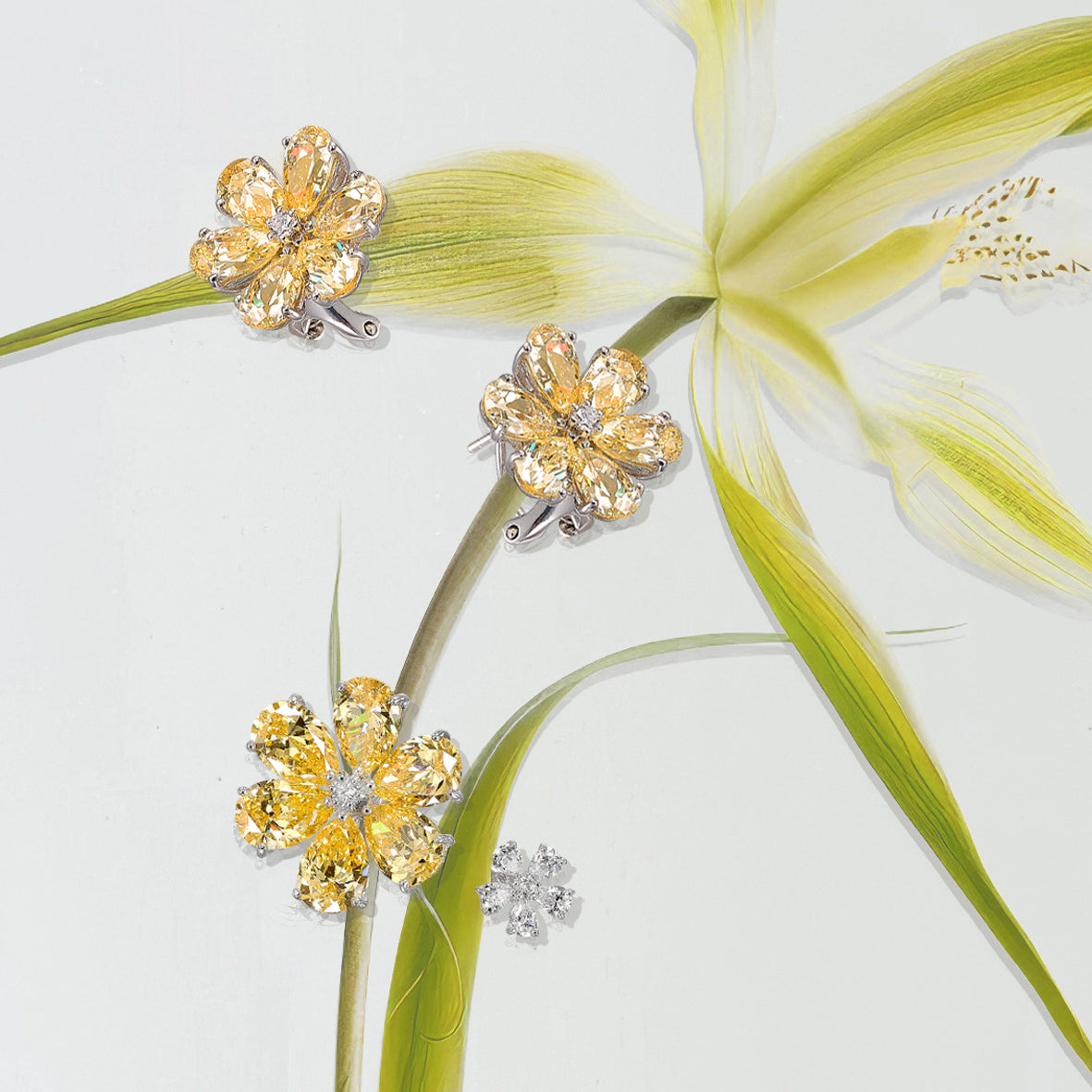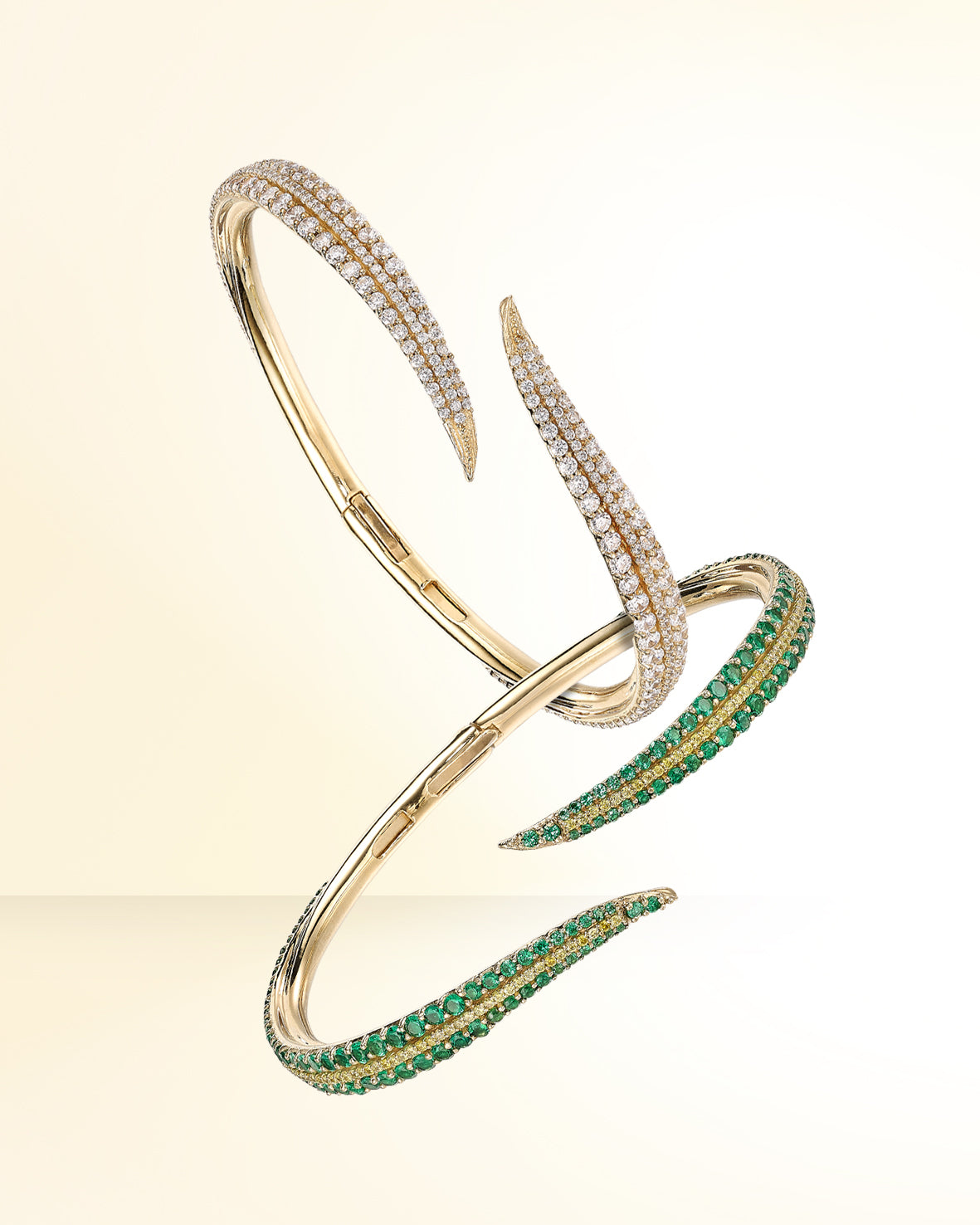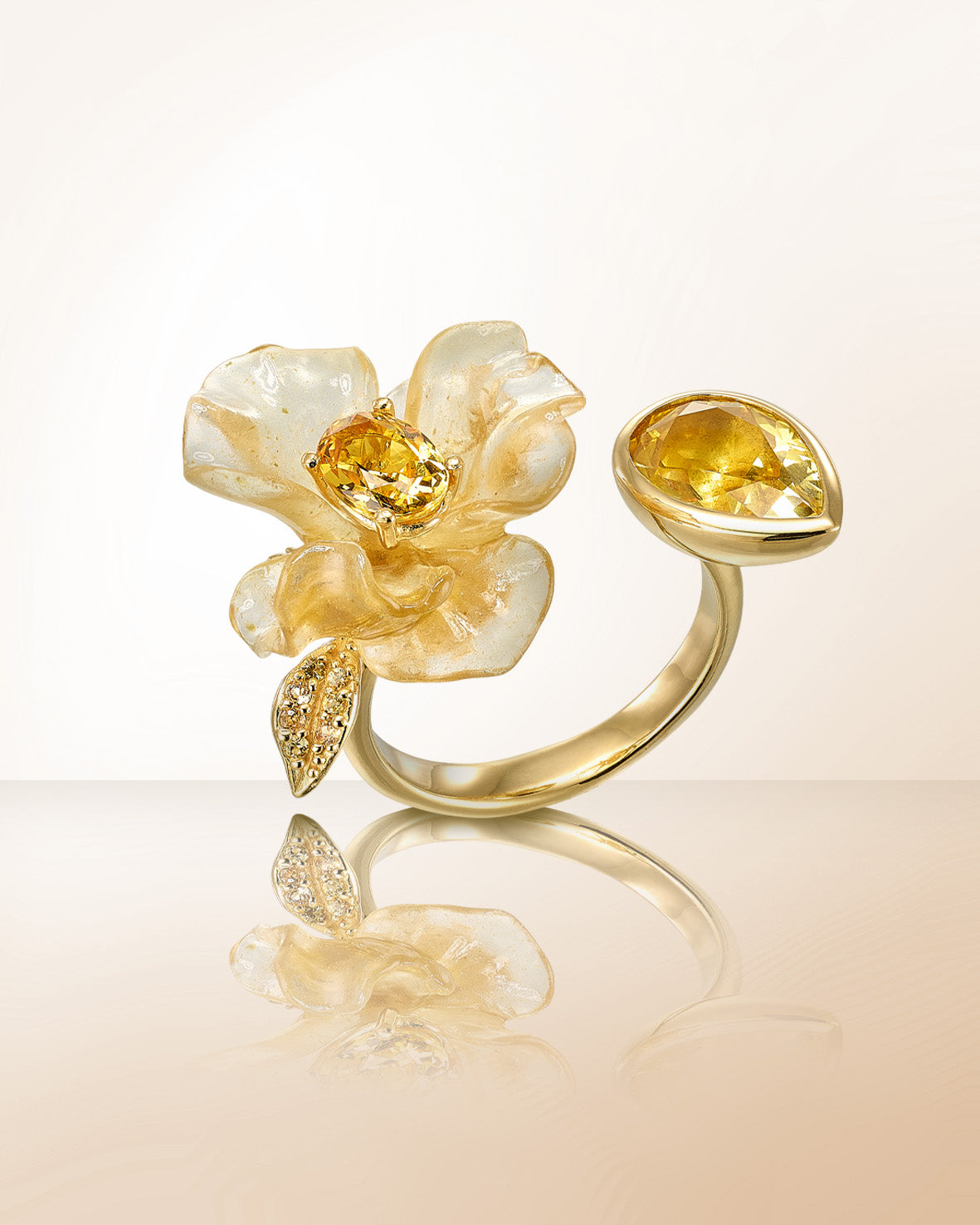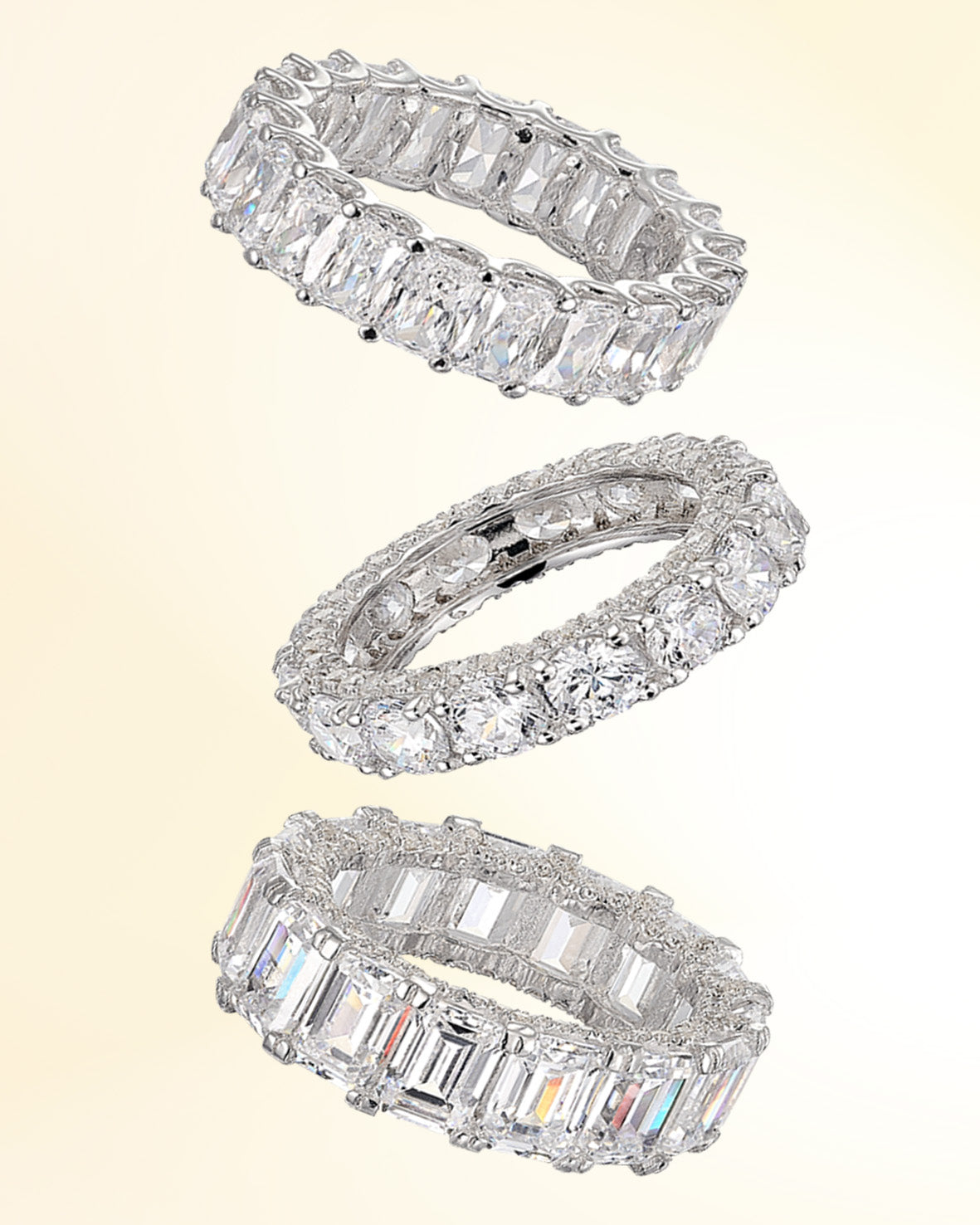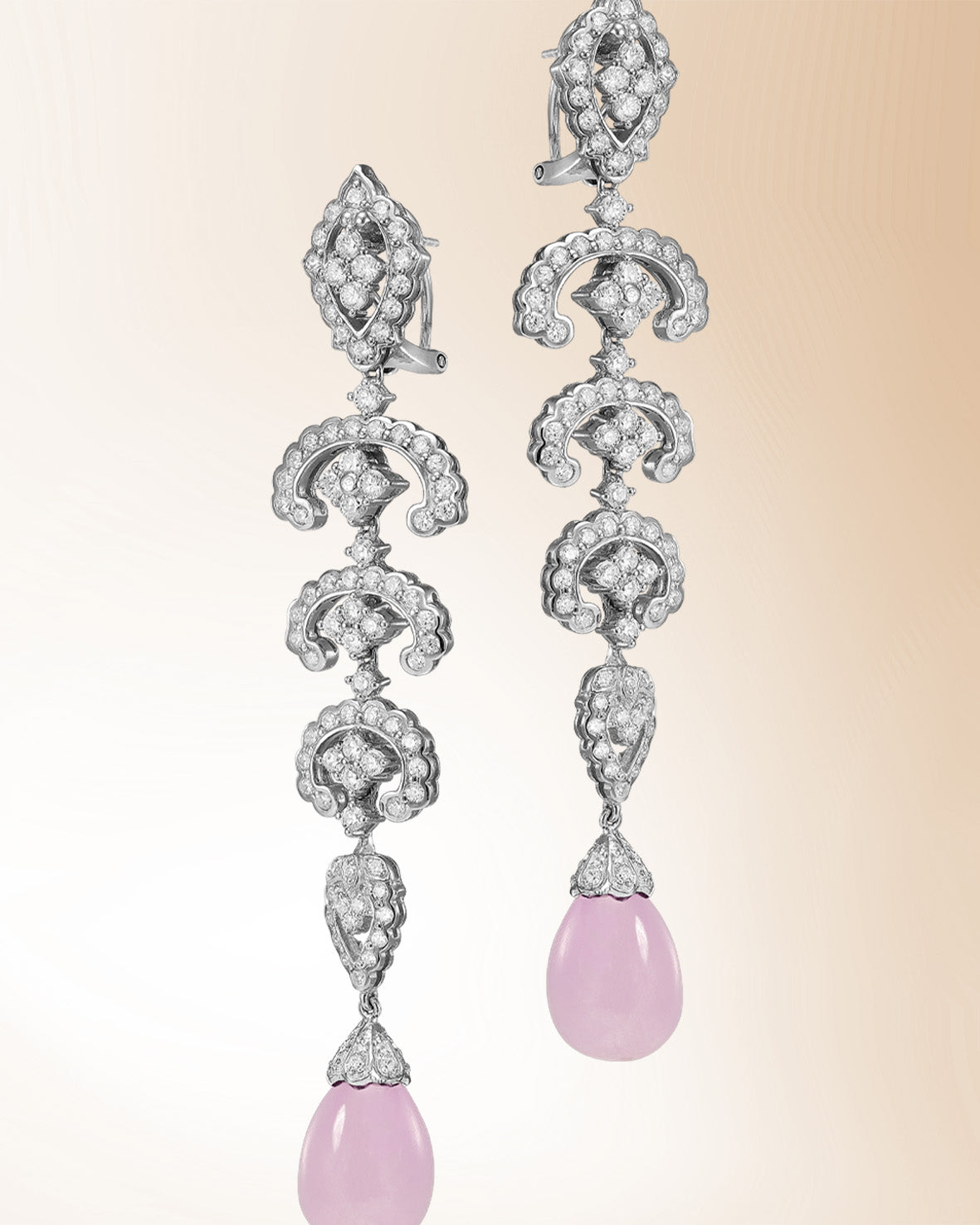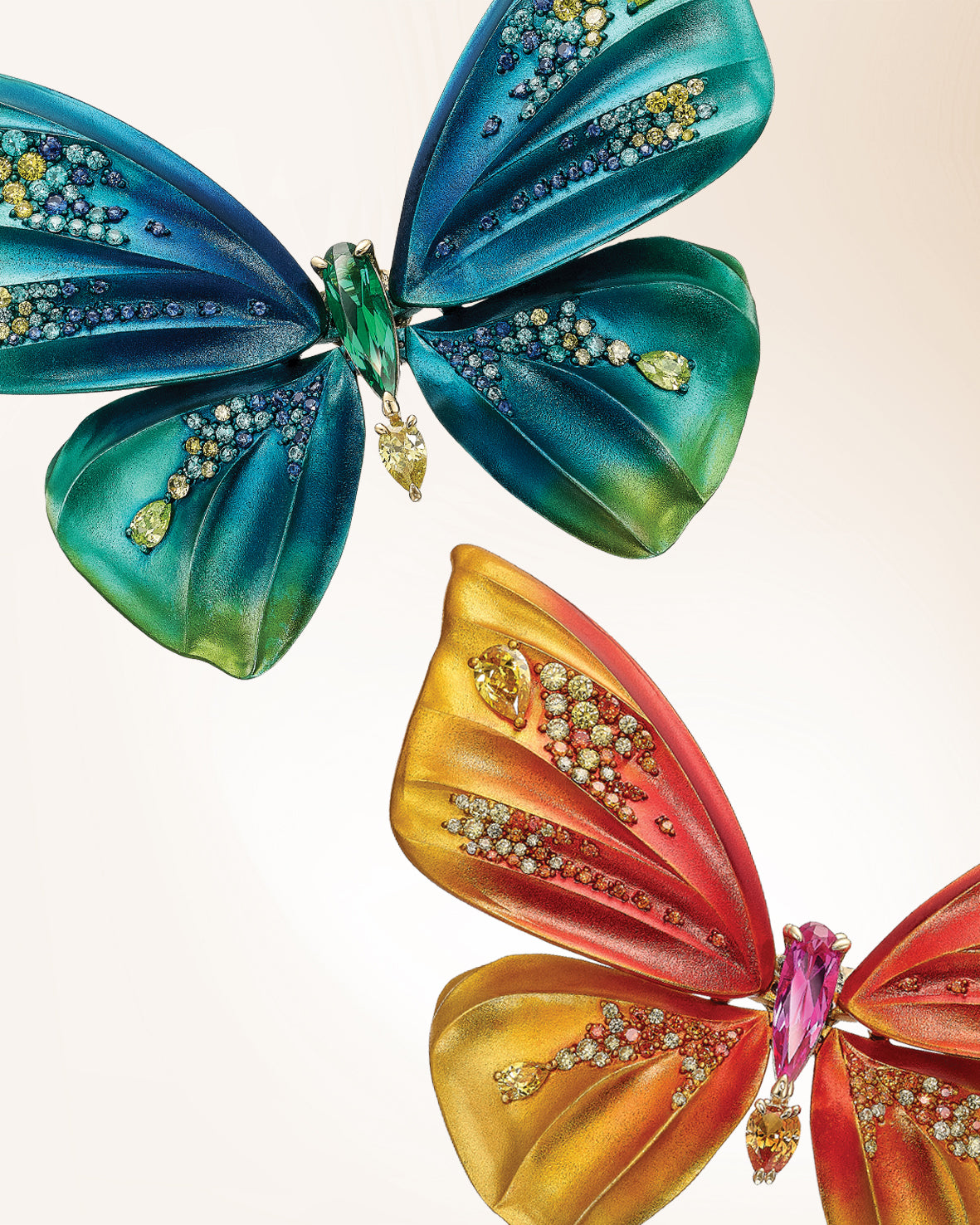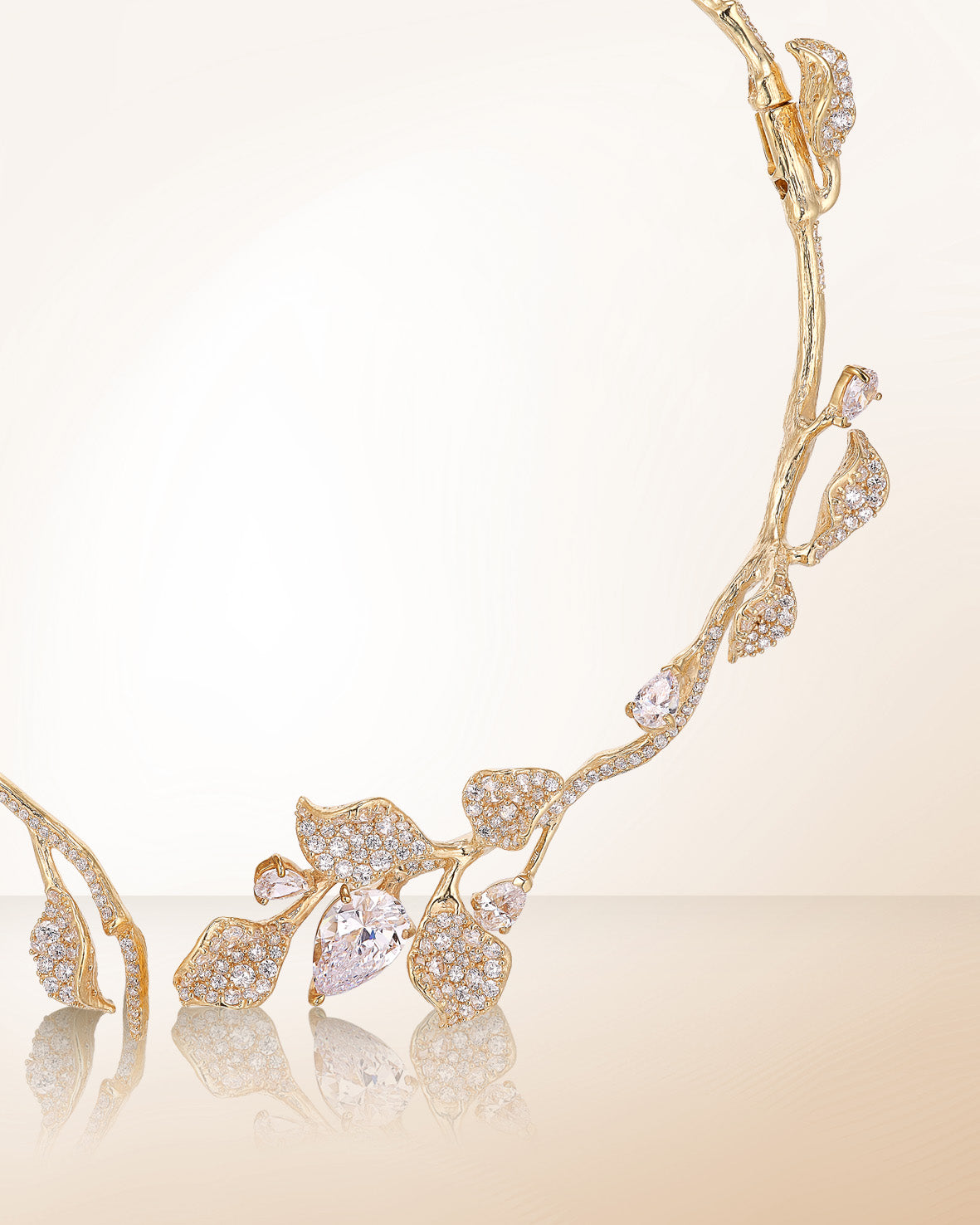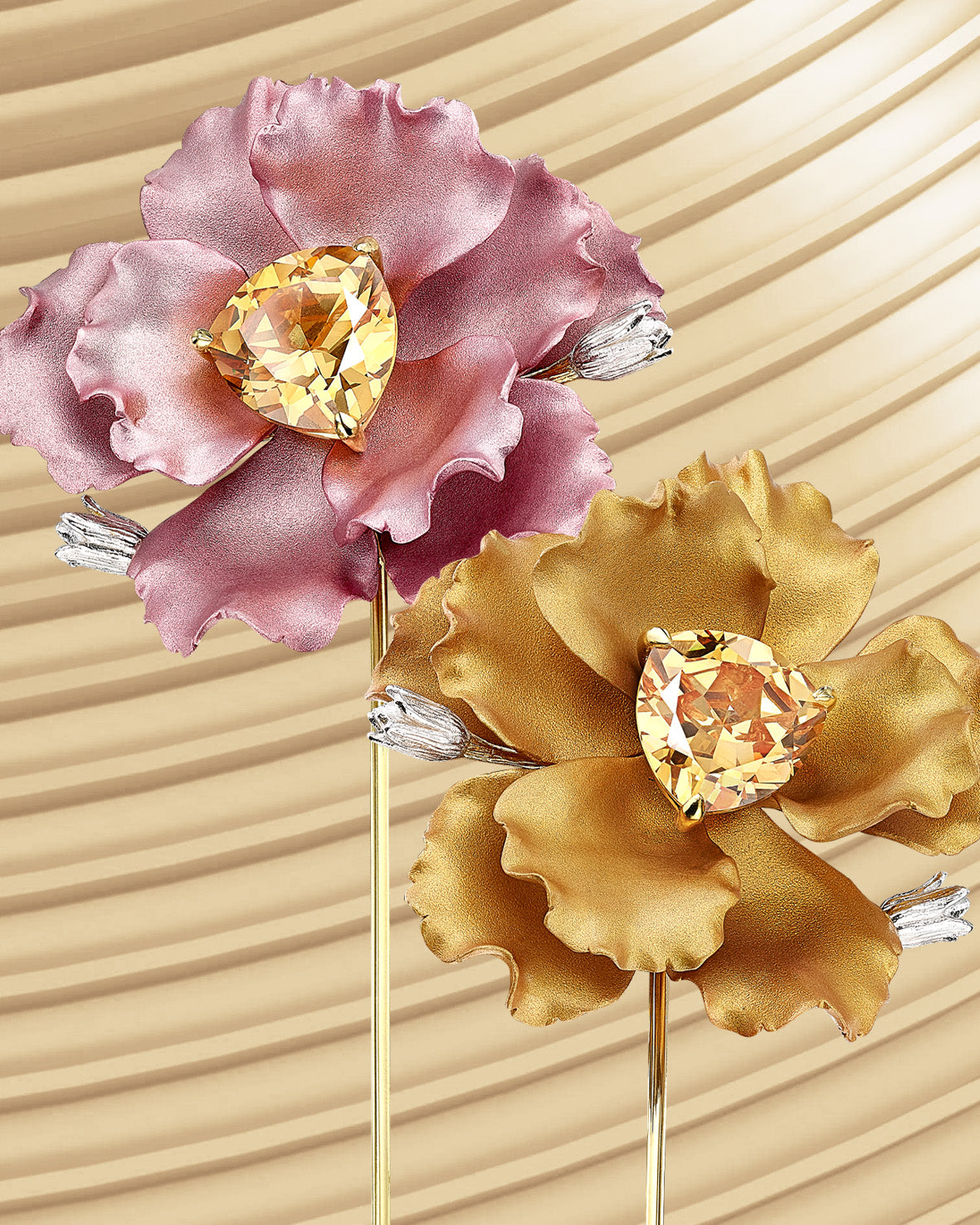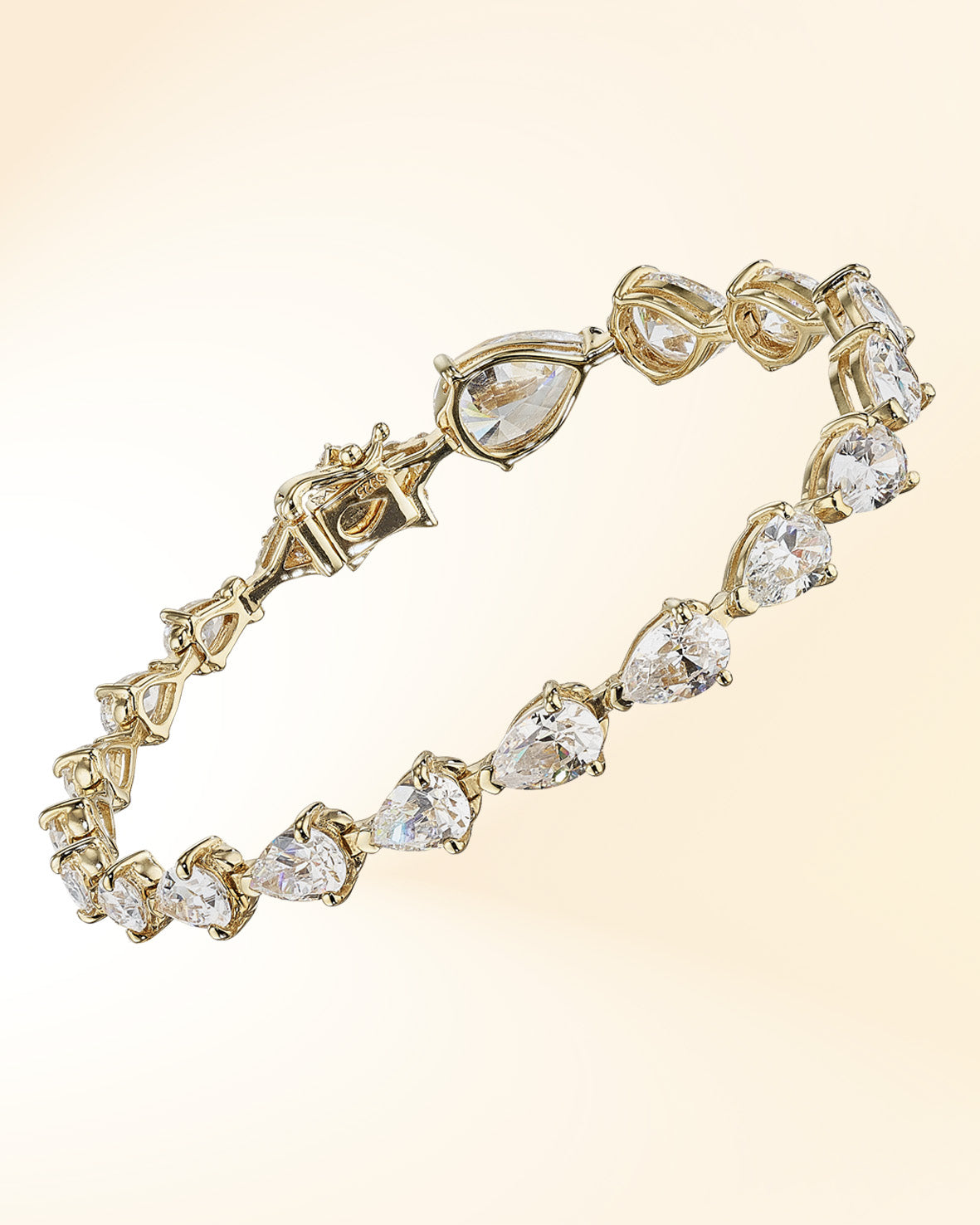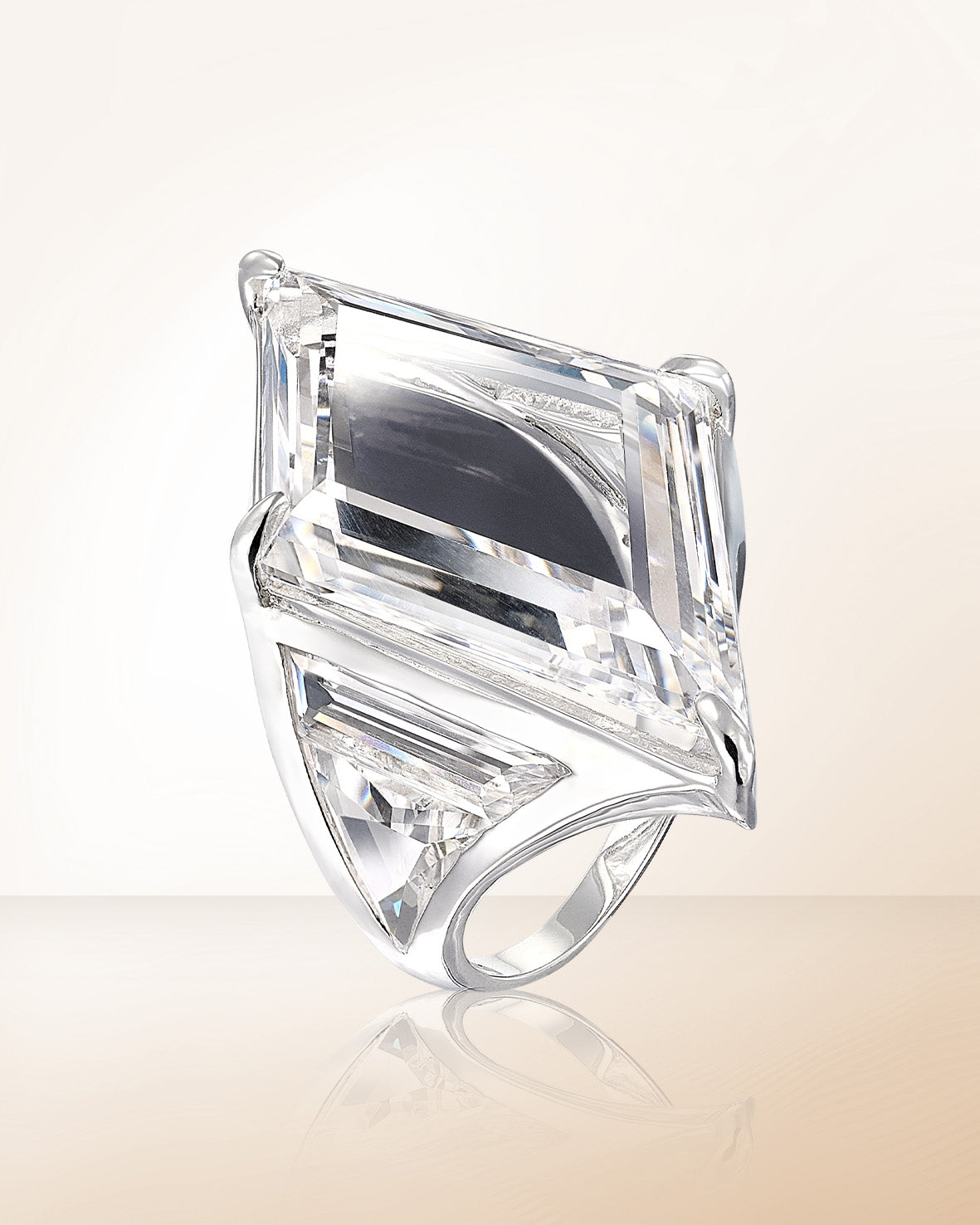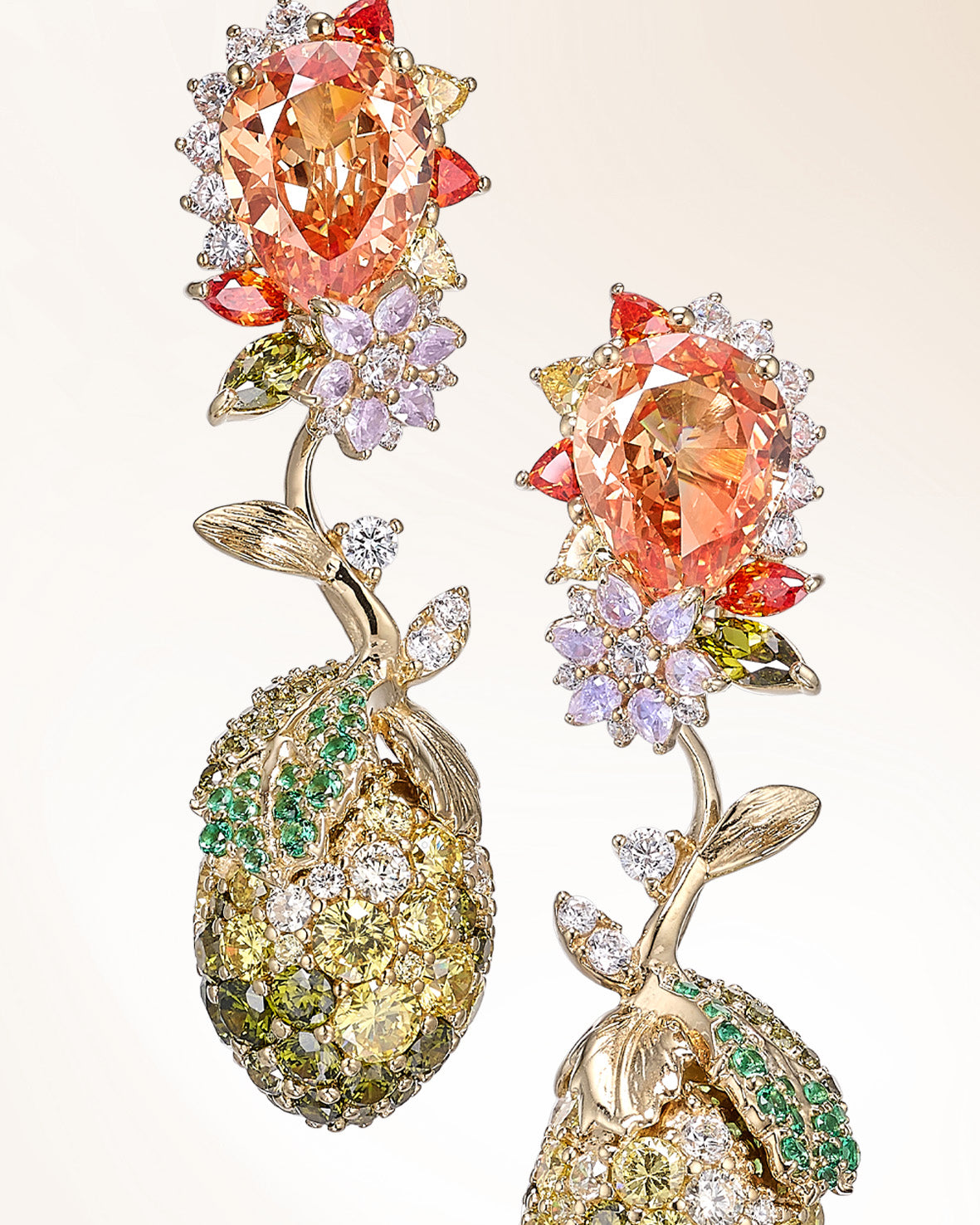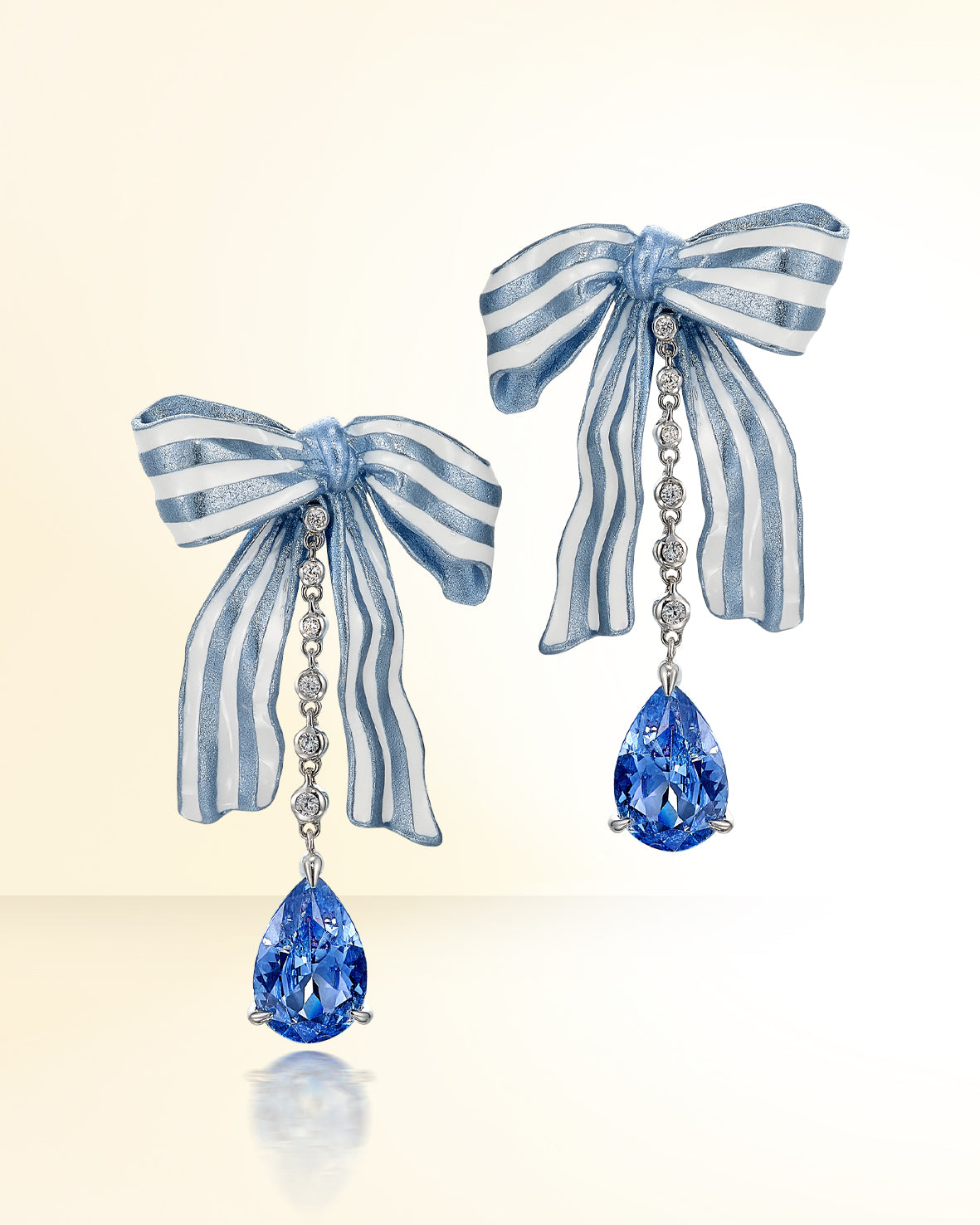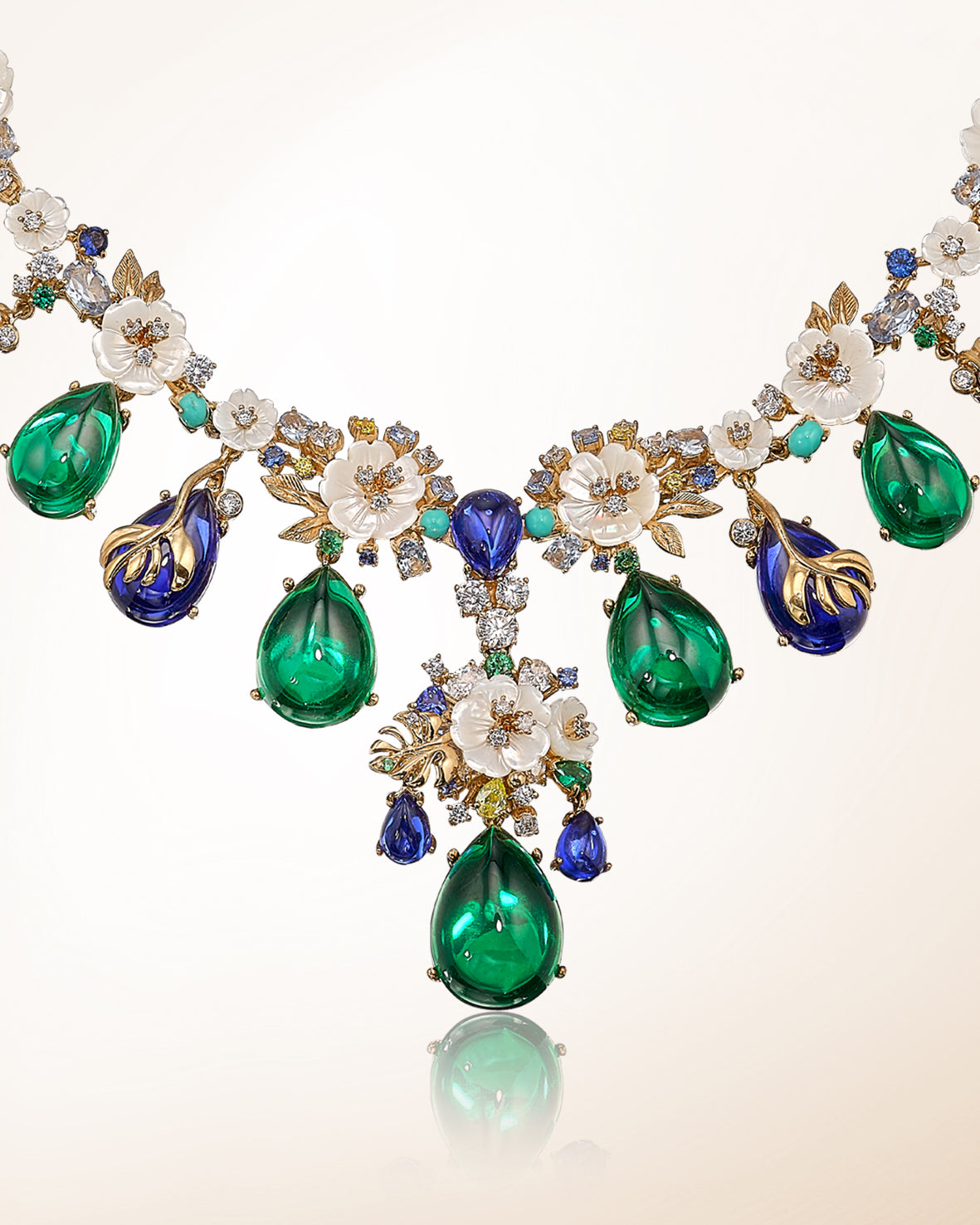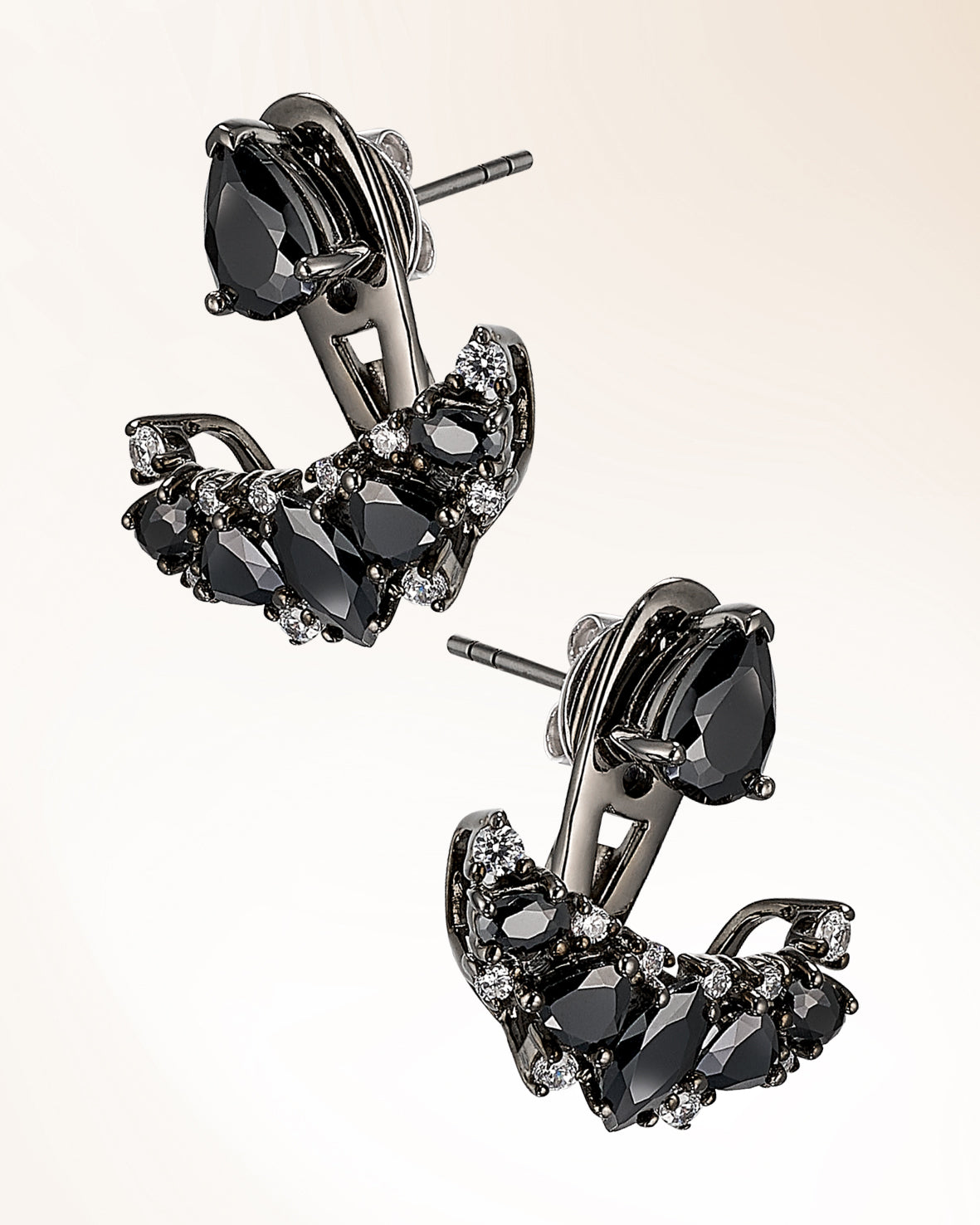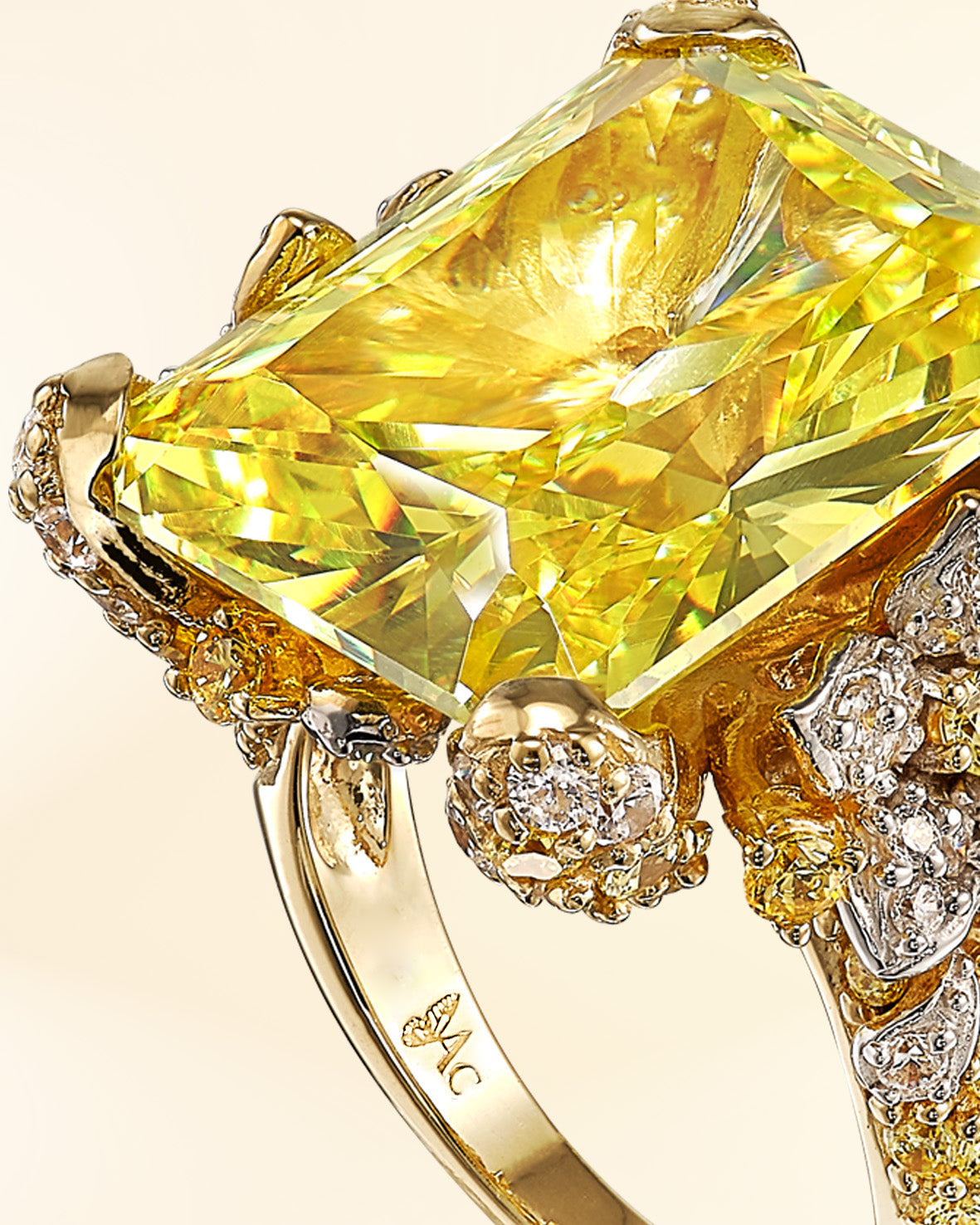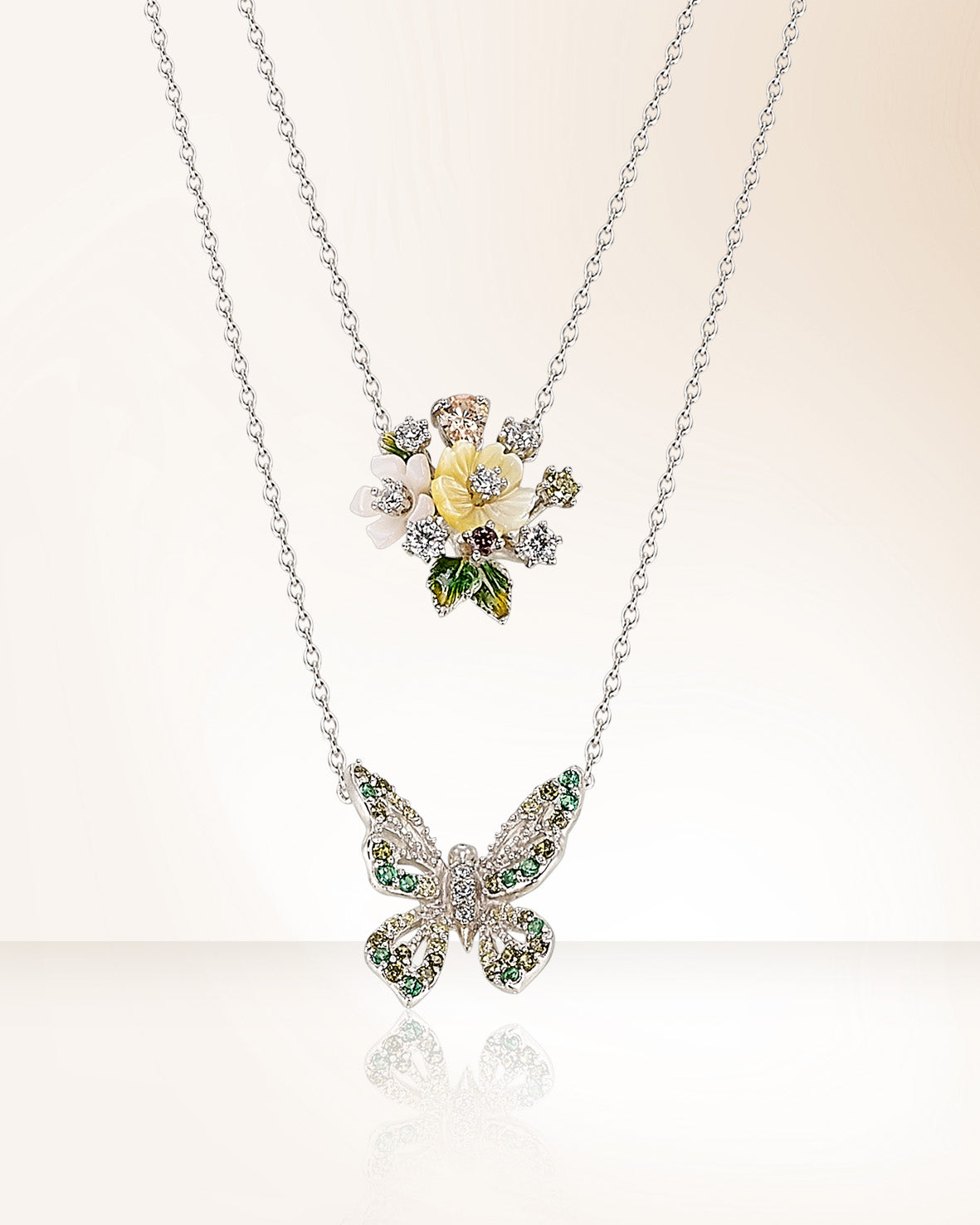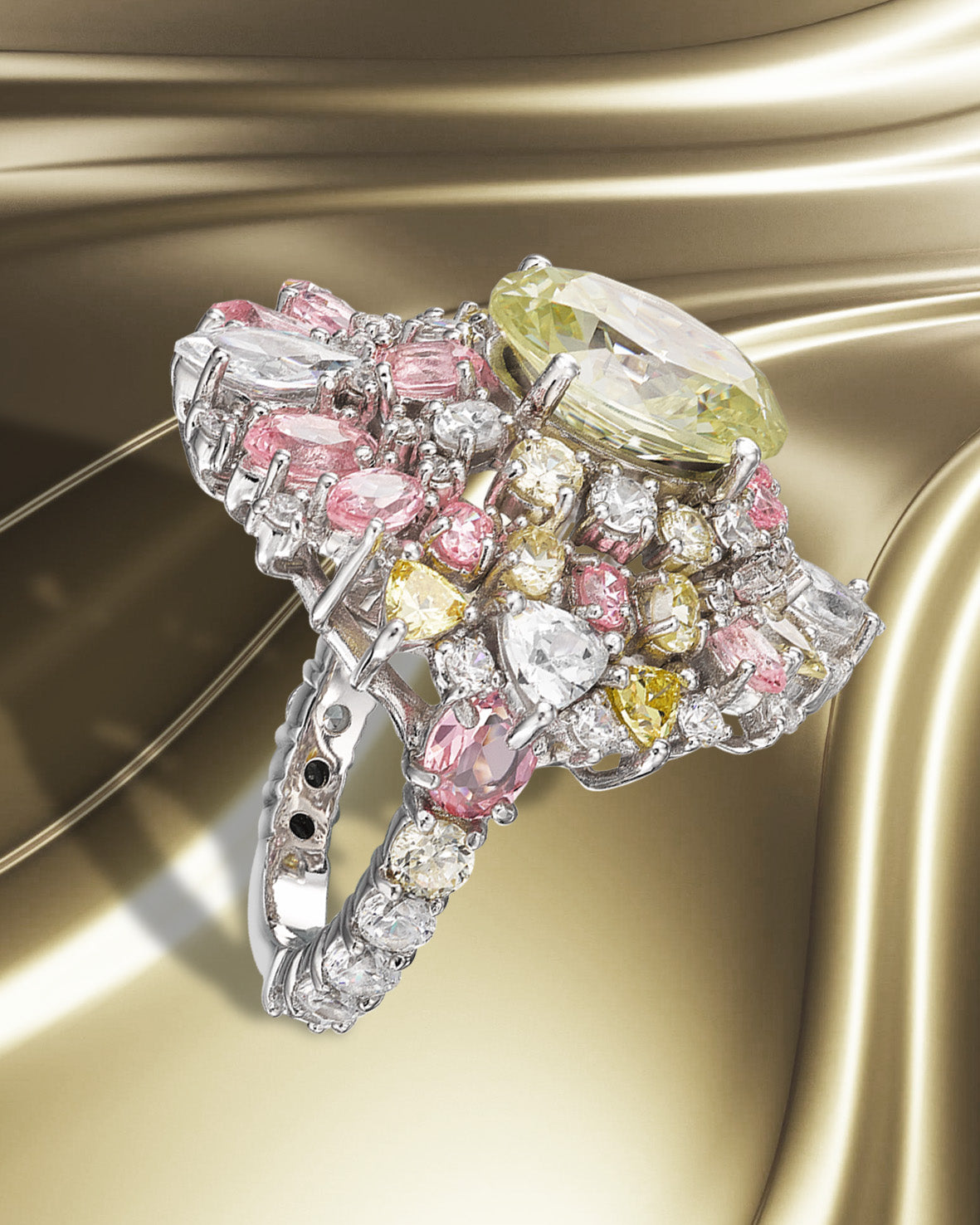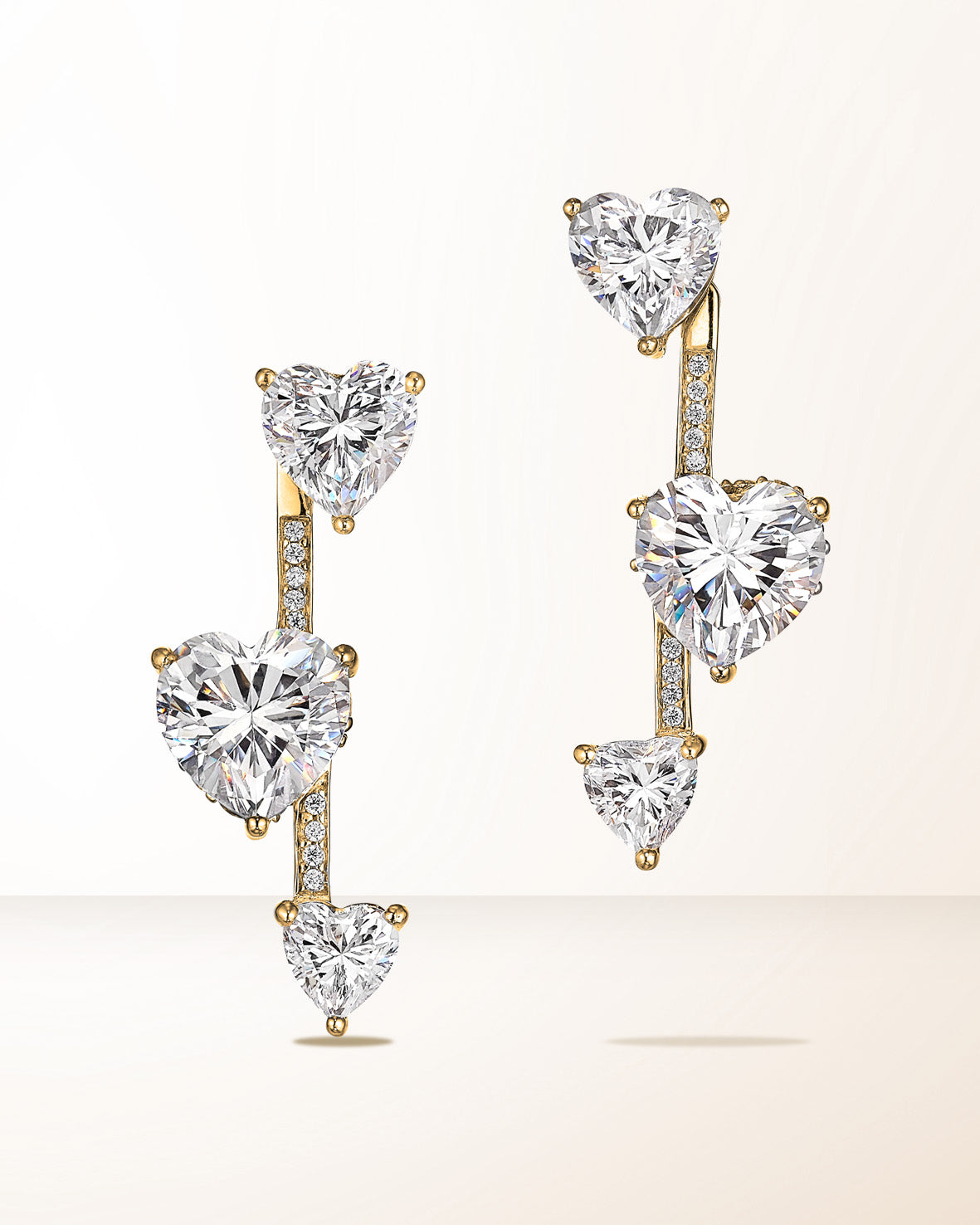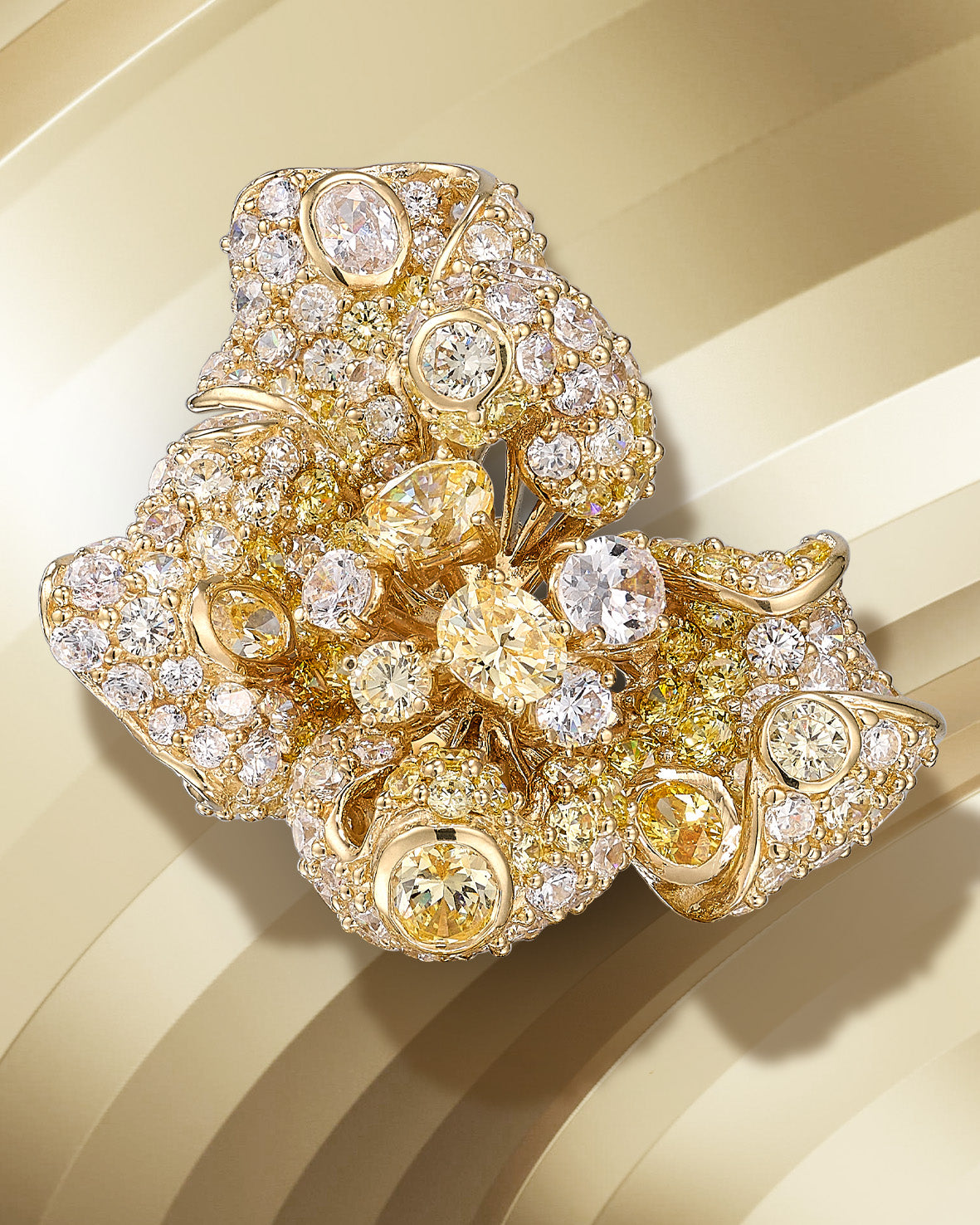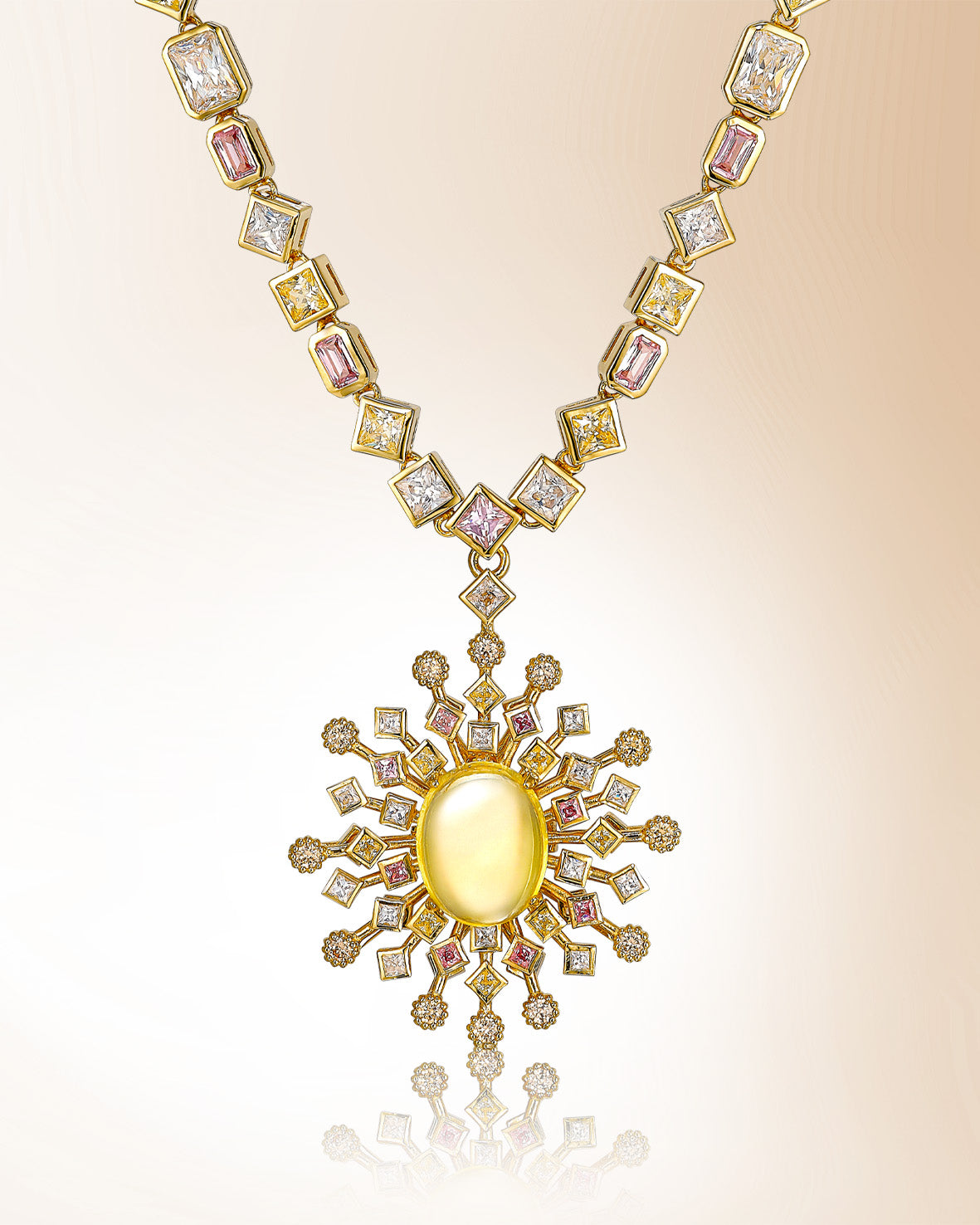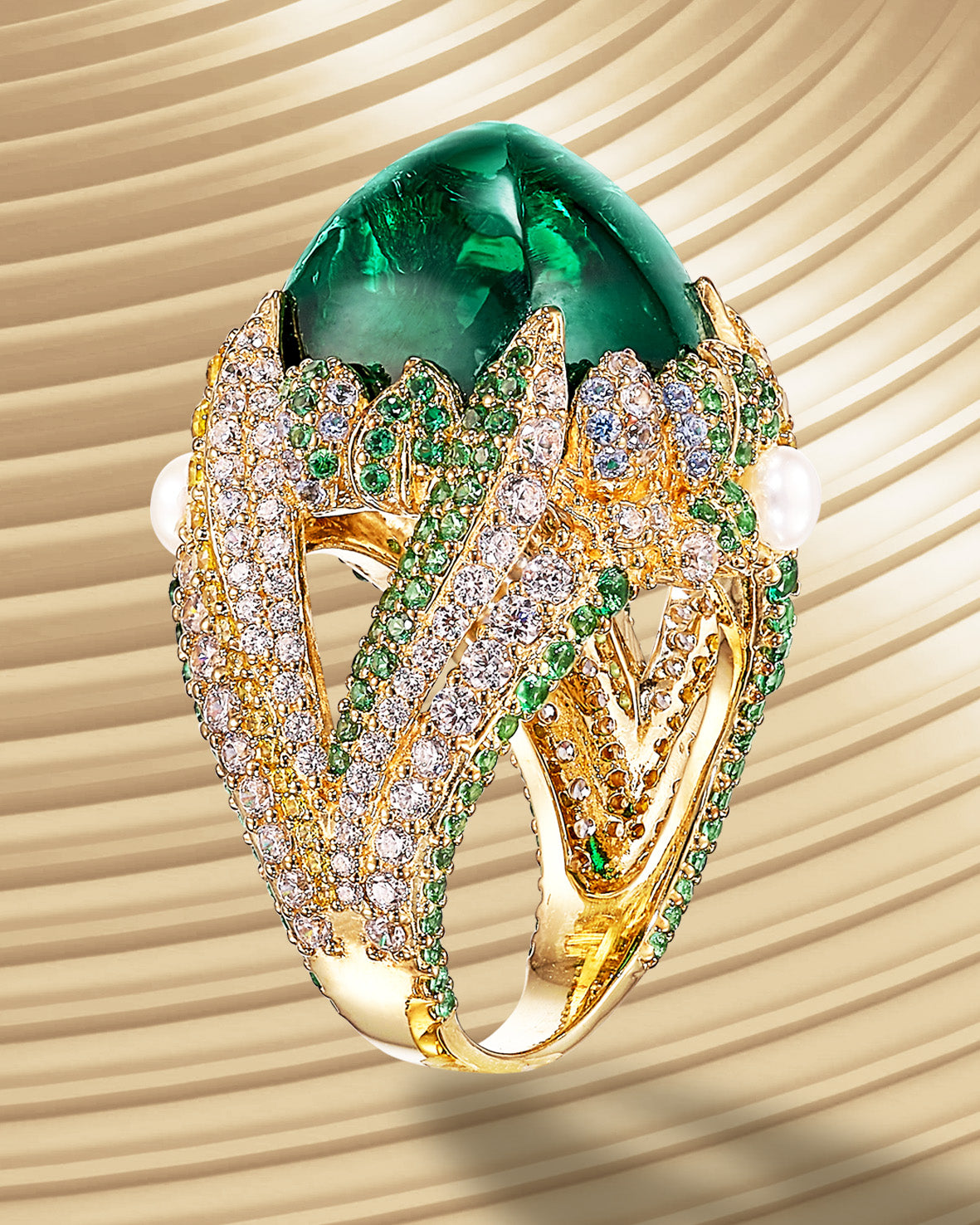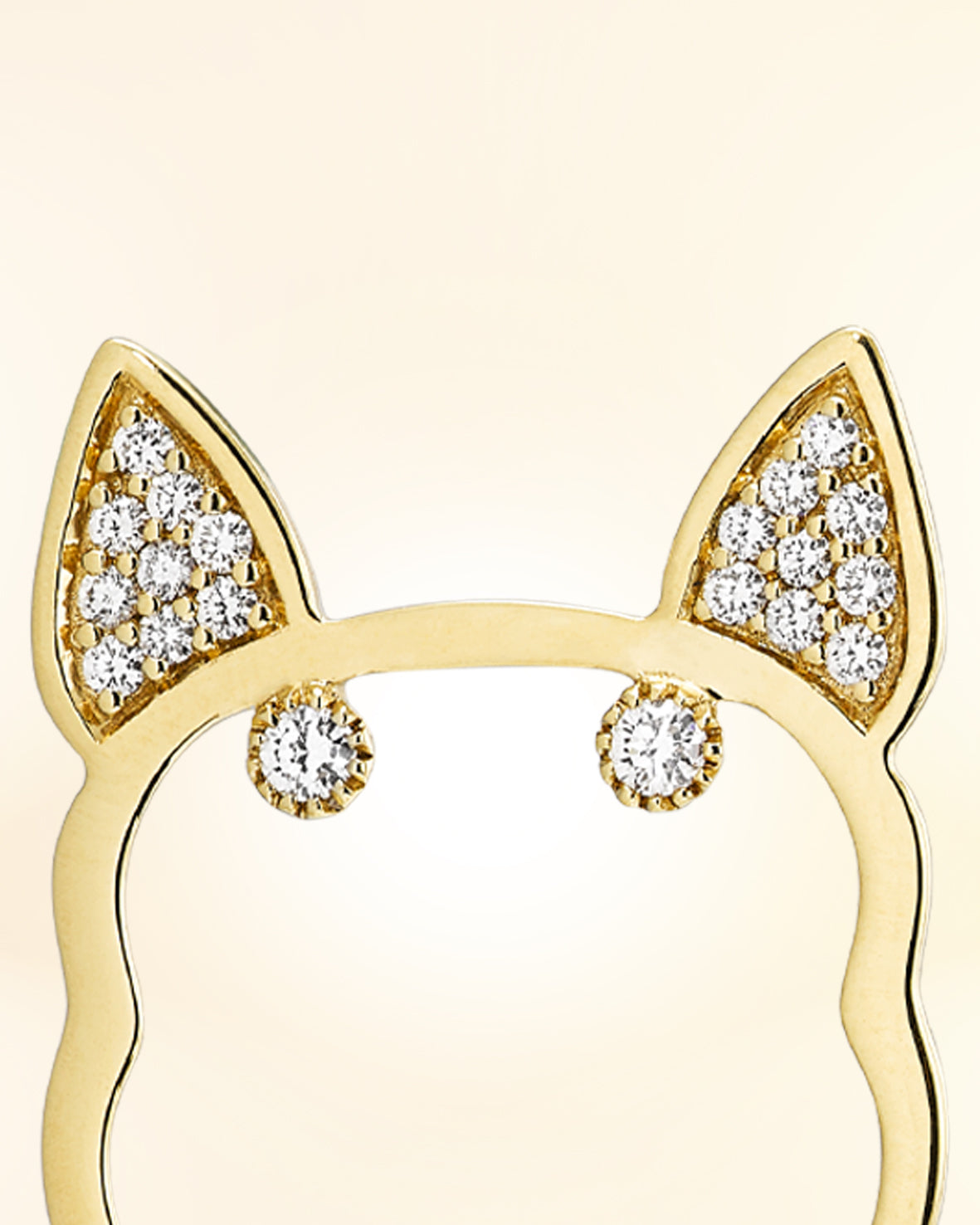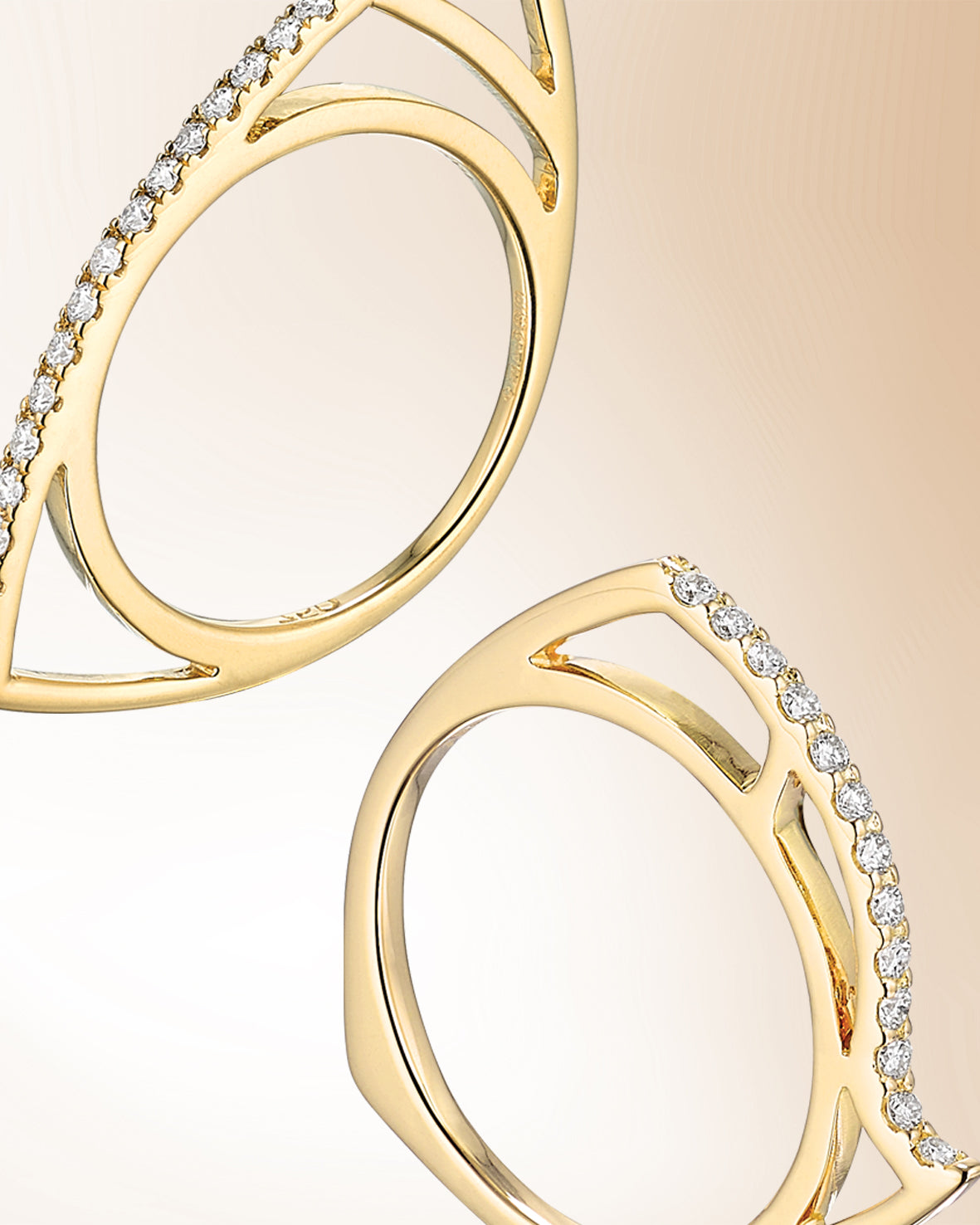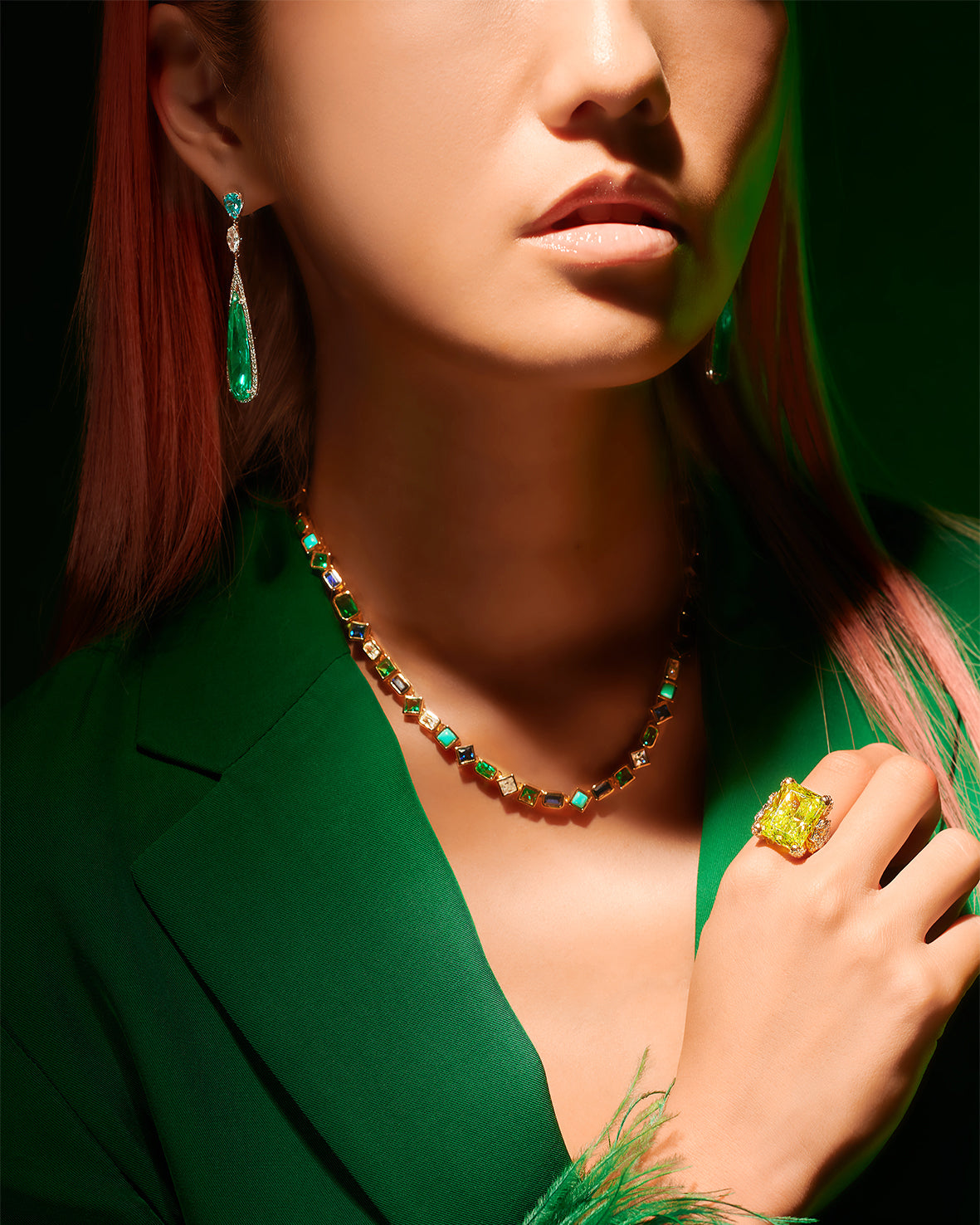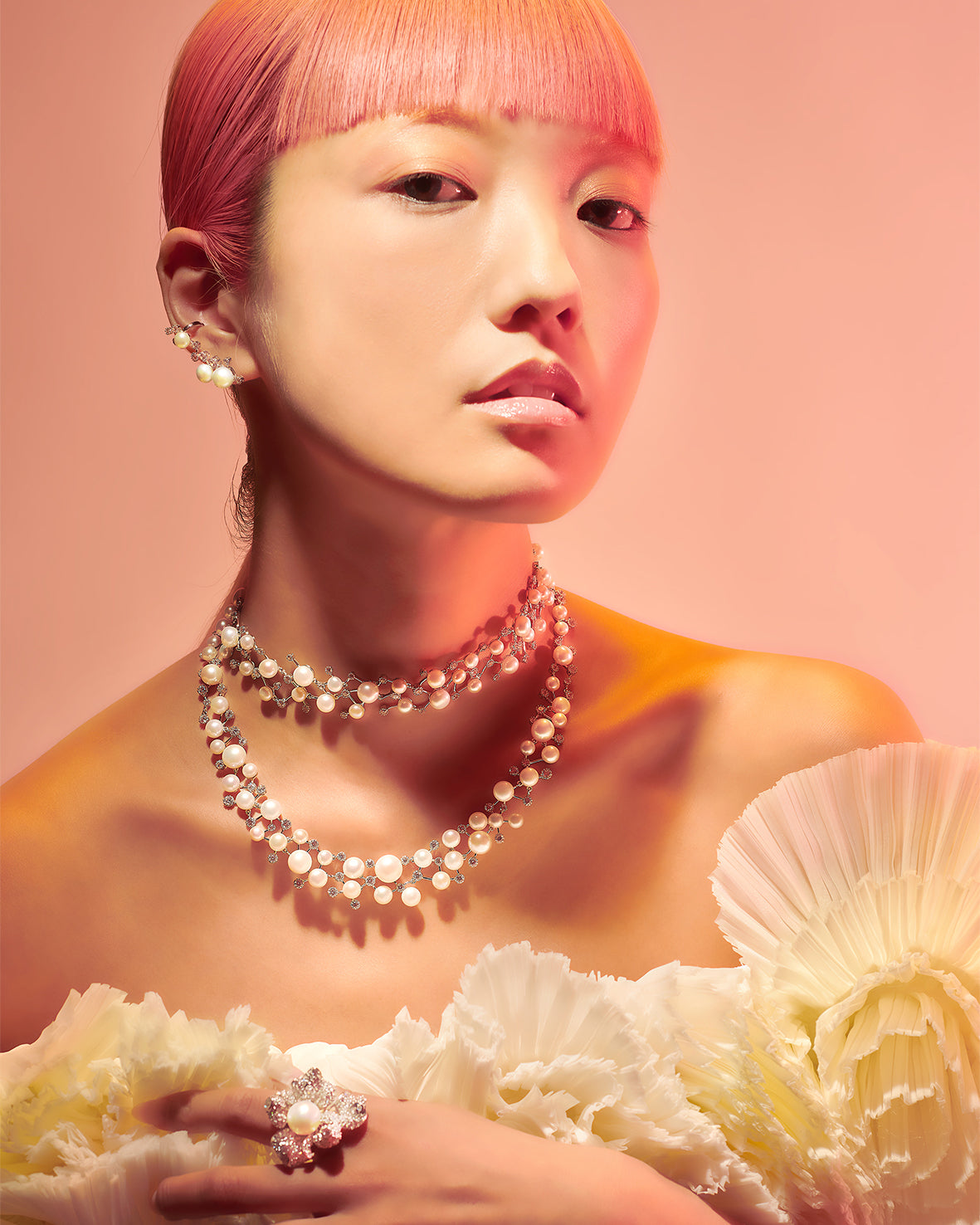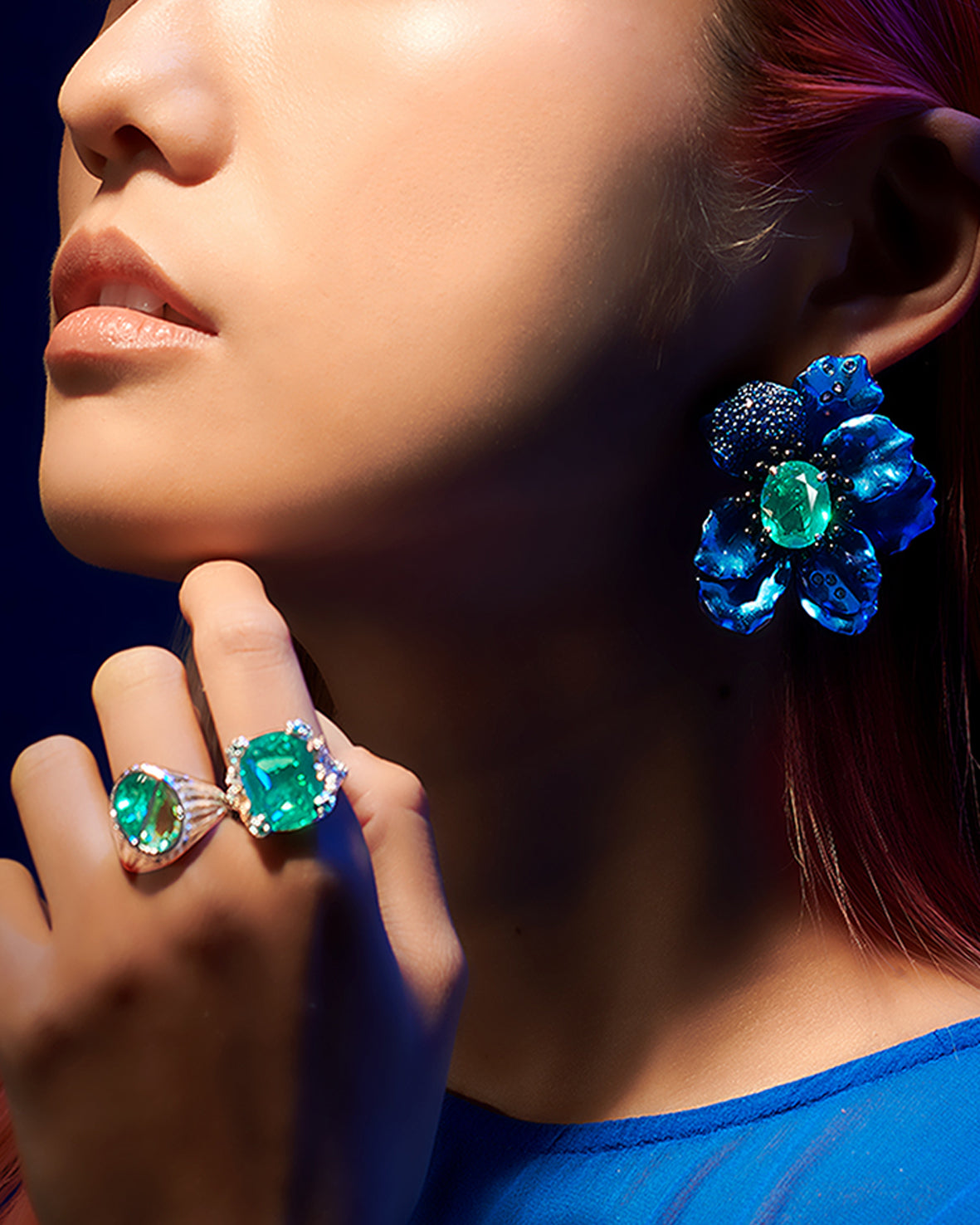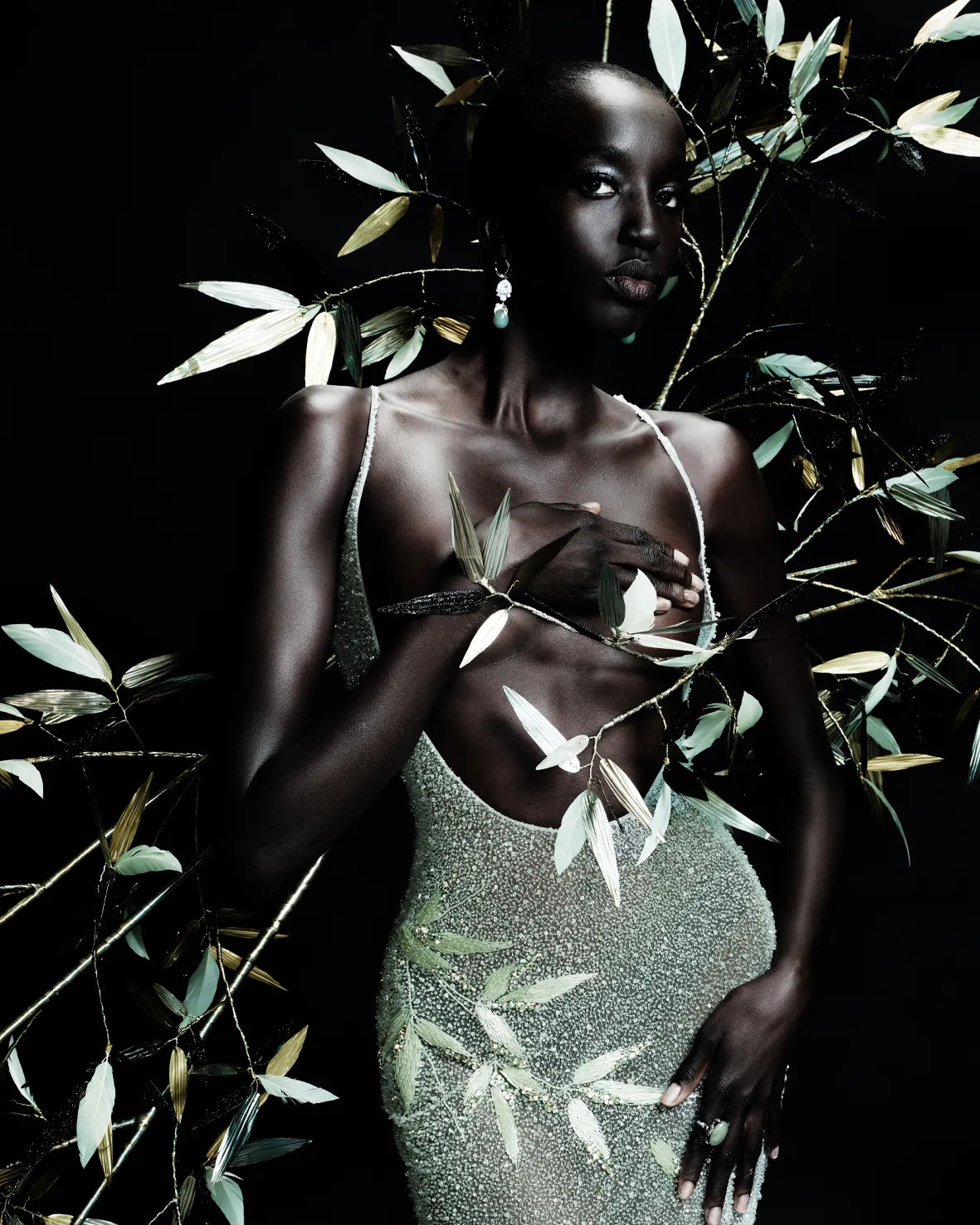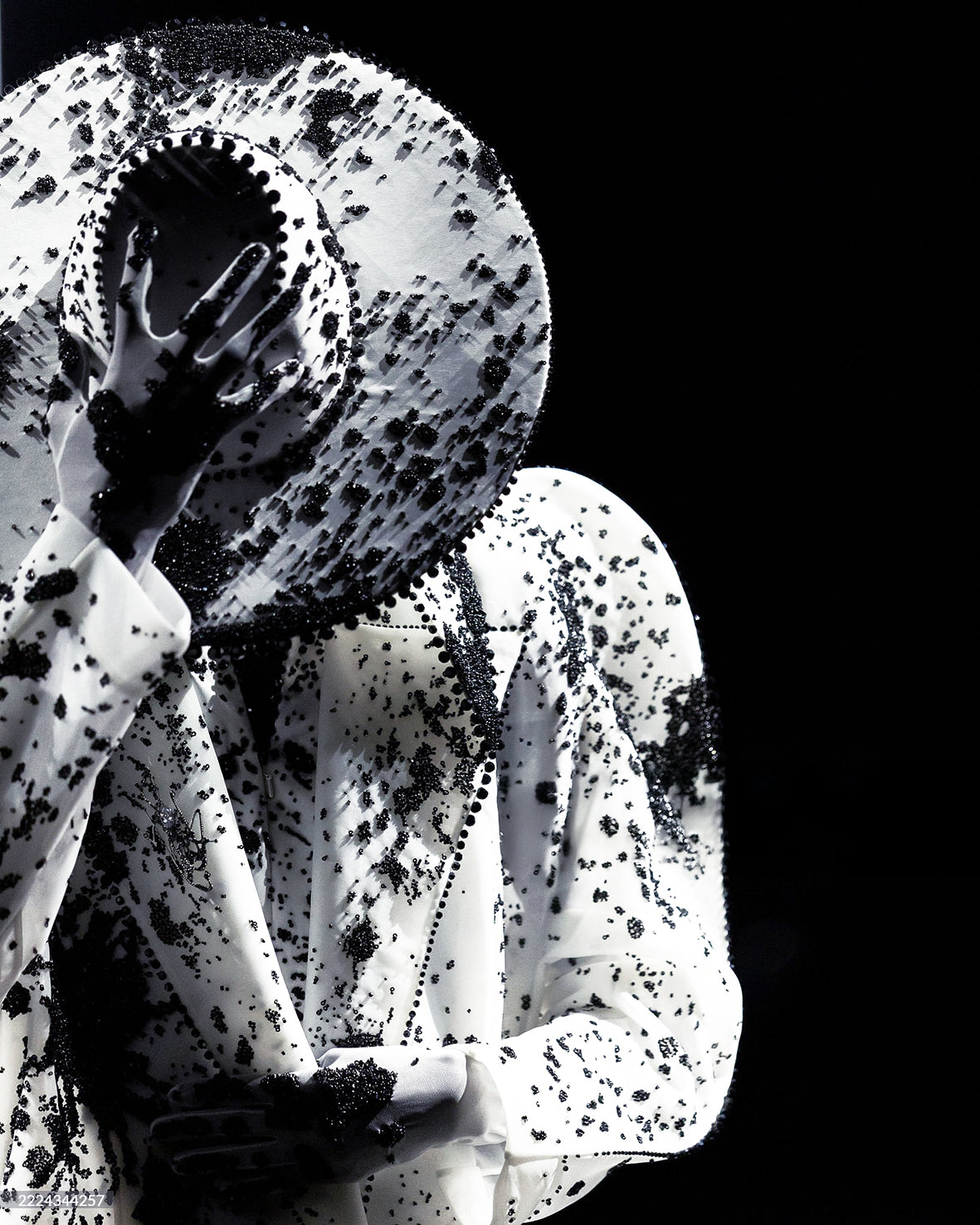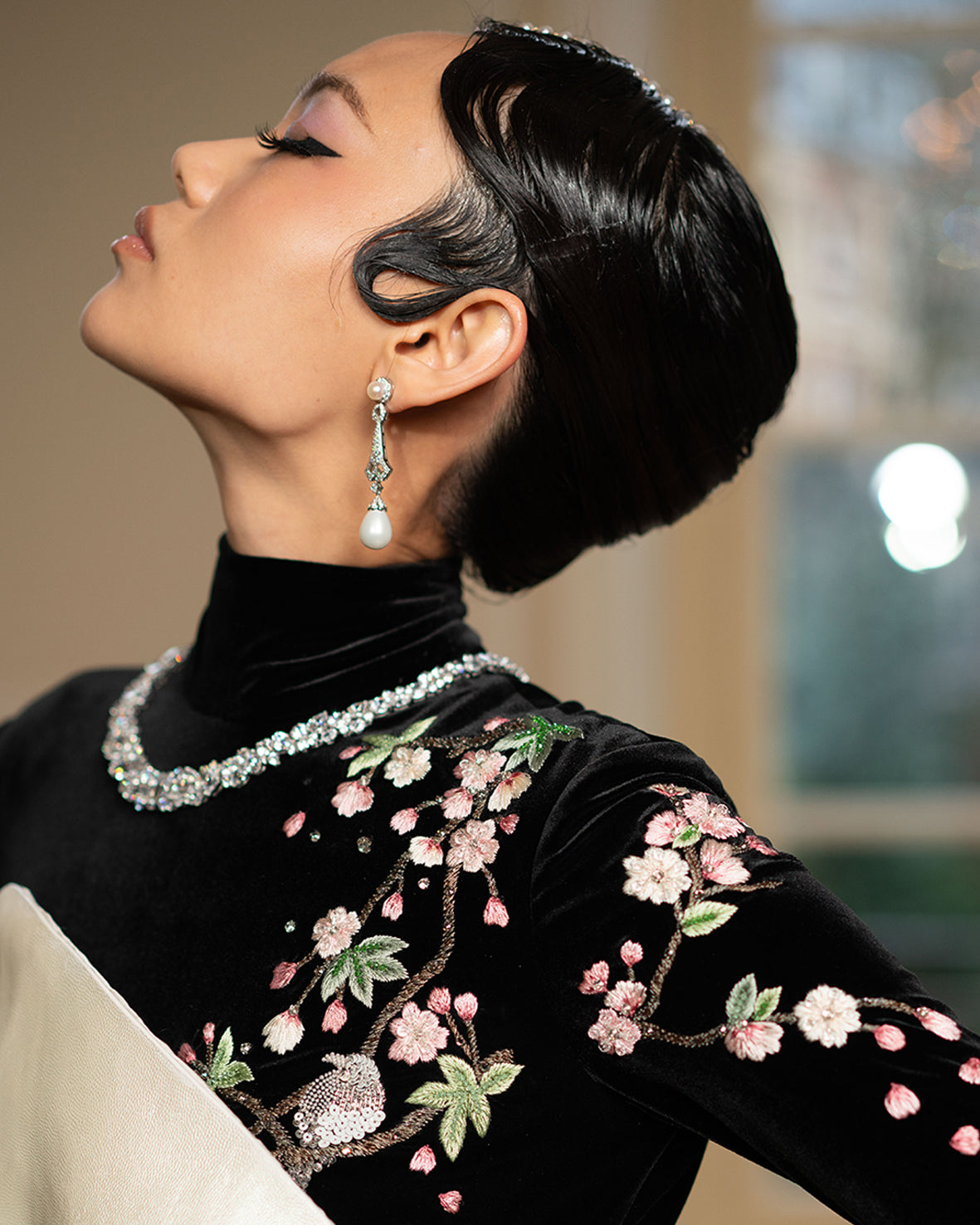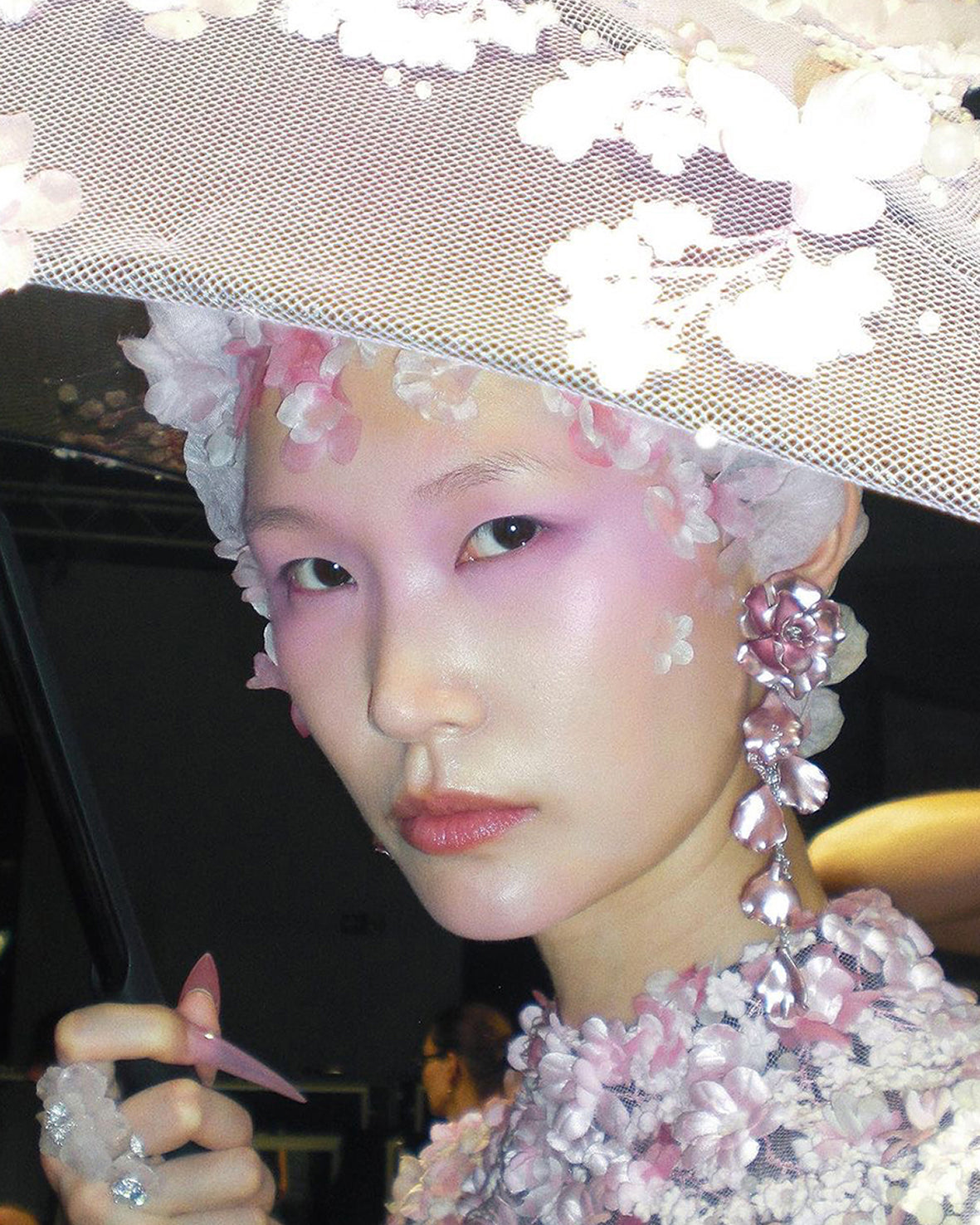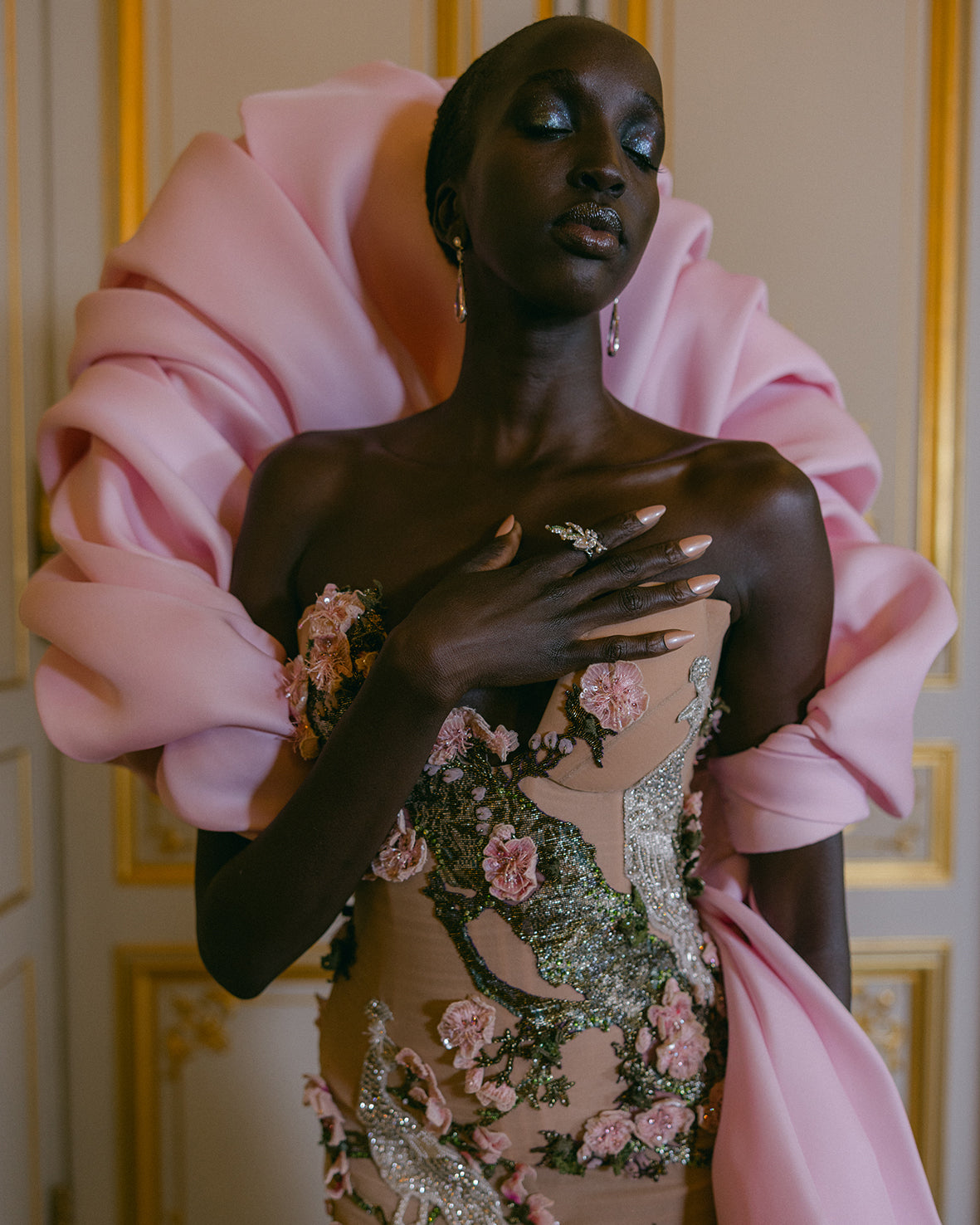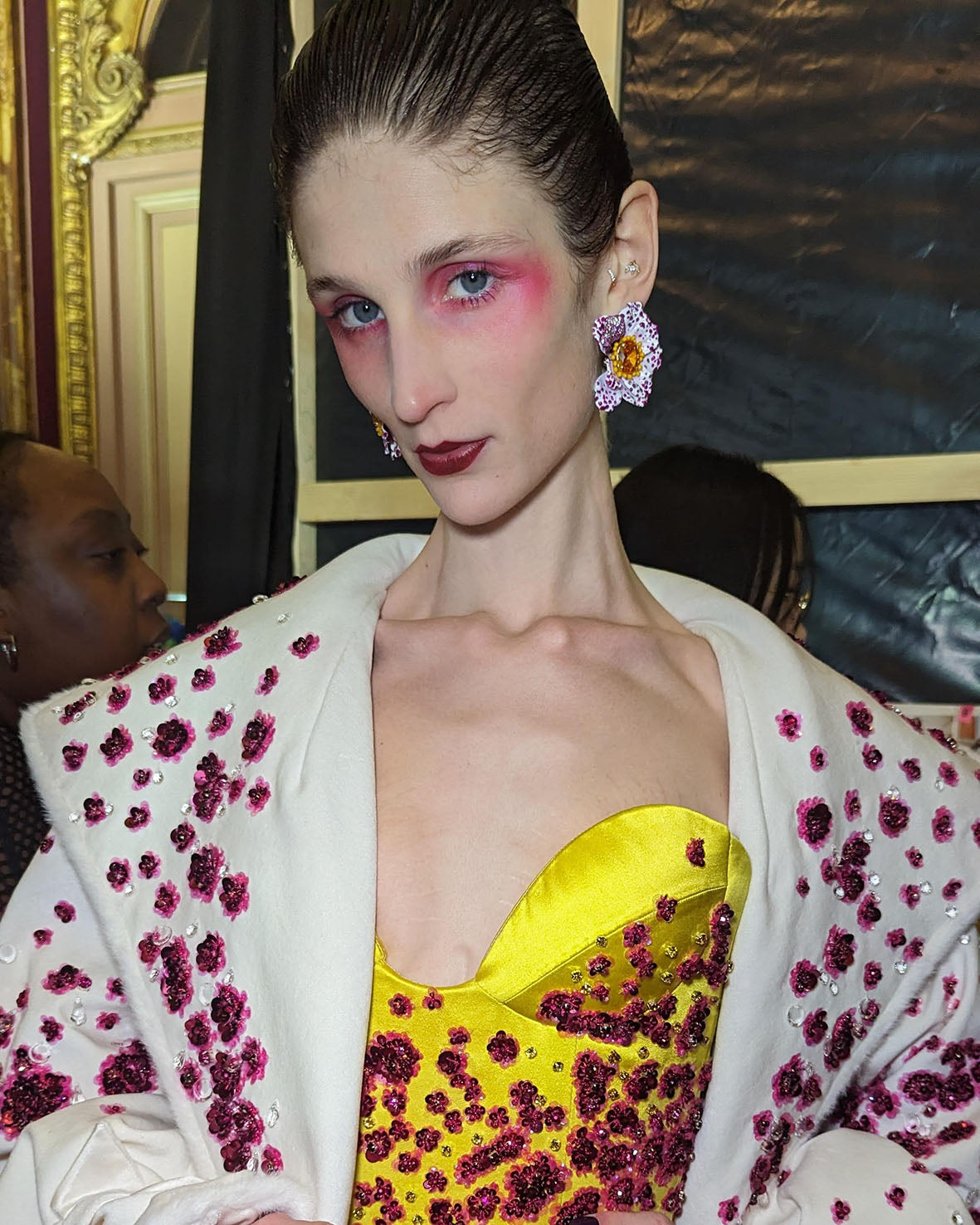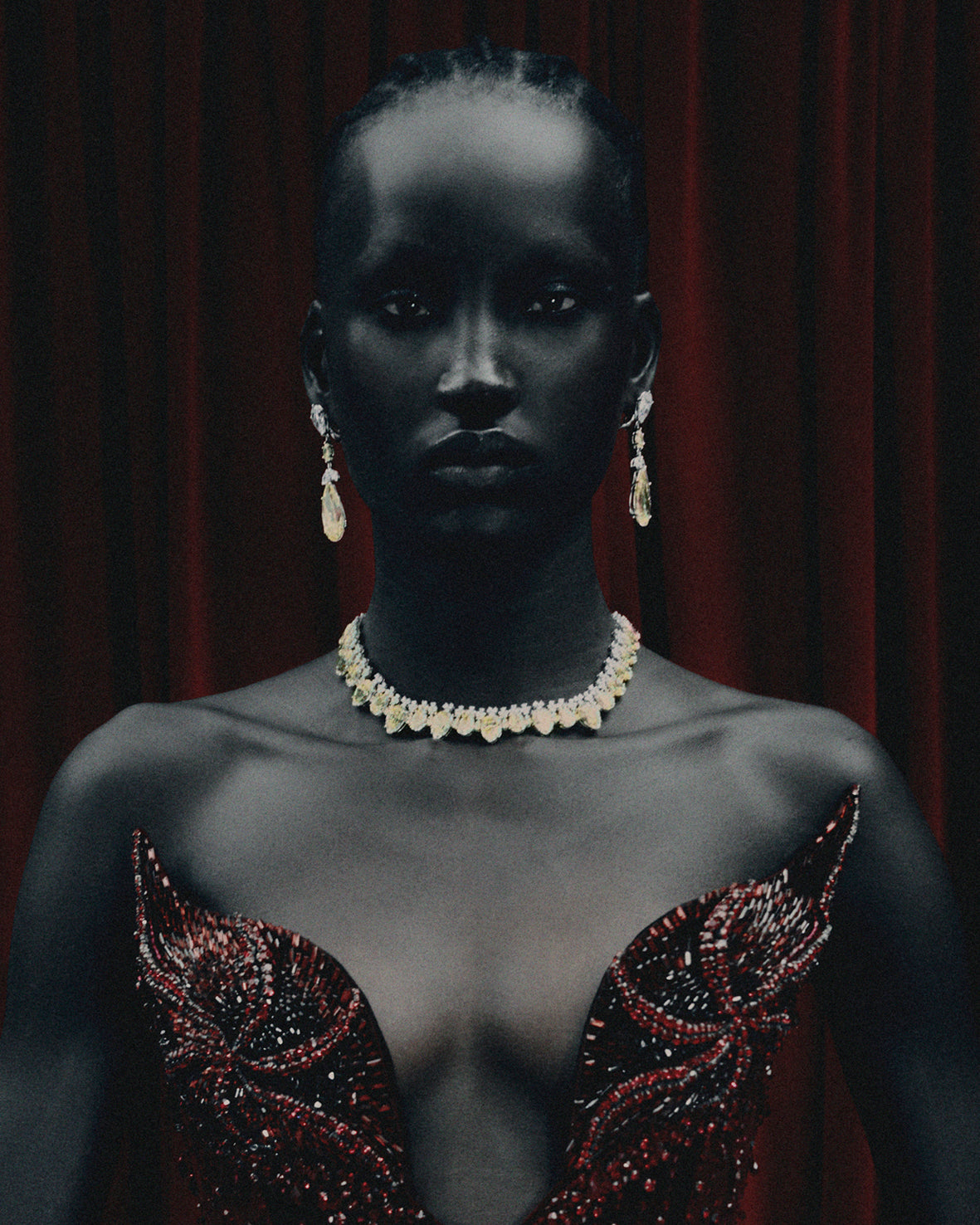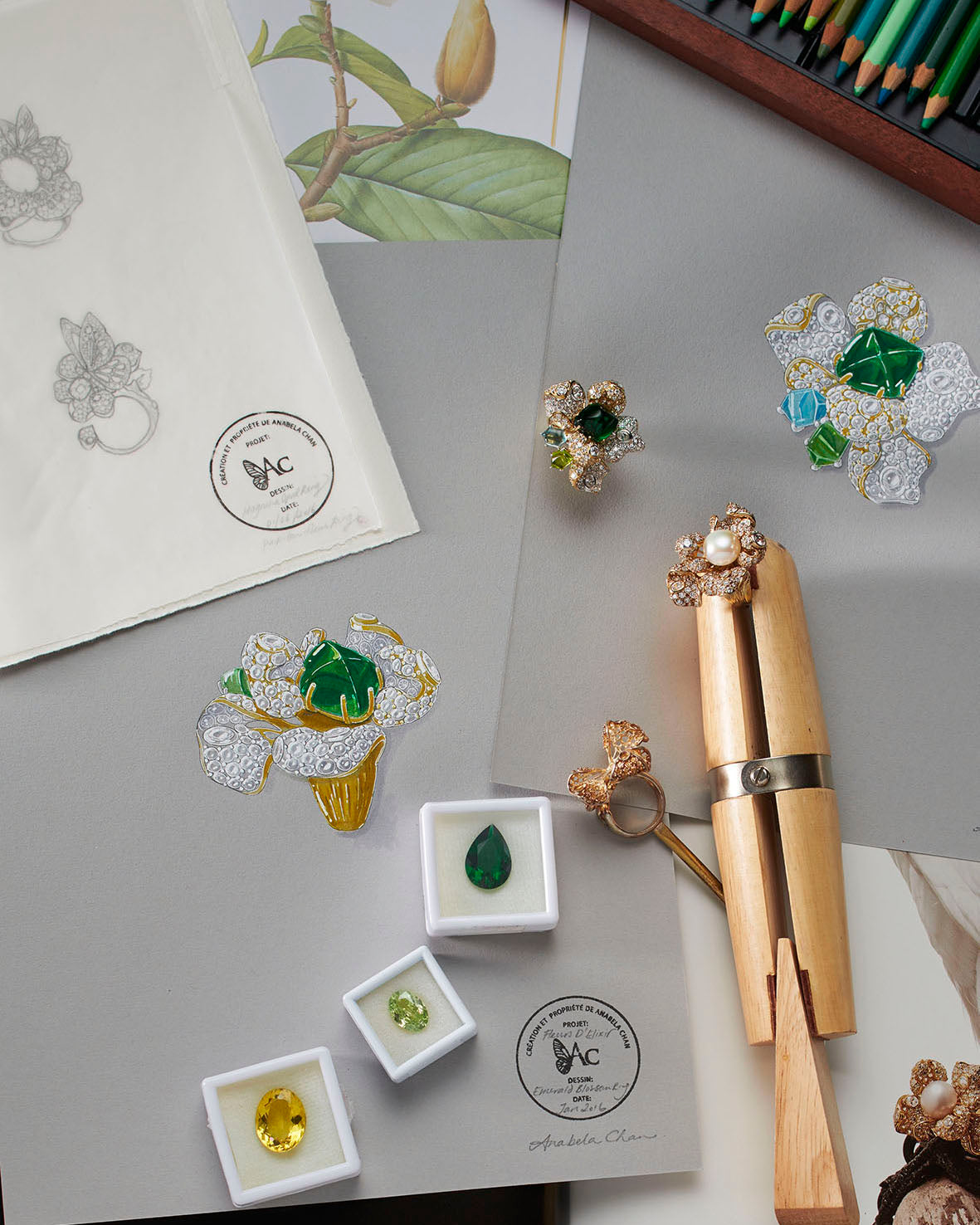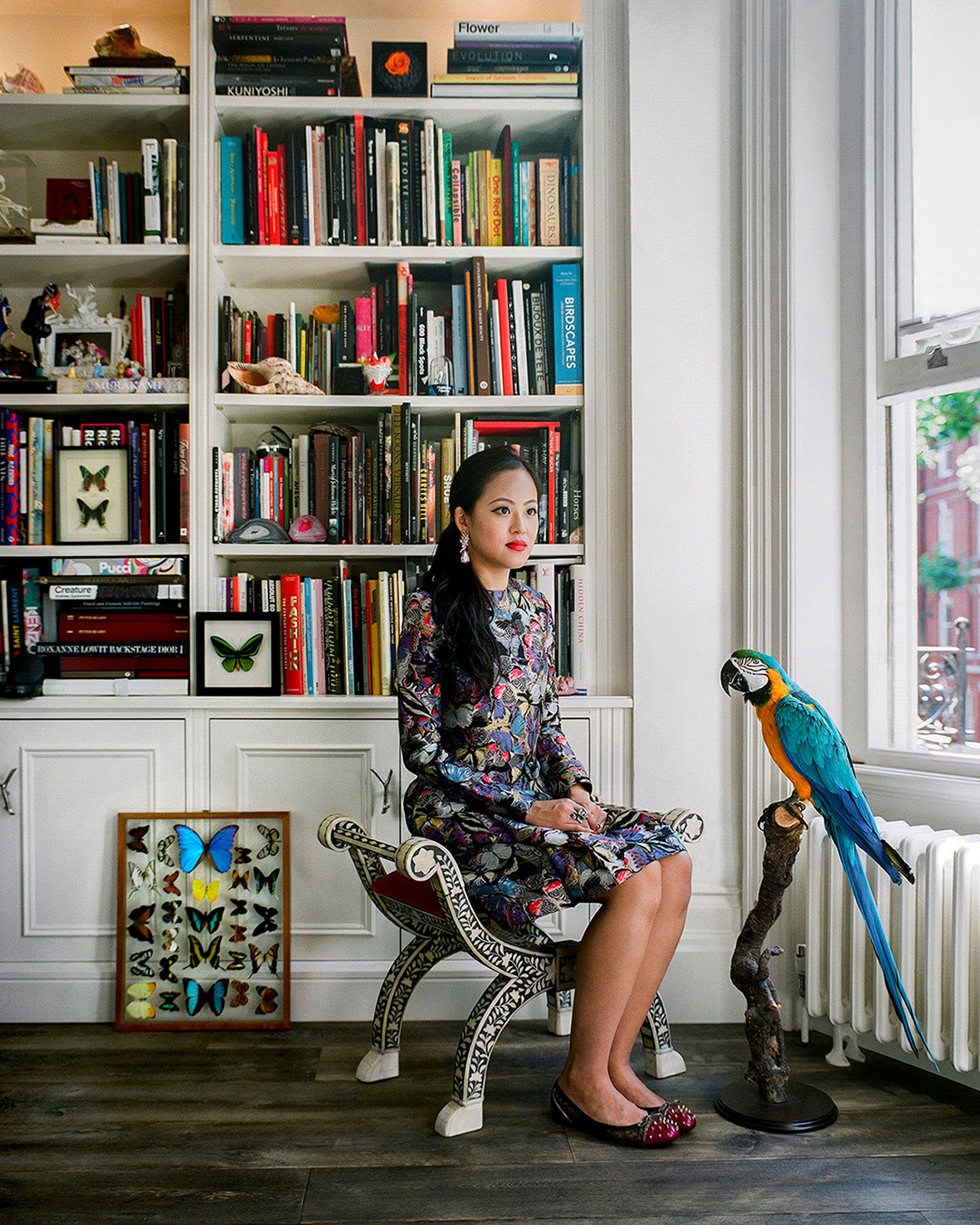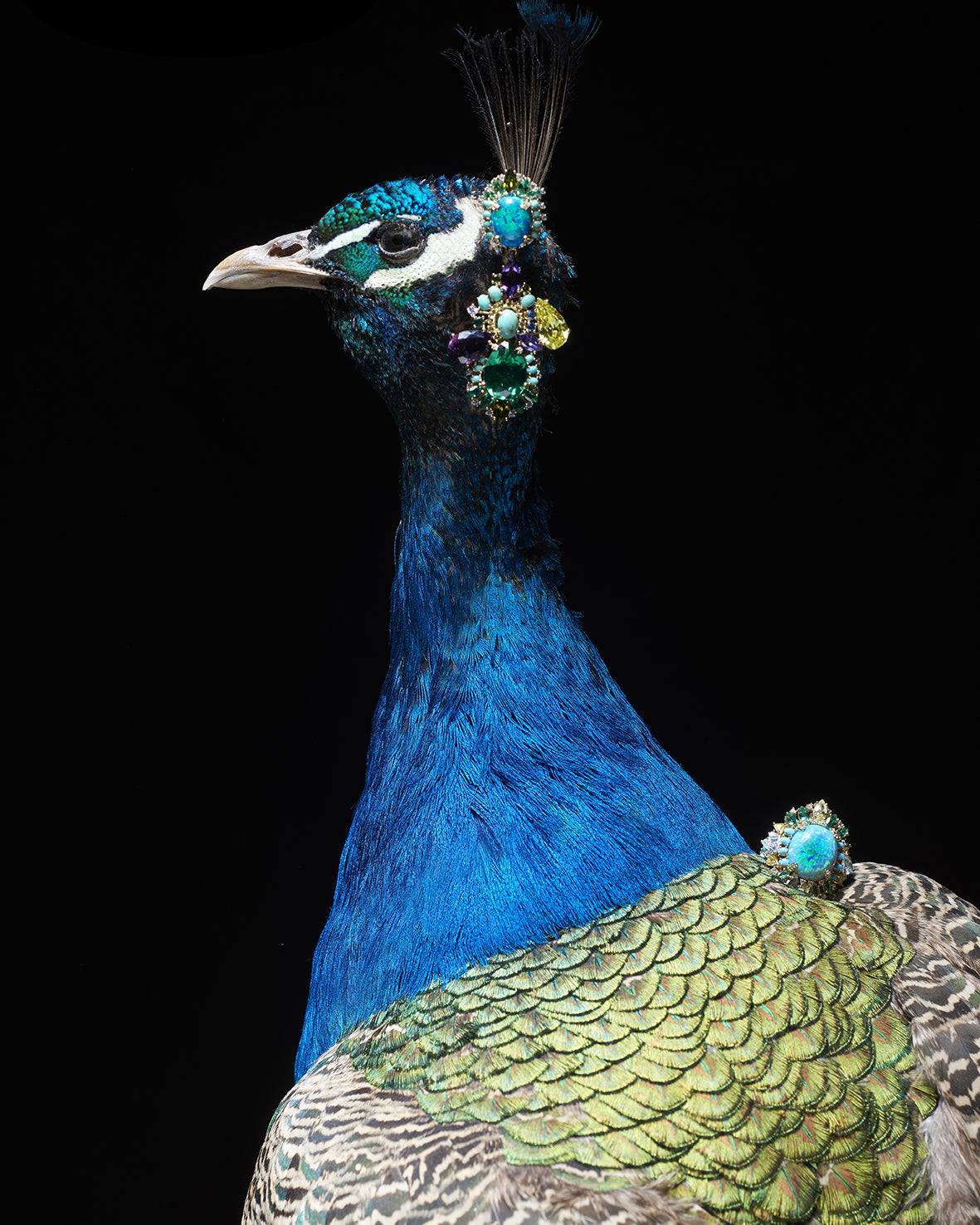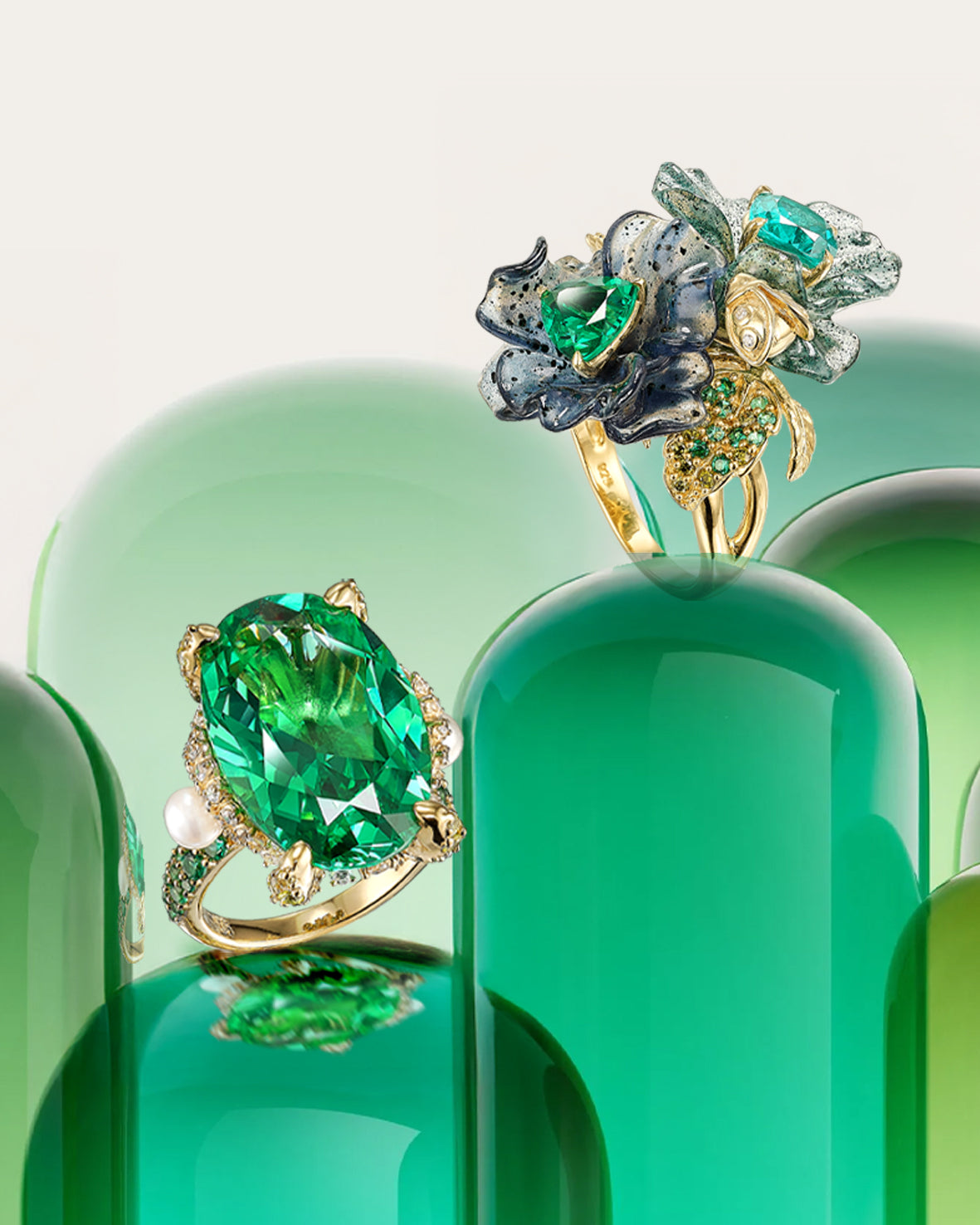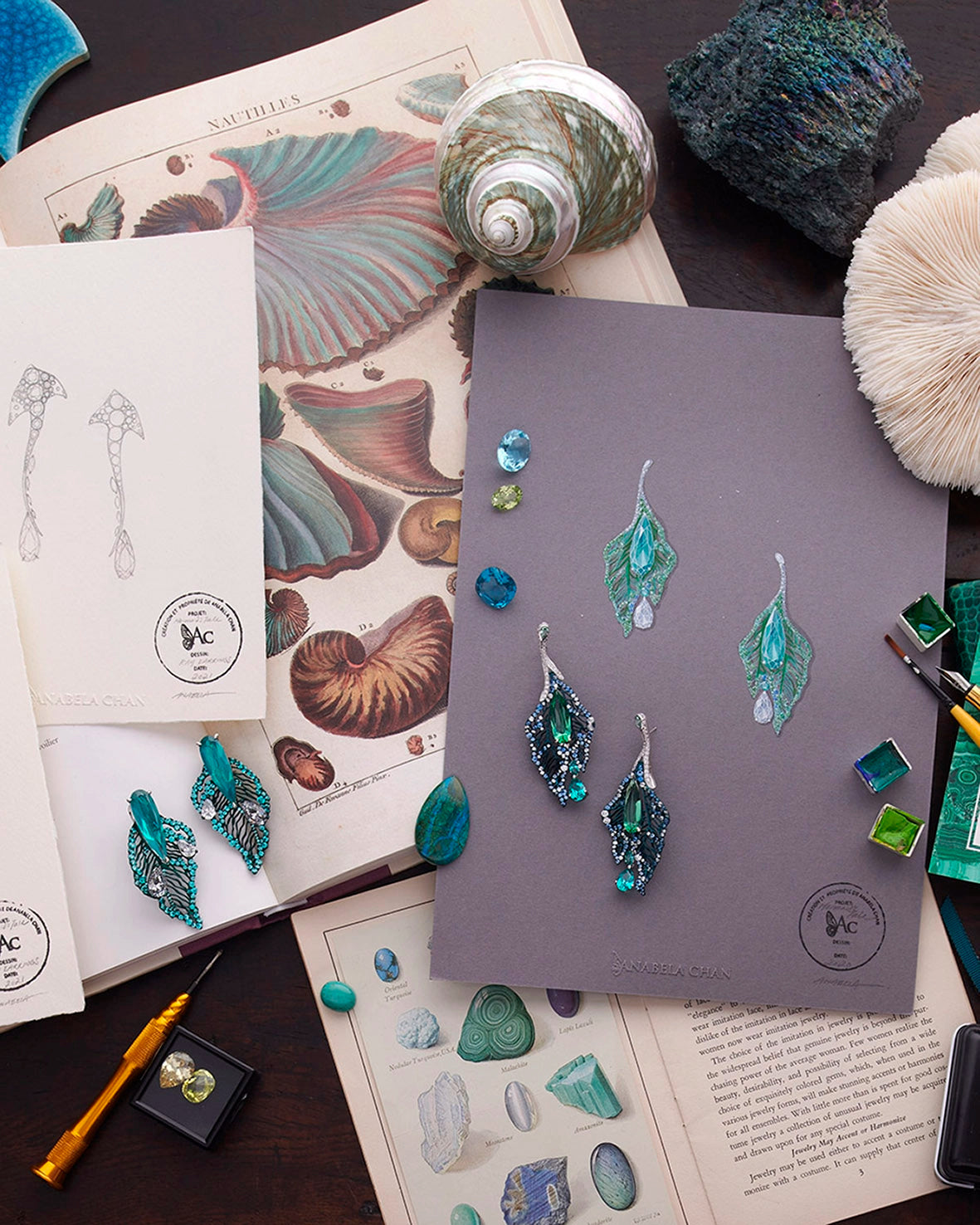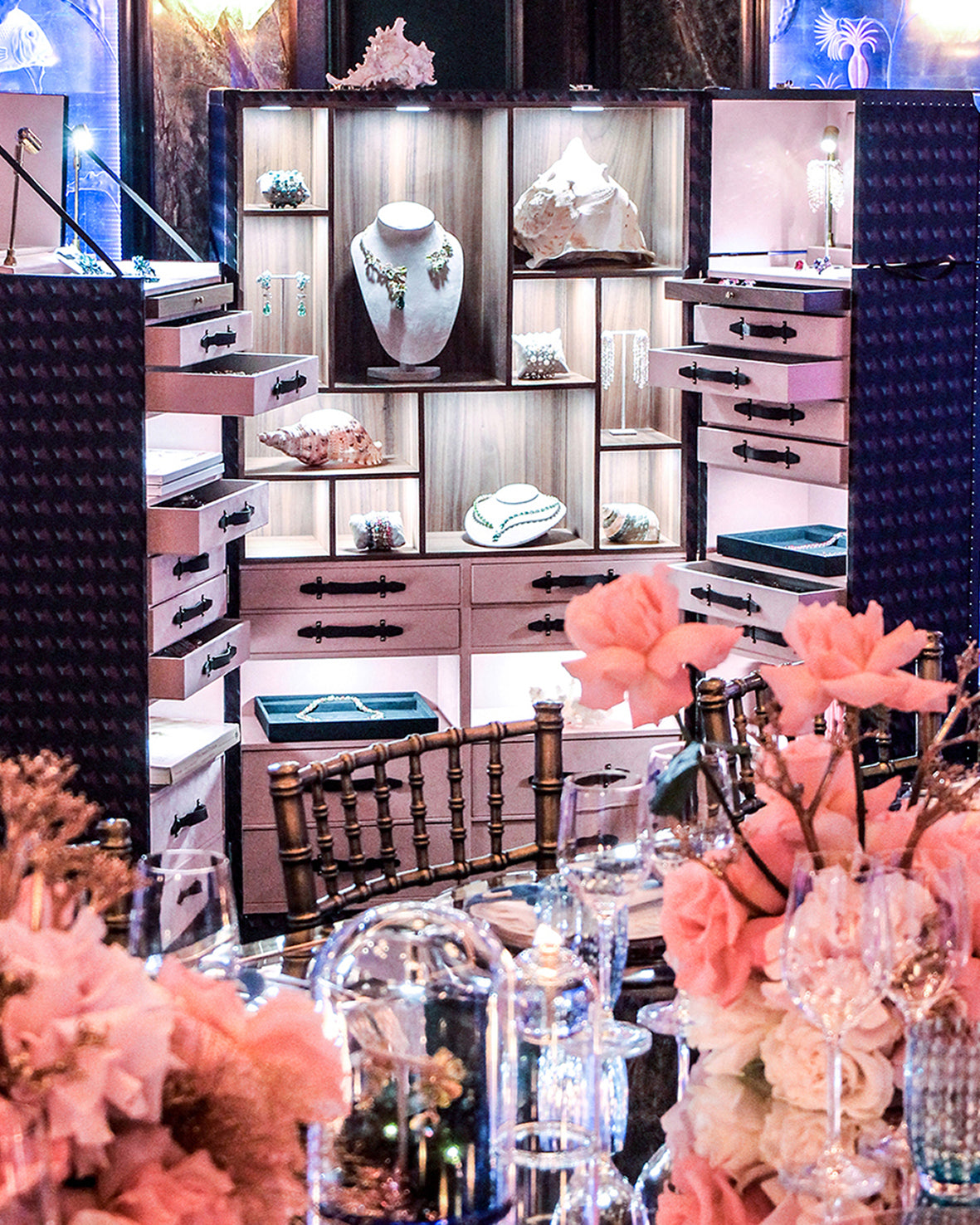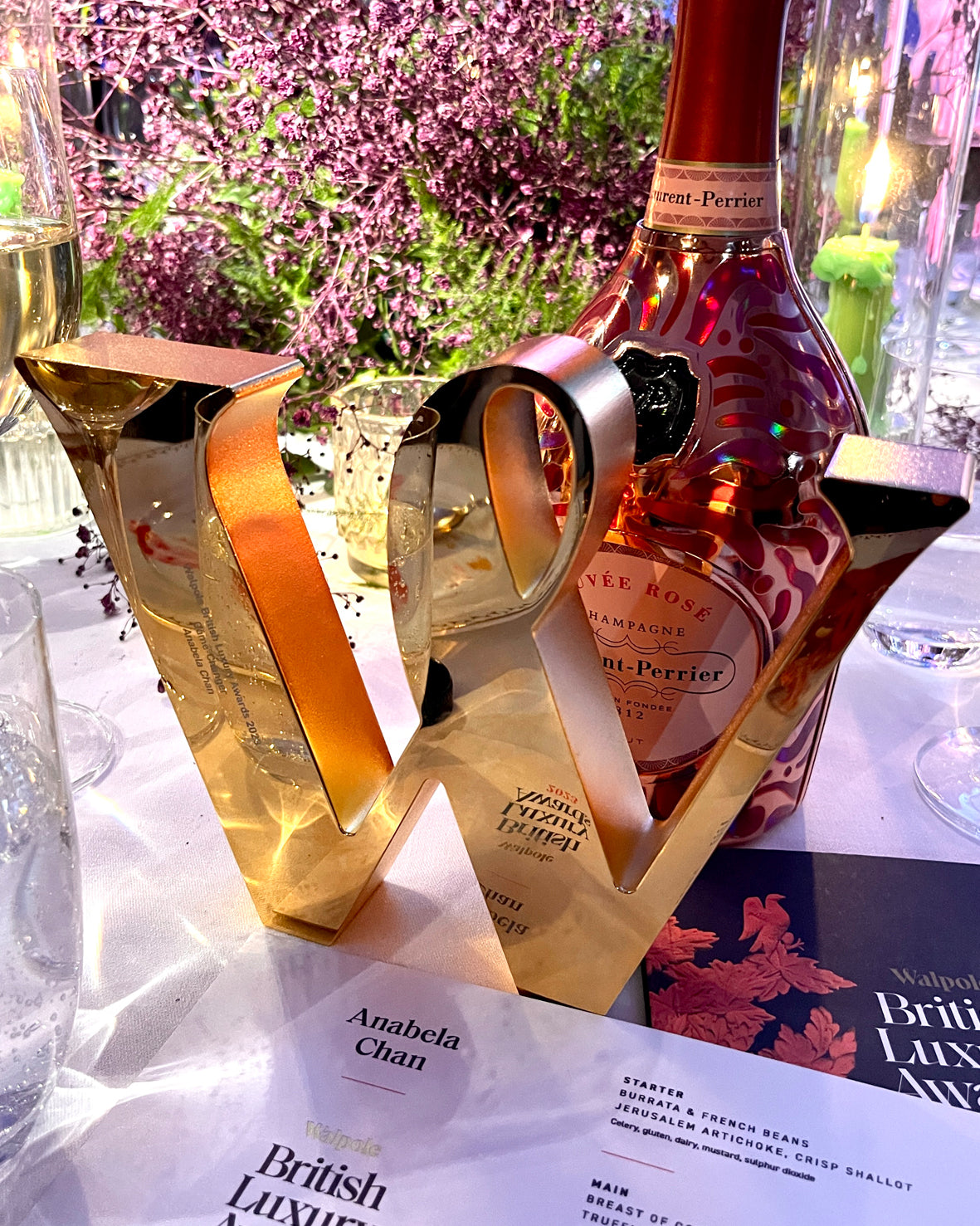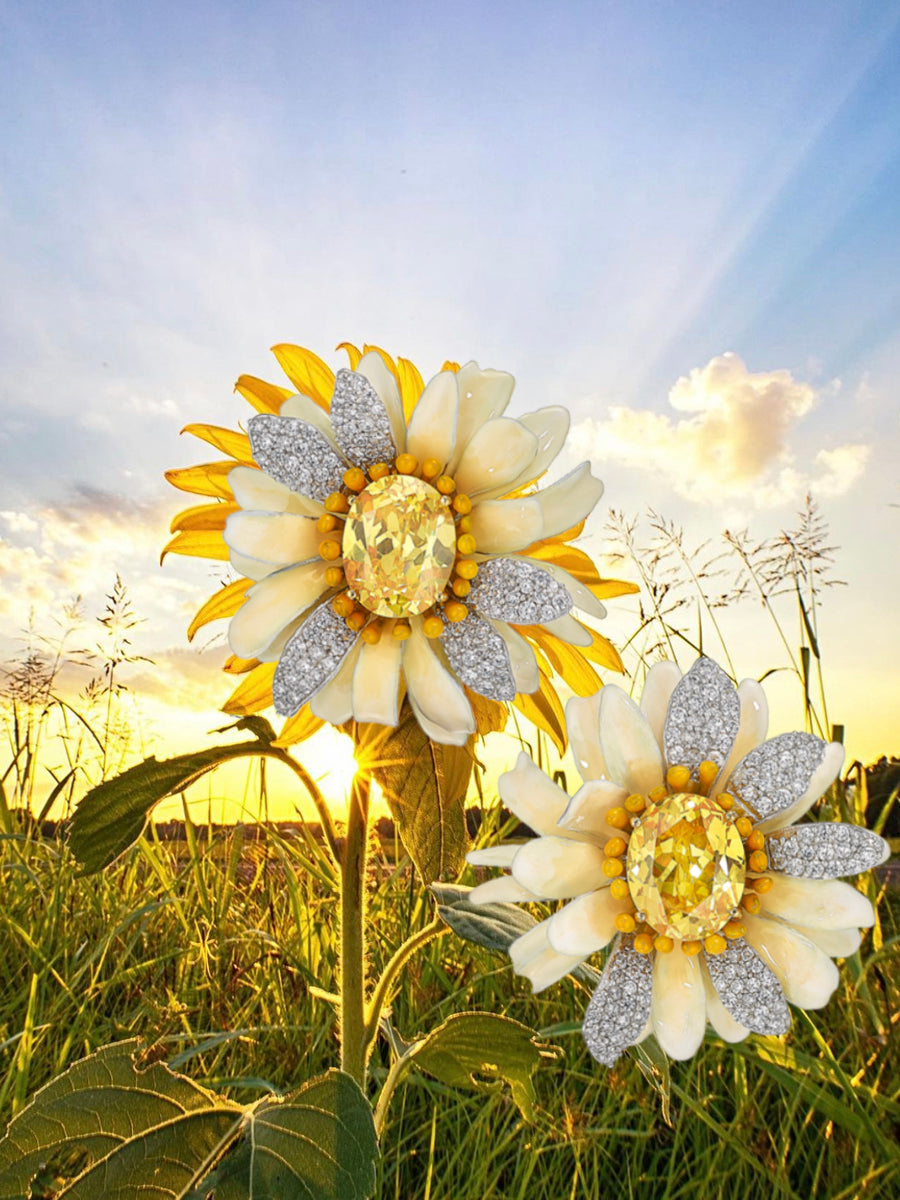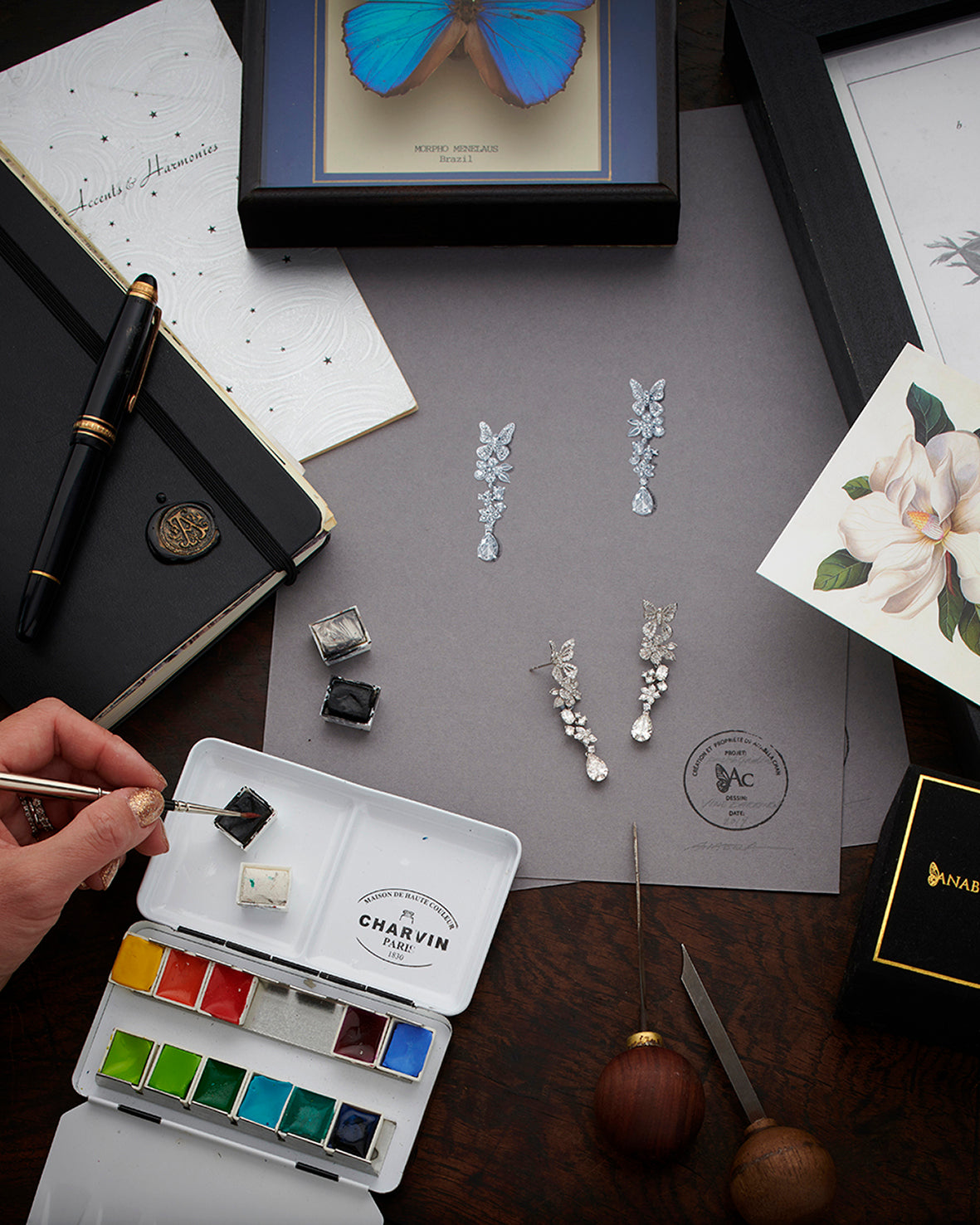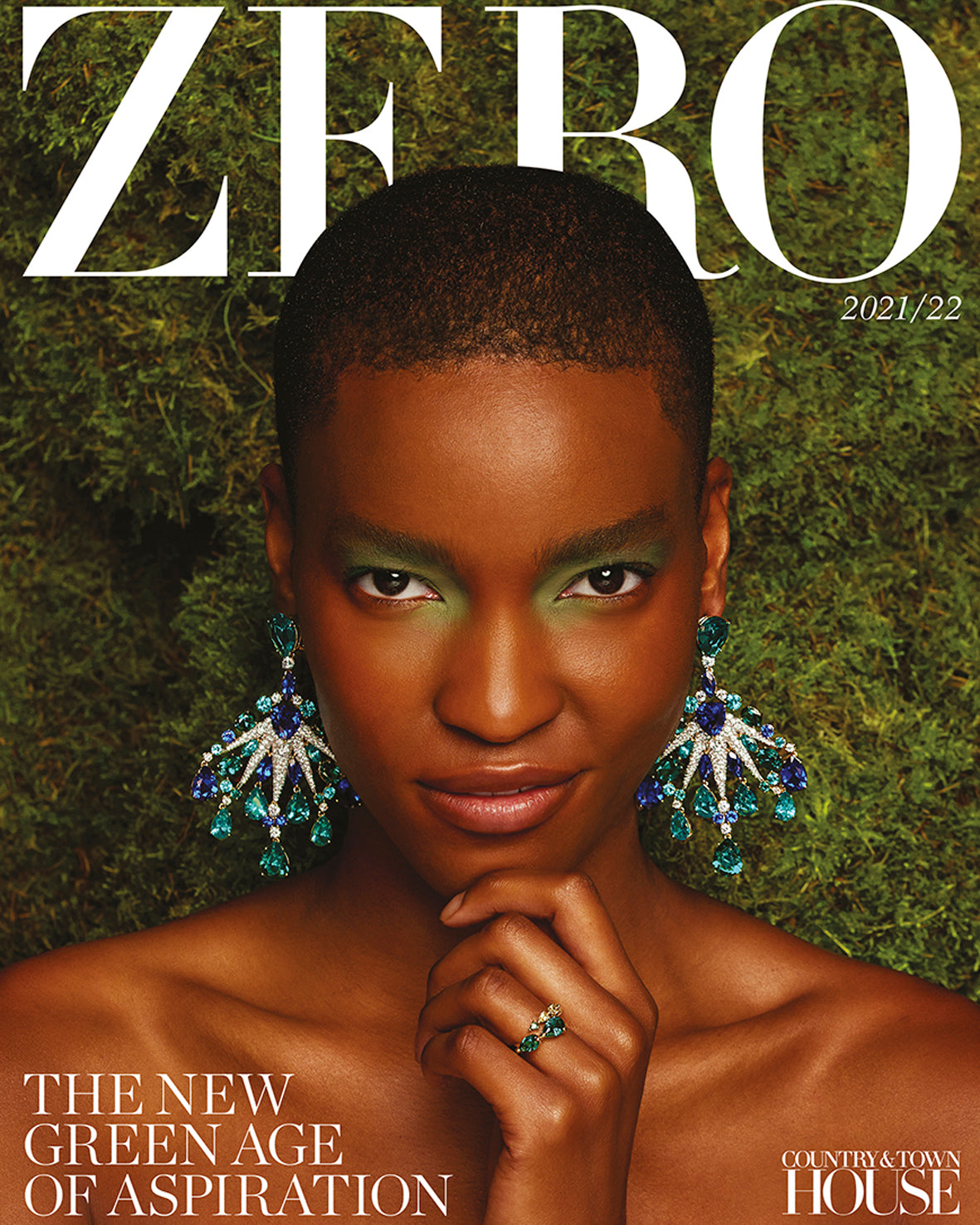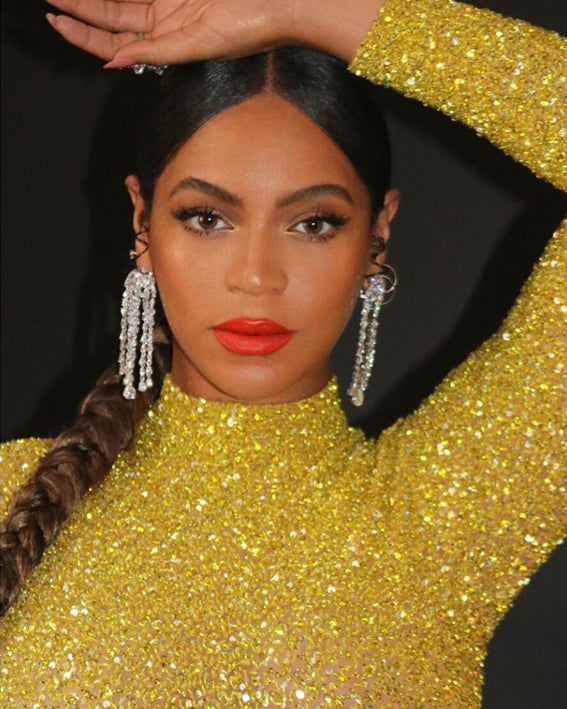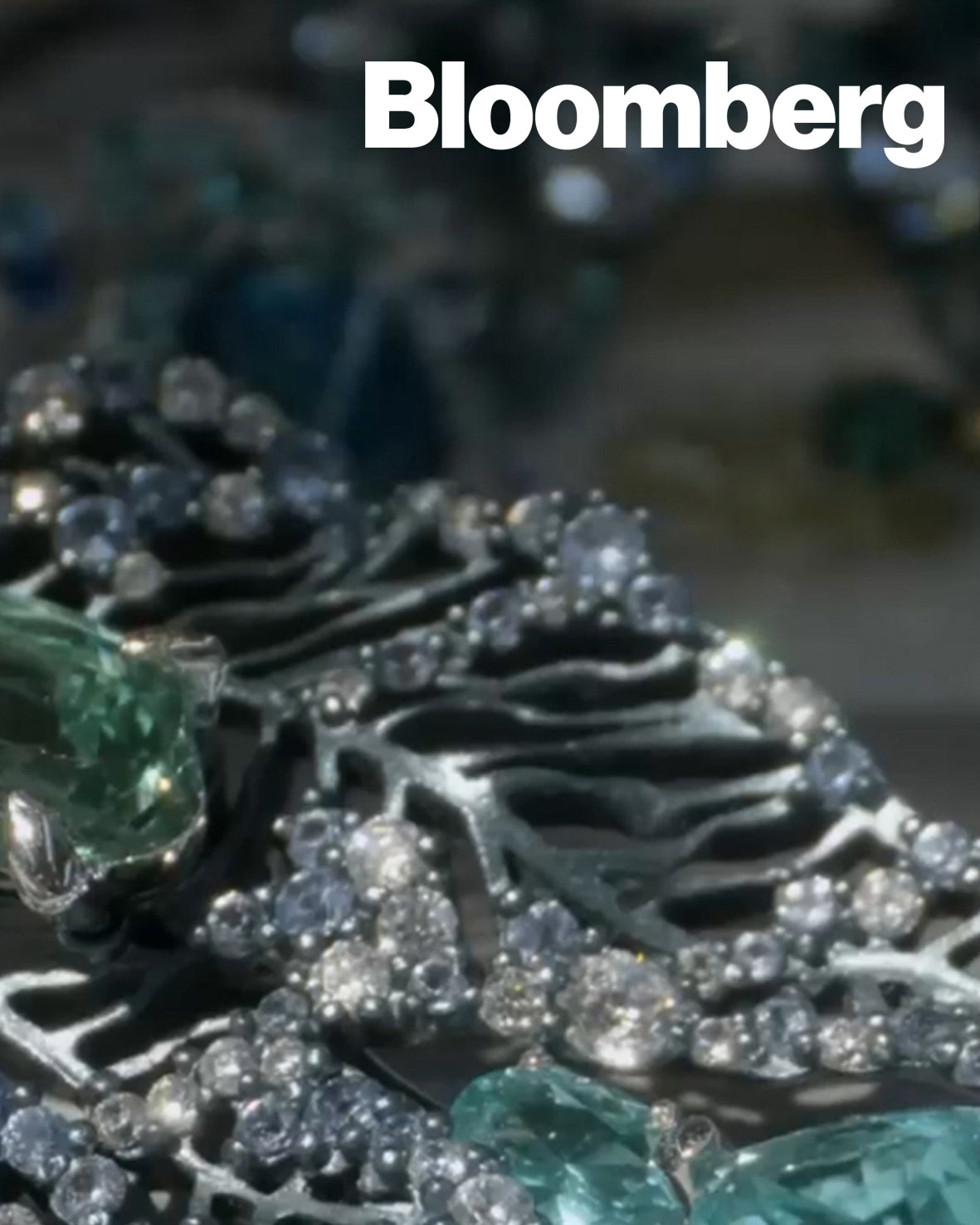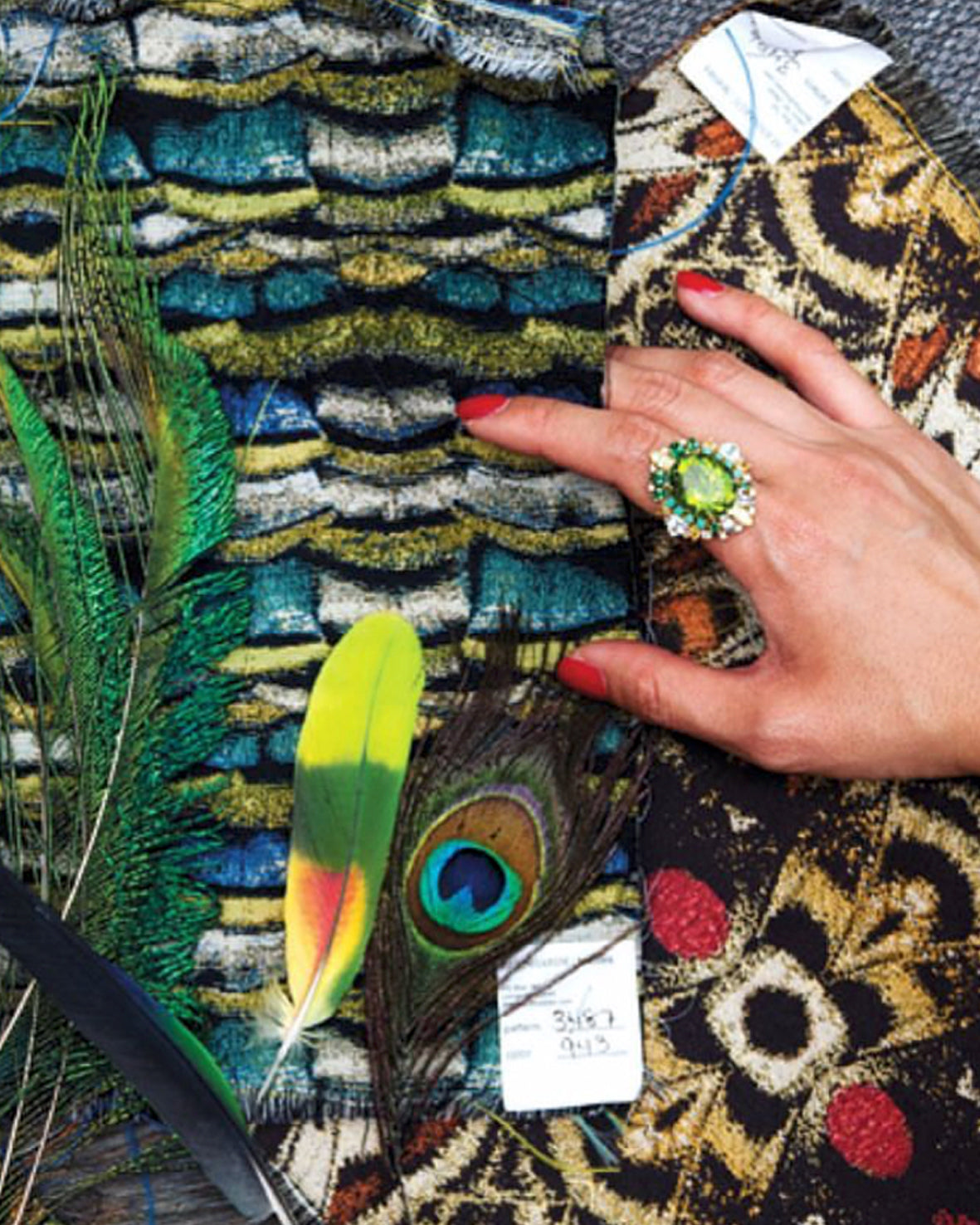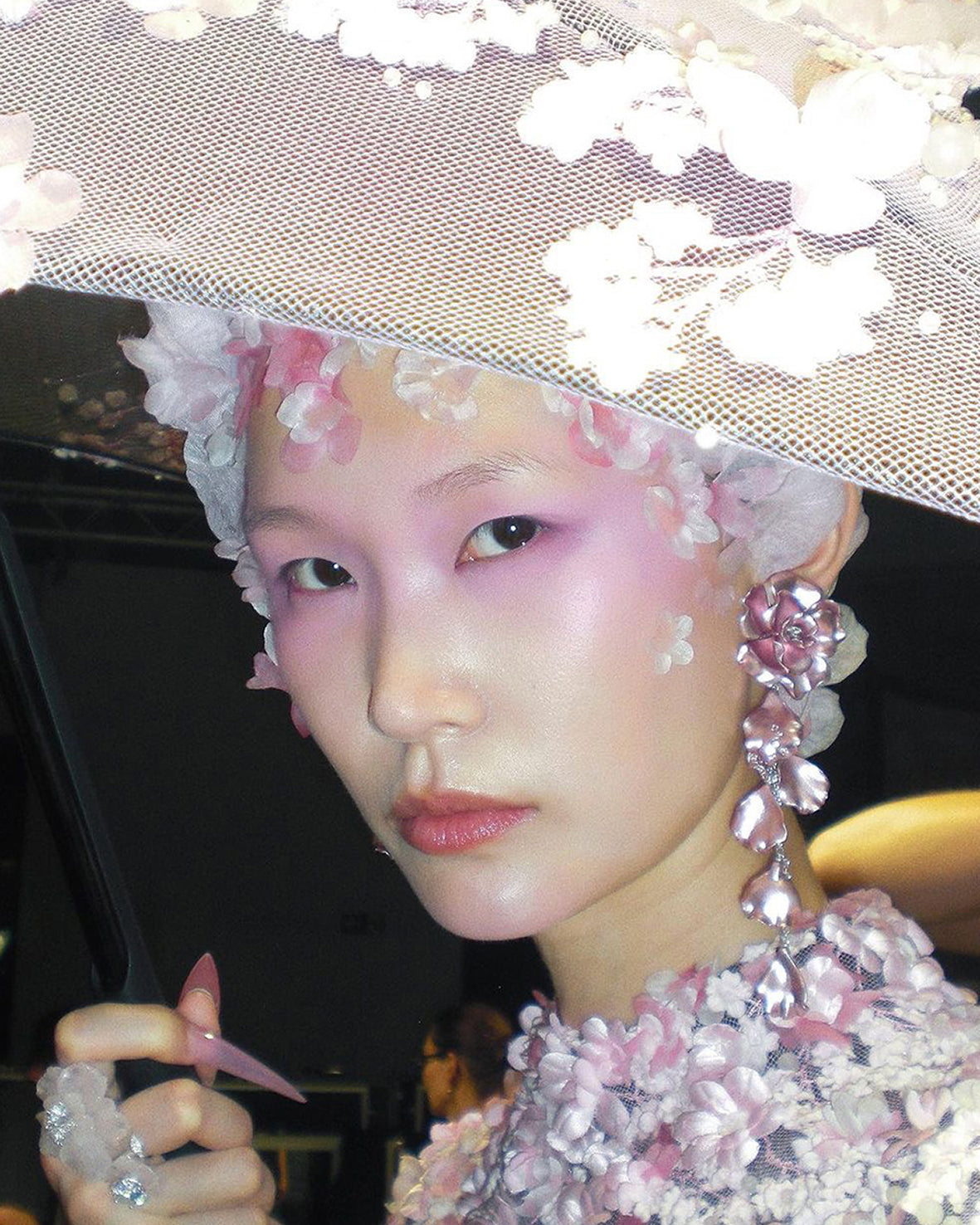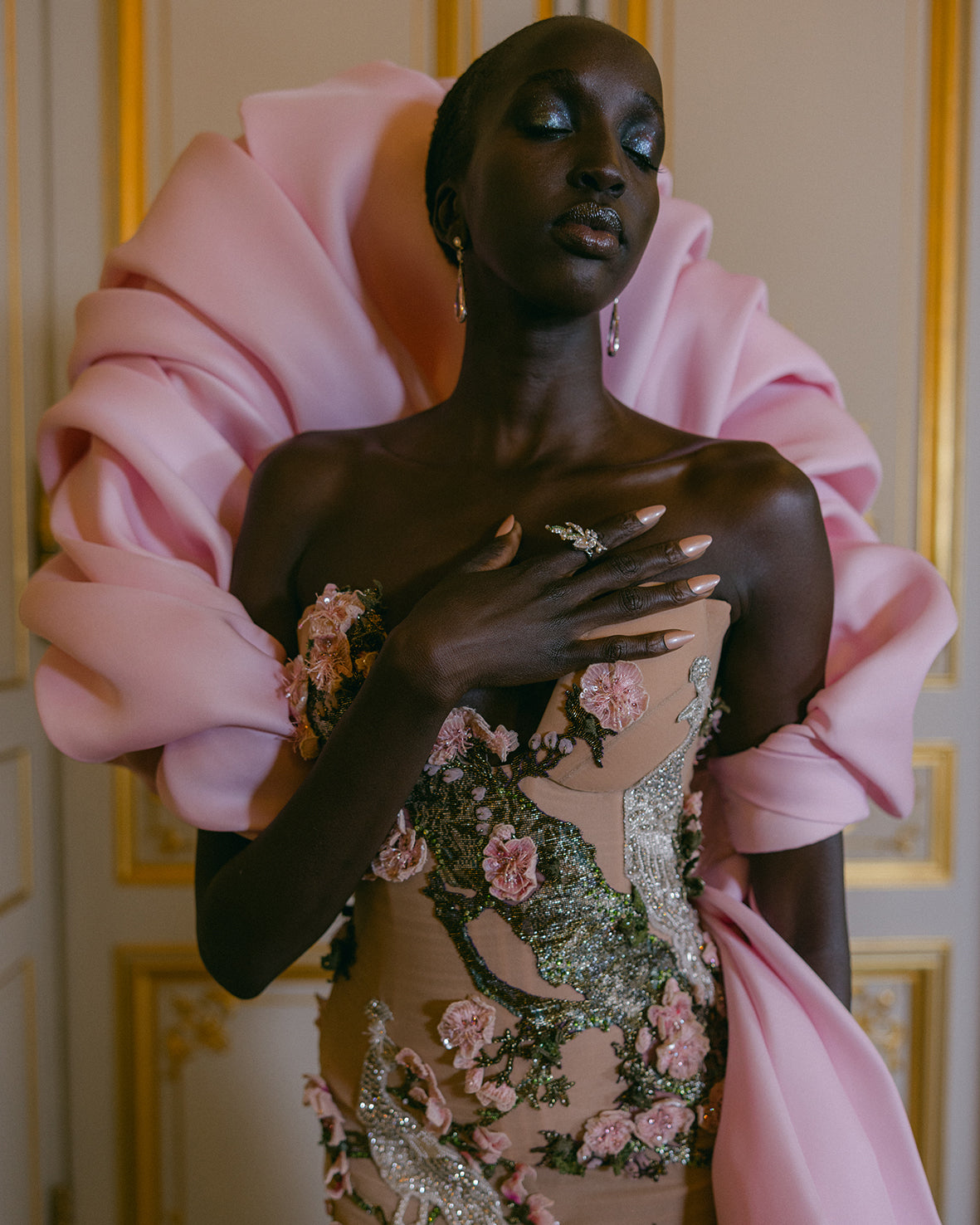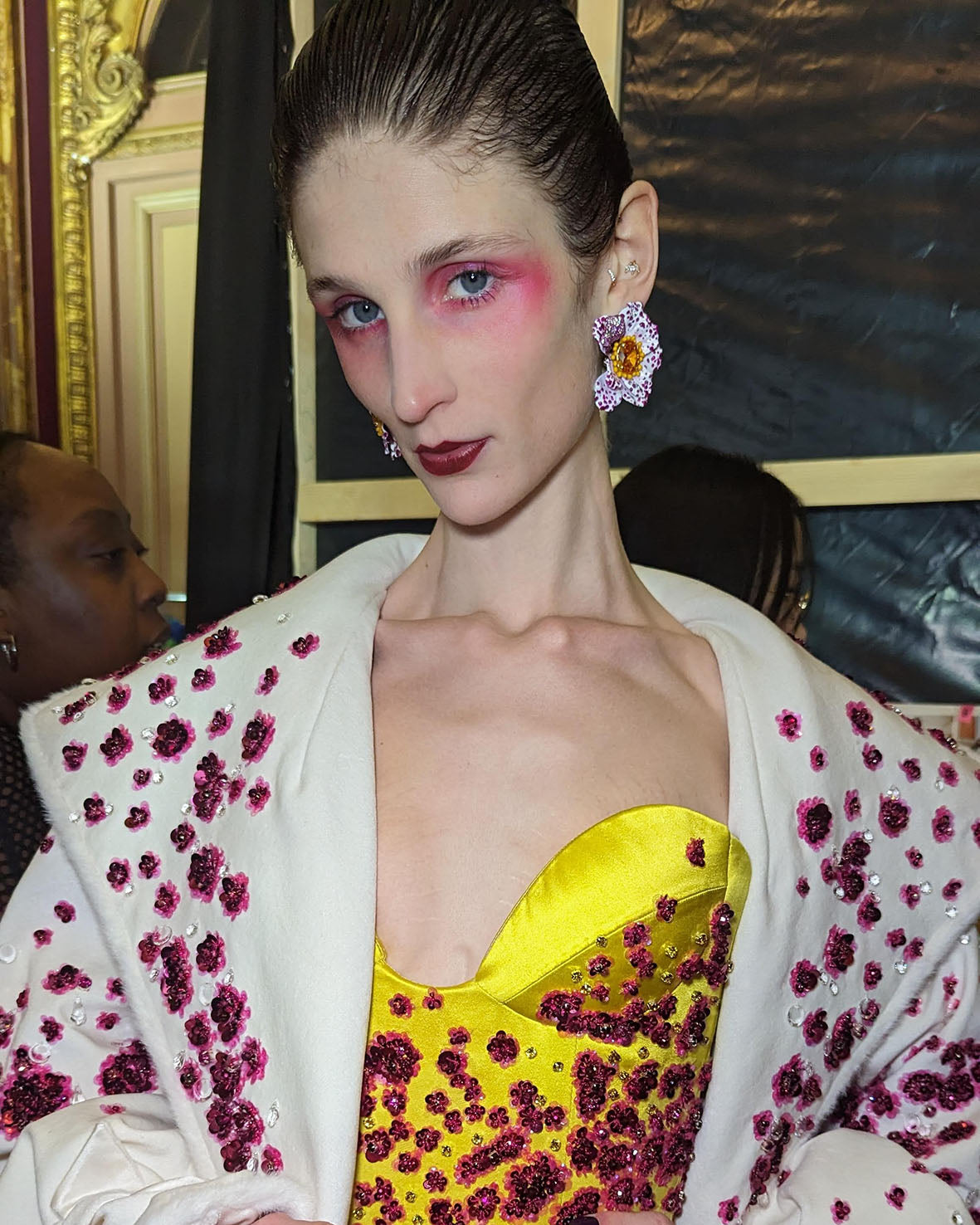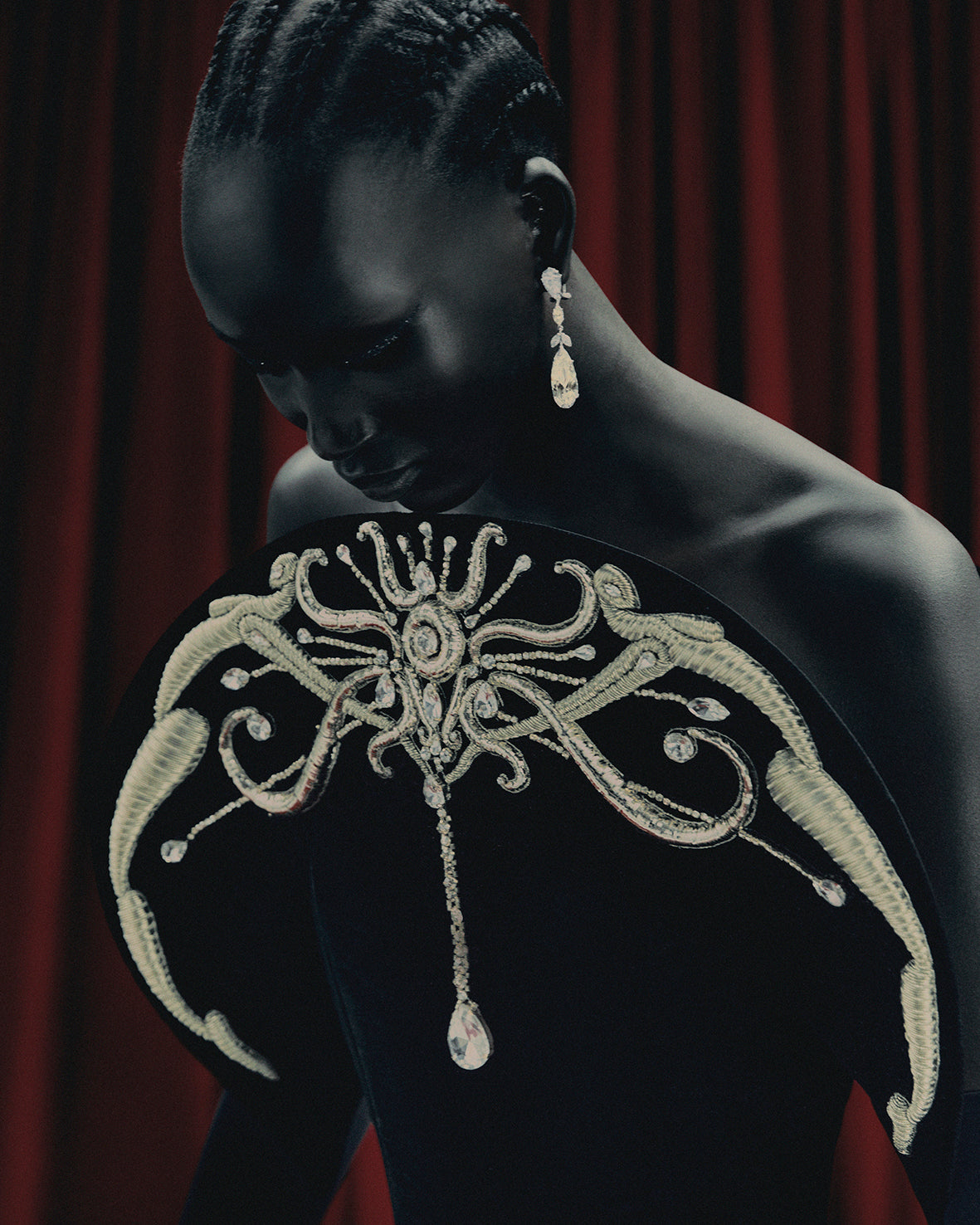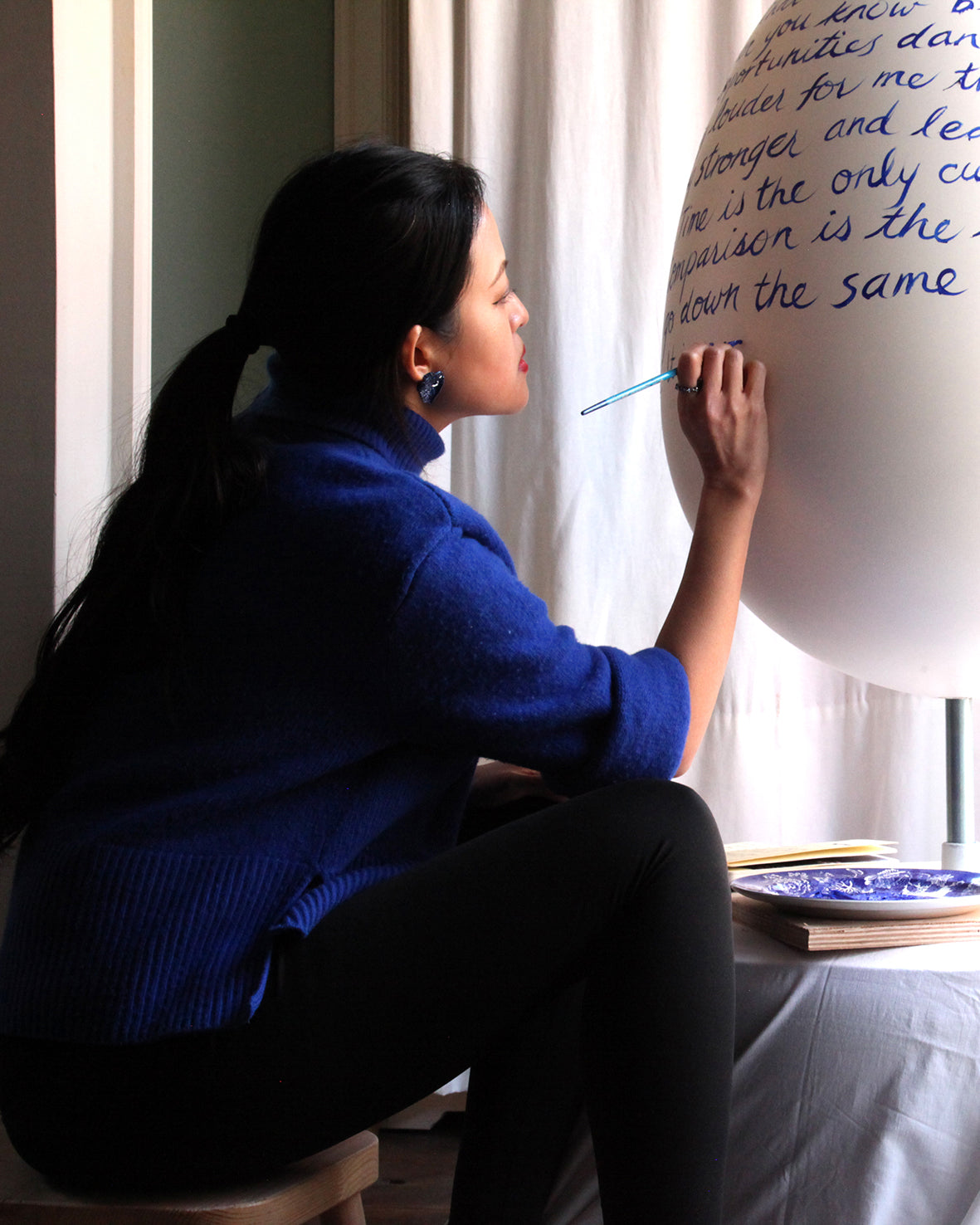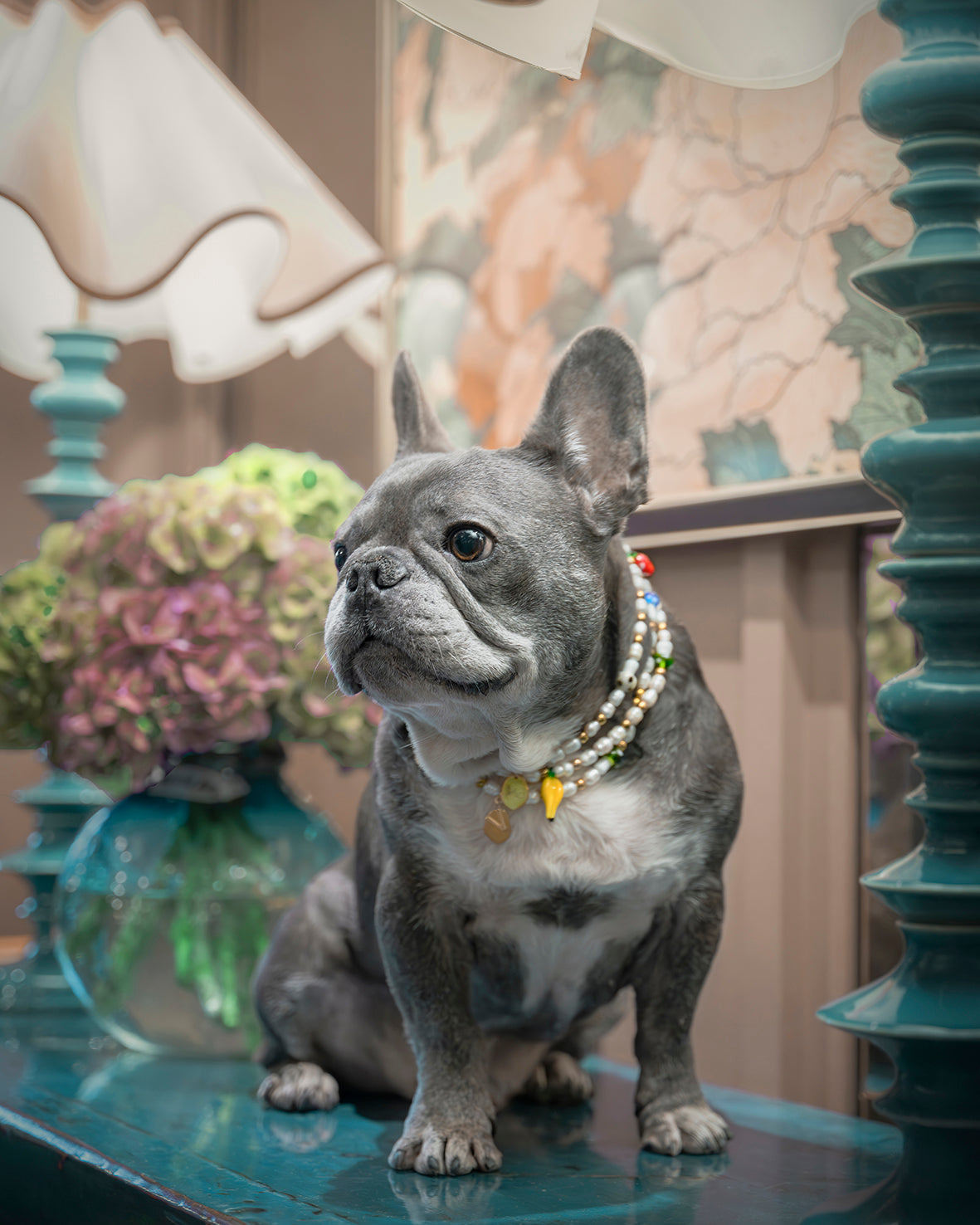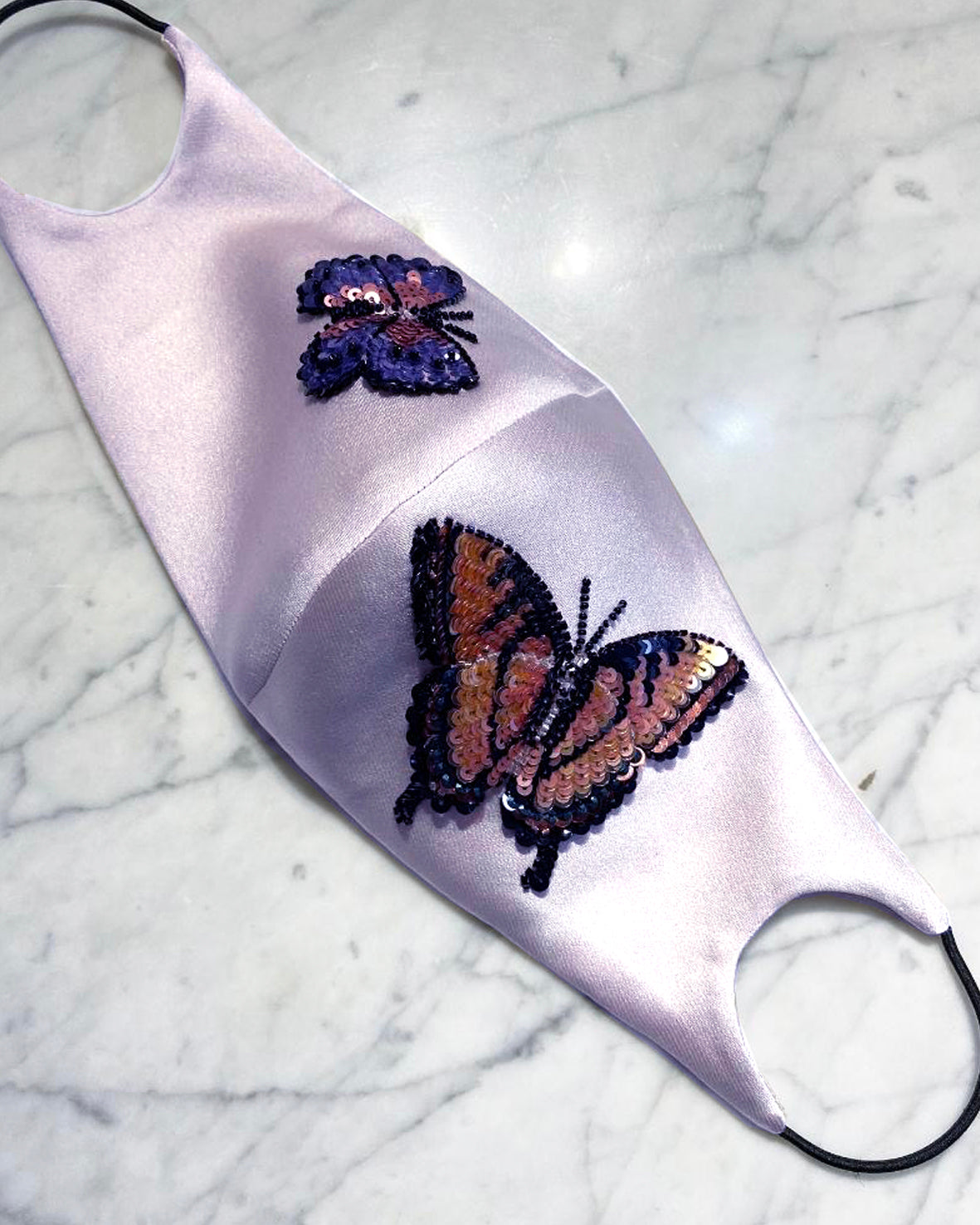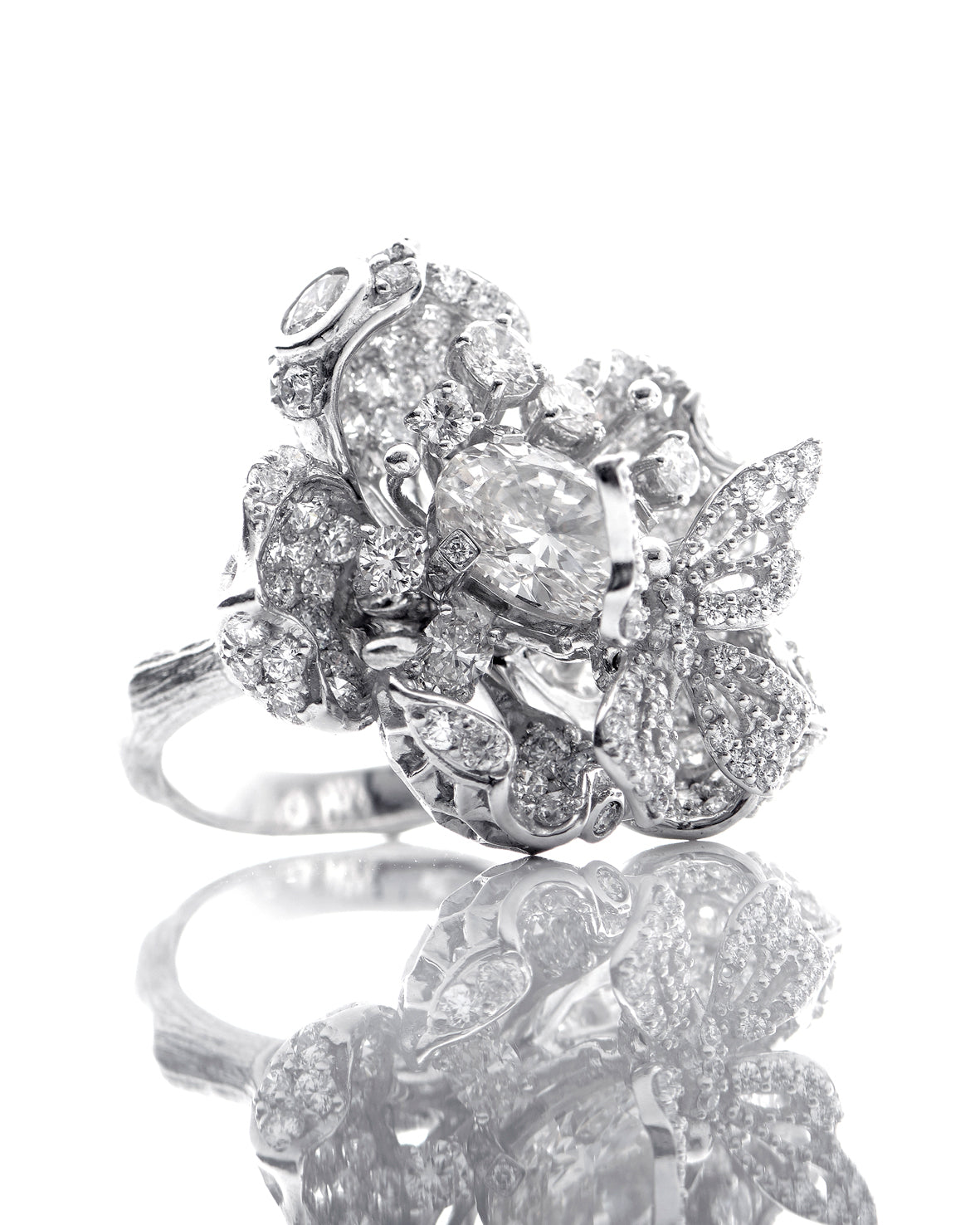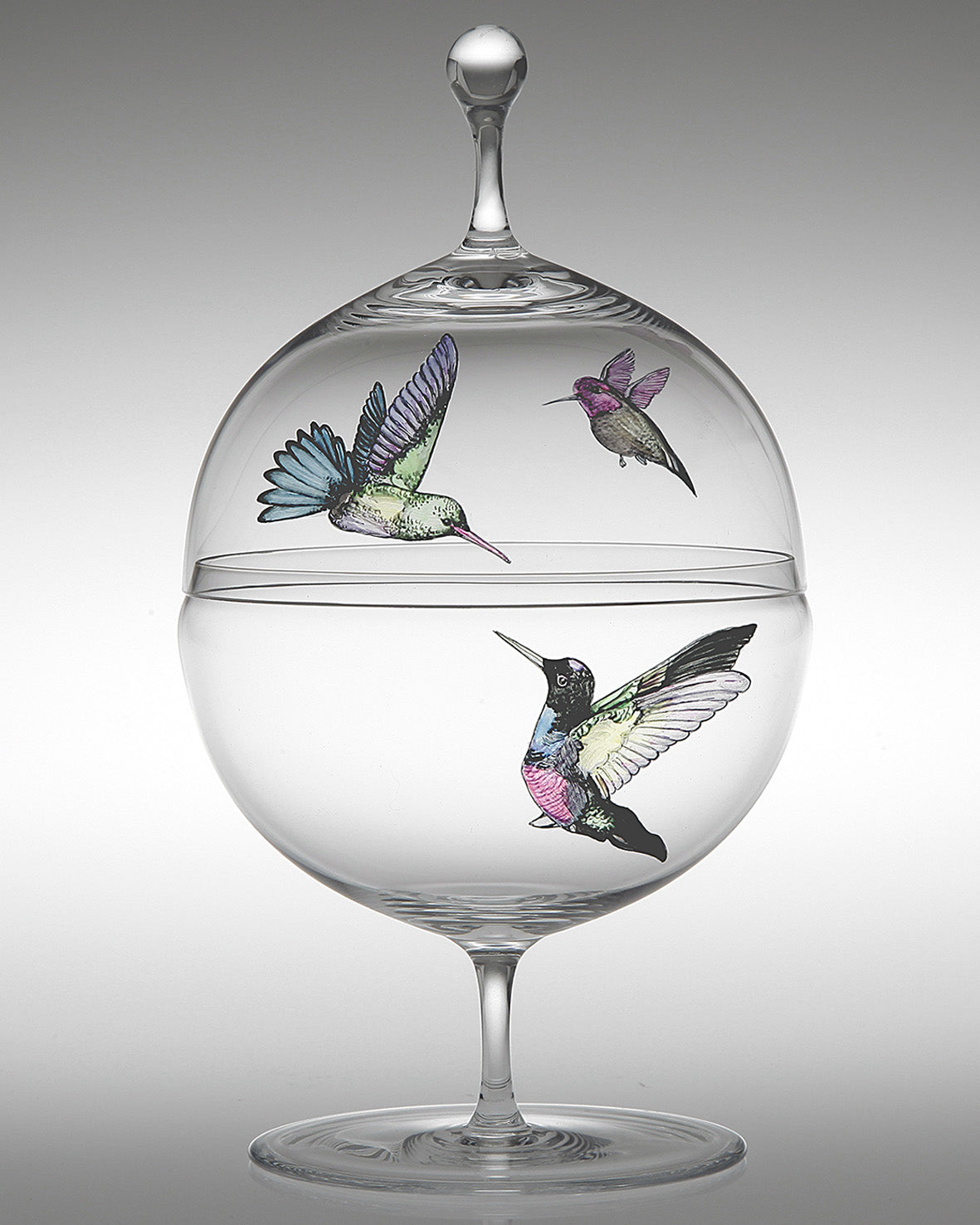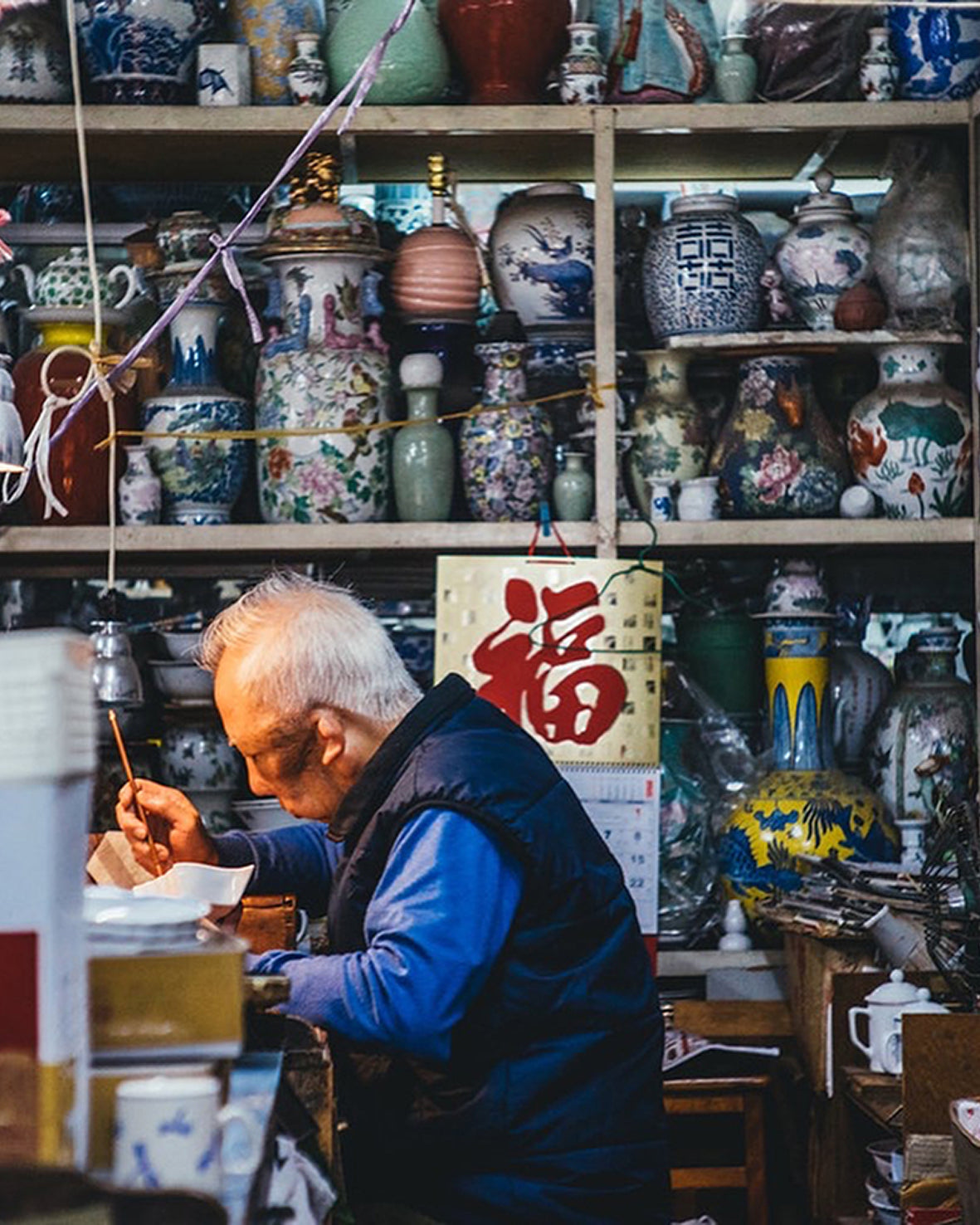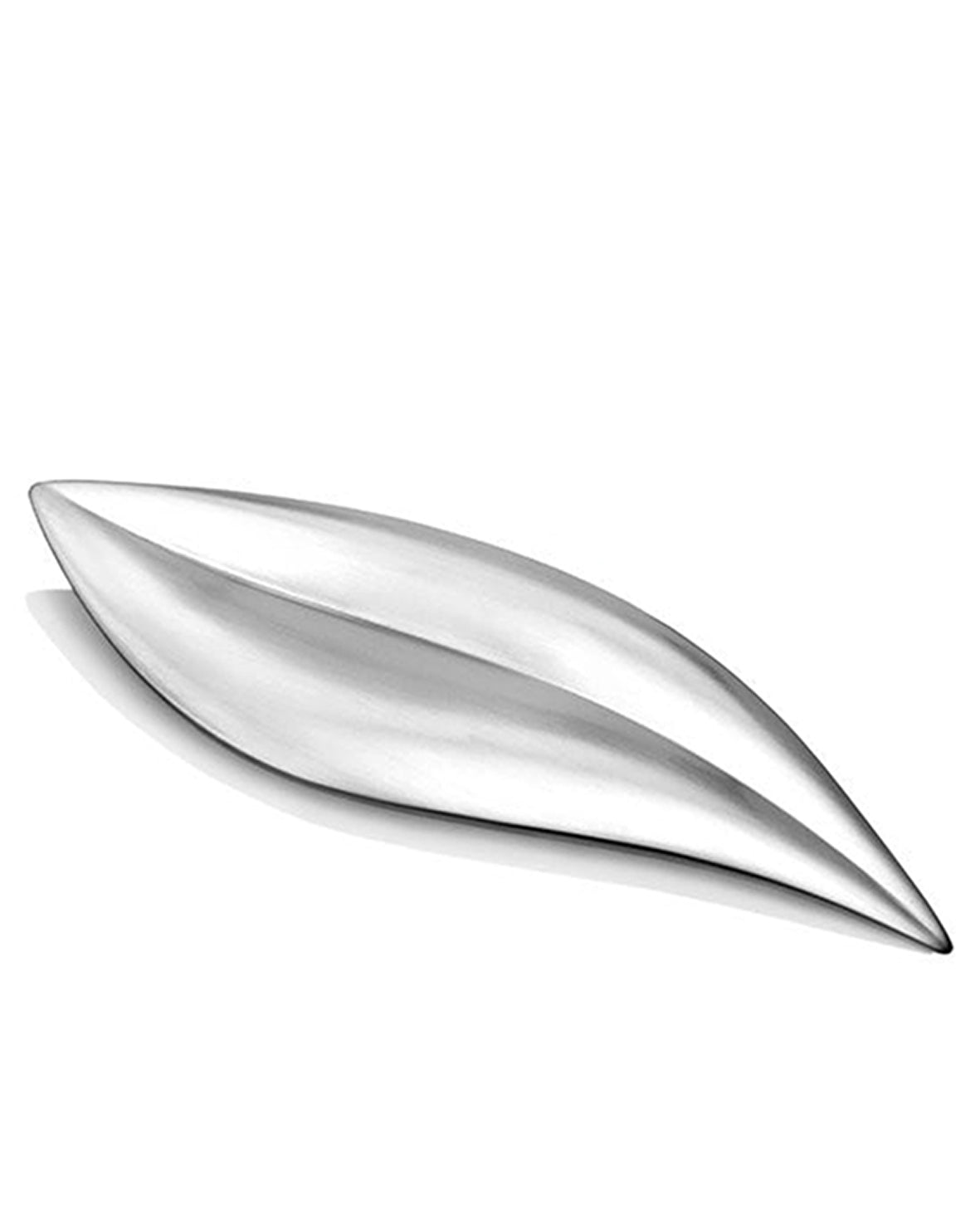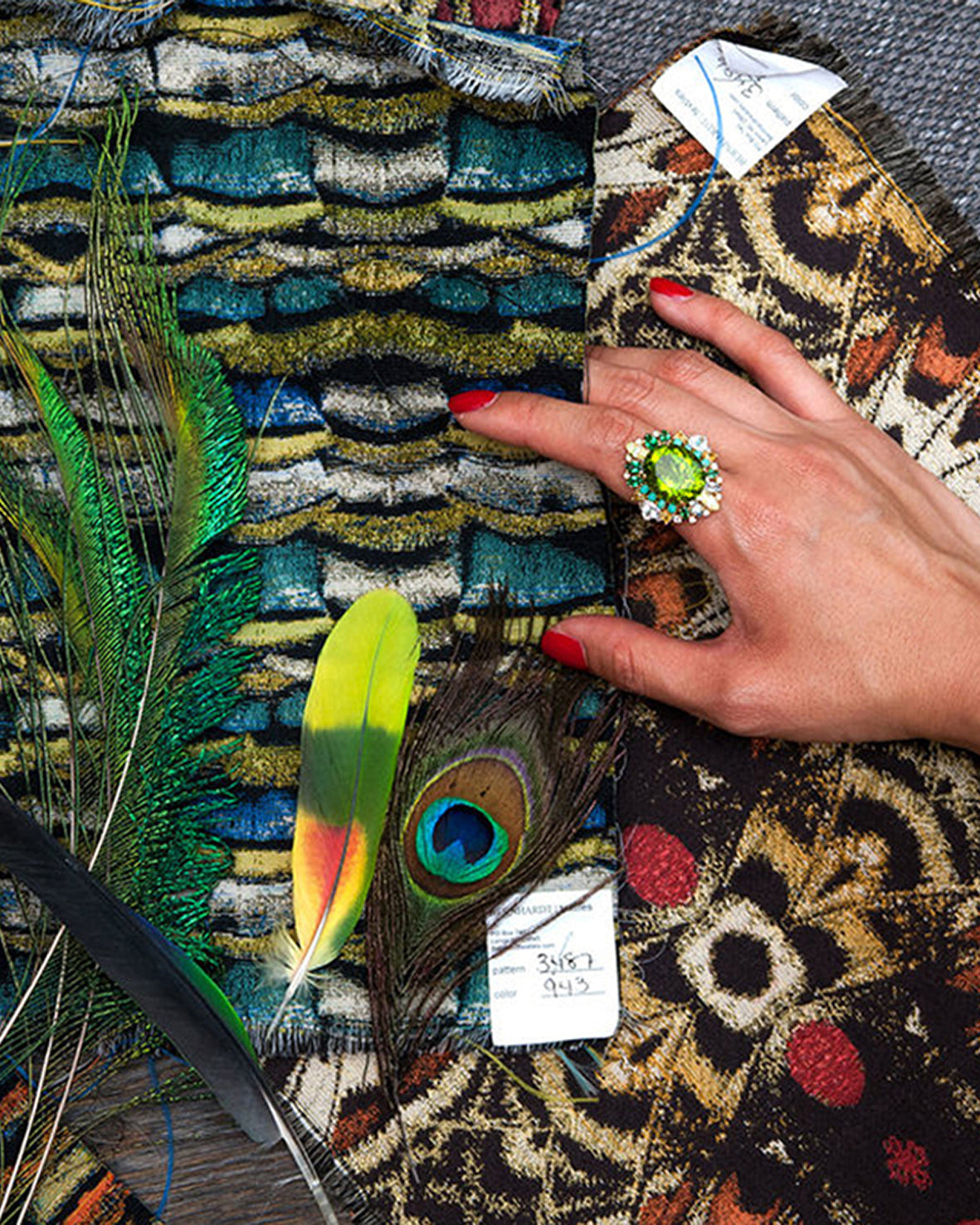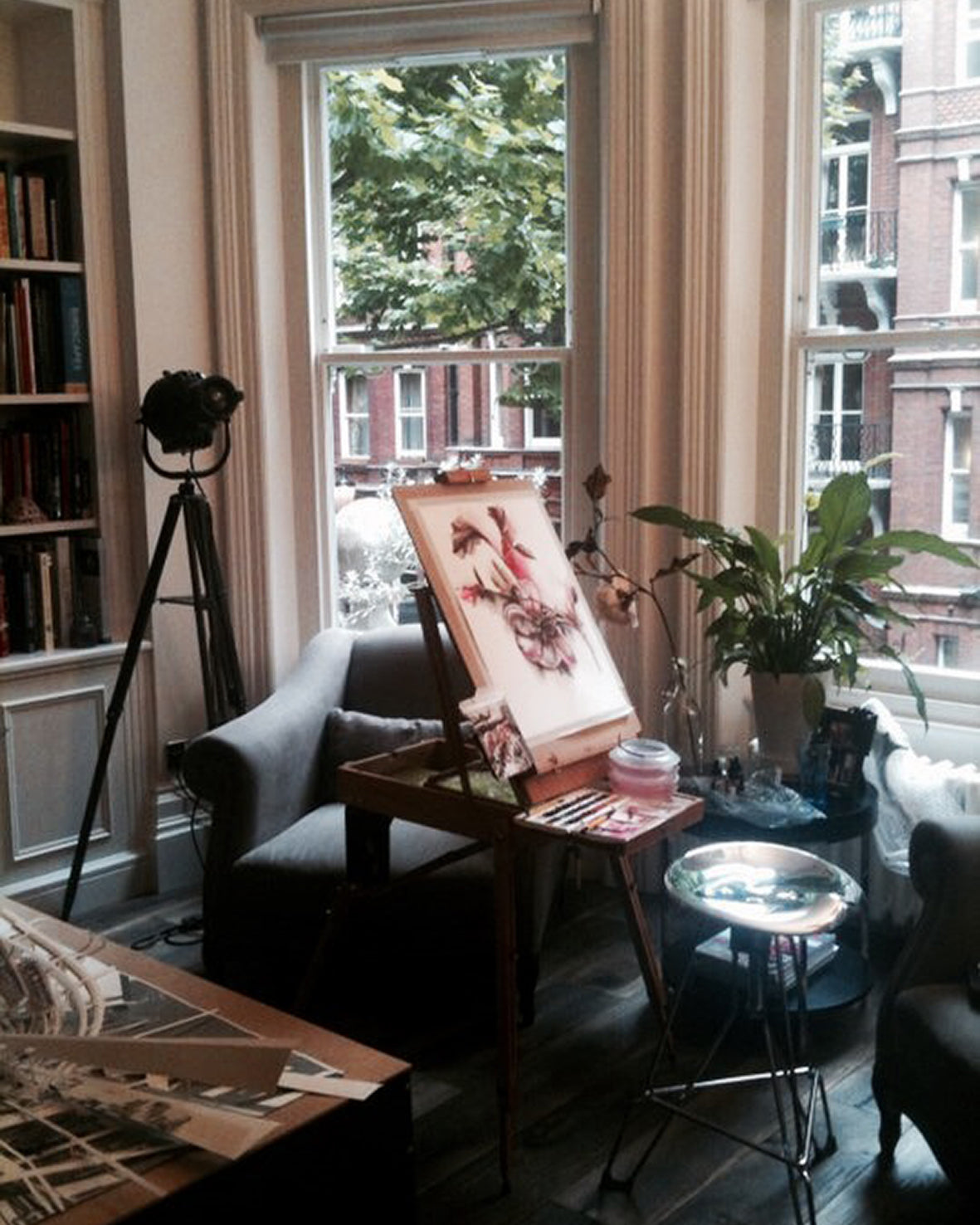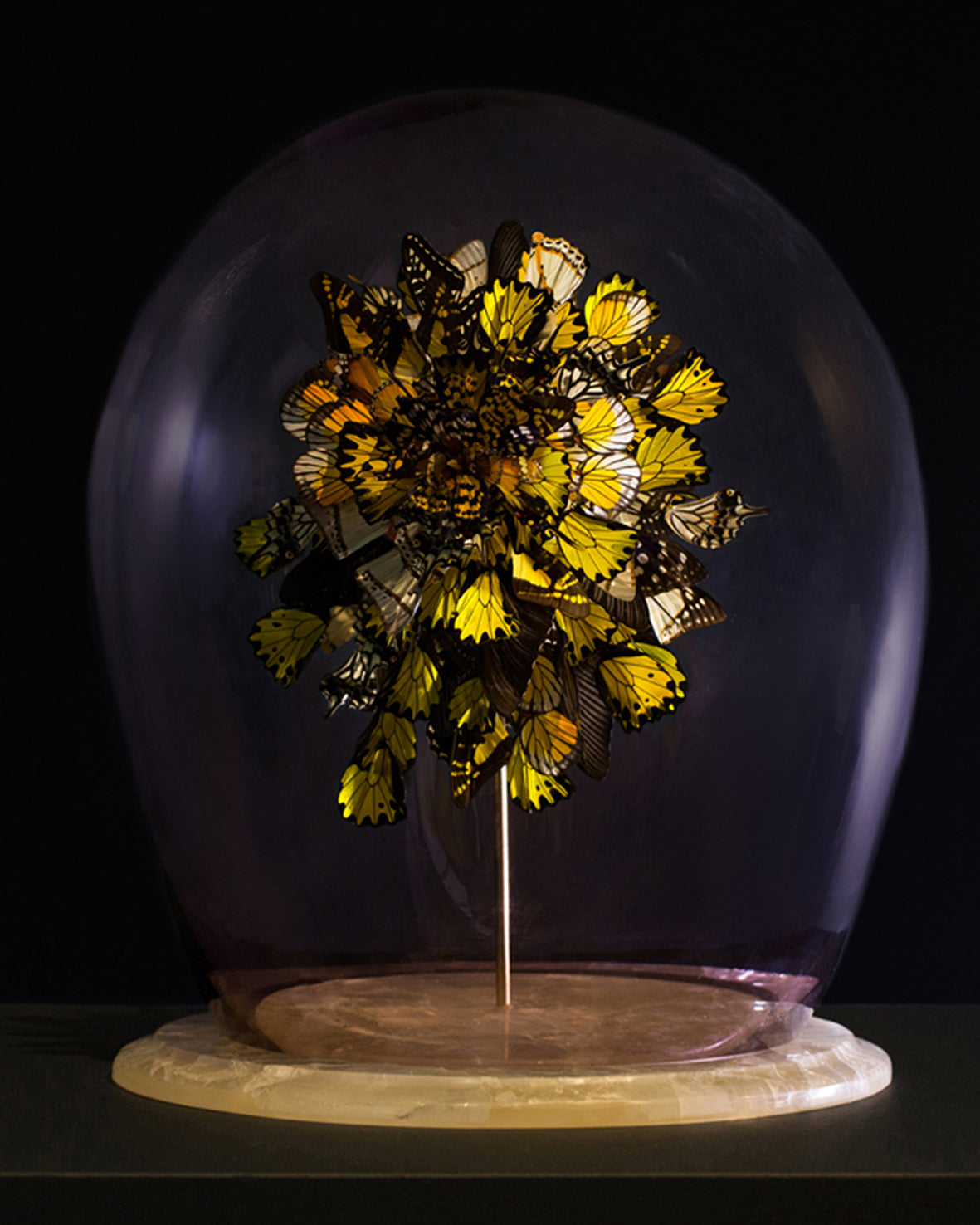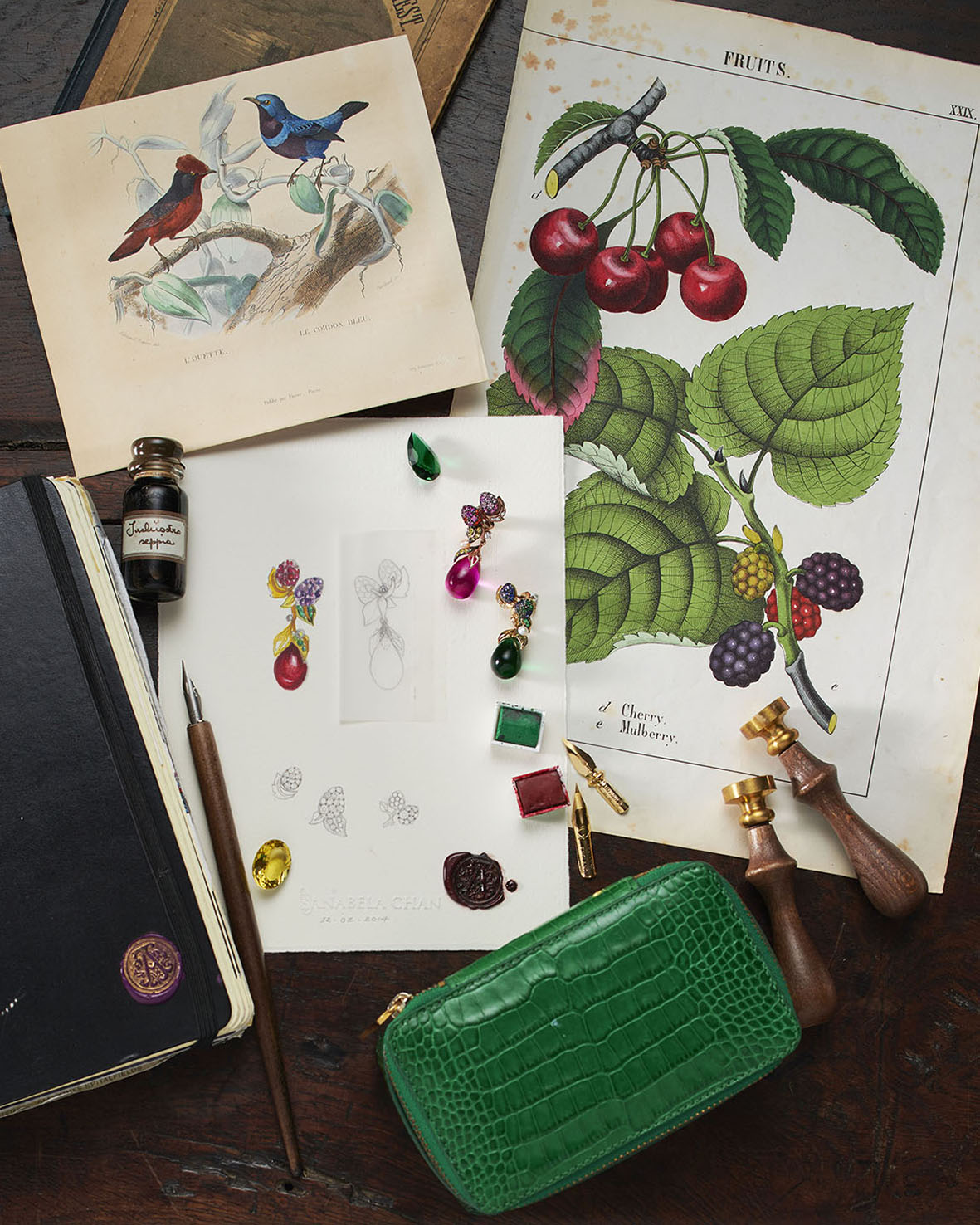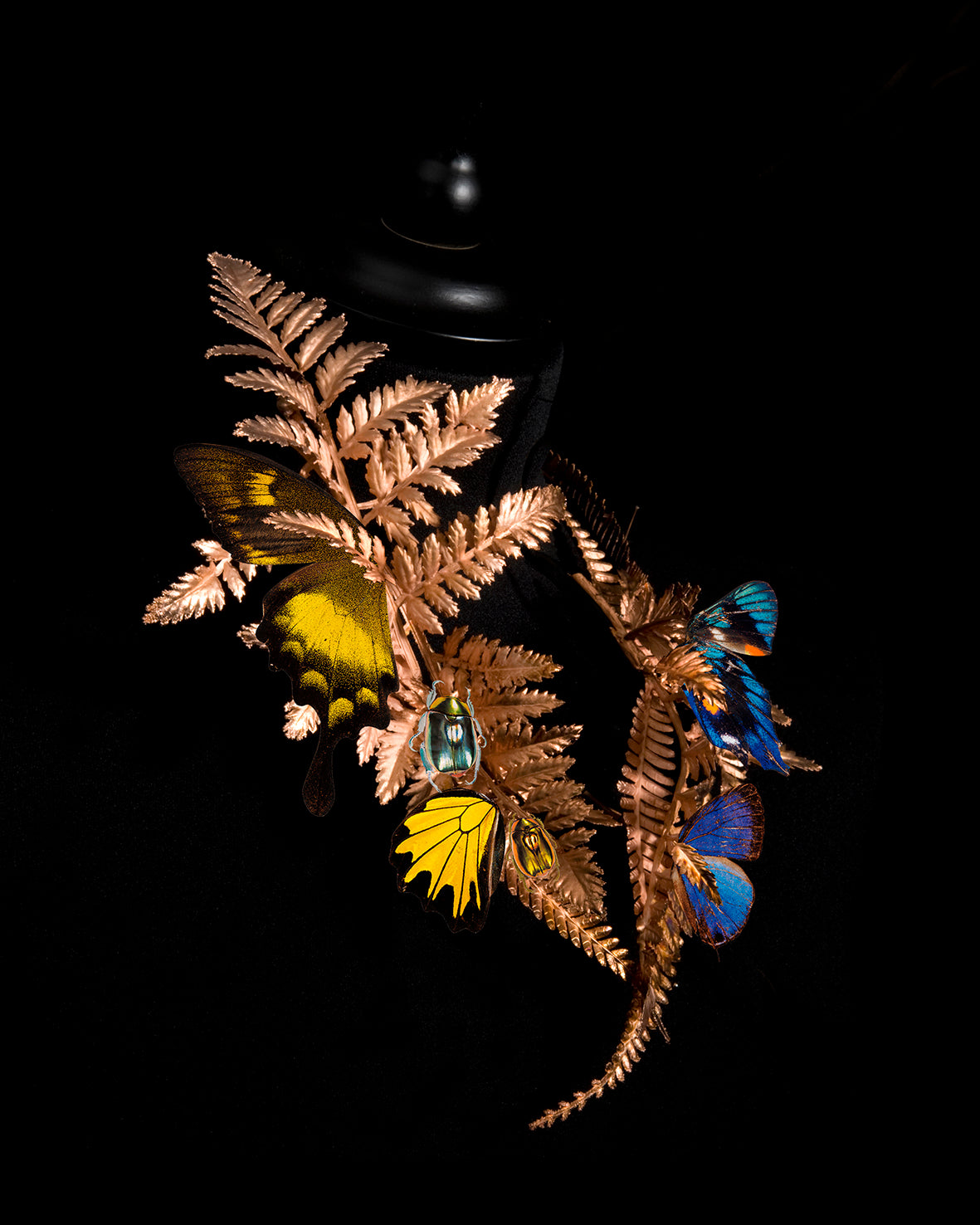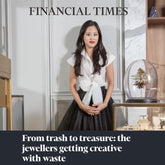GBBZERO
Fine jewellery made with ethically produced gemstones
London based Anabela Chan is the first fine Jewellery brand in the world to champion sustainable laboratory-grown gemstones paired with high jewellery designs and artisanal craftsmanship. The brand also sources gemstones from the Tanzanian Women Miners Association, part of Pact's Mines to Markets programme (pactworld.org) in association with the Gemological lnstitute of America (GIA). For every piece sold from its Mermaid's Tale collection, the brand plants 100 mangrove sea trees in West Papua, Indonesia. equating 100 tonnes of stored CO2.
Working as an architect and fashion print and embroidery designer before studying Jewellery design at the Royal College of Art, Anabela Chan didn't set out to save the planet. But a visit to a gemstone mine while she was on honeymoon in Sri Lanka eight years ago changed all that.
‘I was shocked and saddened to see the mines working conditions, the risks. and the inequality of the excavation of such precious things.’ she says. ‘I wanted to create equally beautiful jewellery where nobody suffers along the way, and that's when I began my research into alternative materials.'
For Anabela the answer was to use lab-grown gemstones: ‘Synthesised gemstones are chemically and physically identical to mined gemstones, but they have perfect colour saturation, brilliance and are free of inclusions. They're also more accessible - a juxtaposition of precious, natural and man-made materials. This is luxury with a touch of humanity."
While great strides have been made in reducing the historically high emissions produced by mining and manufacturing gemstones and precious metals, the carbon footprint or lab-grown stones made with renewable energy is lower. Recycling precious metals - gold, silver and platinum - also helps to cut emissions, though Anabela has recently gone one step further, pioneering the use of recycled aluminium soda cans in her designs.
Ethical and sustainable practices have always been central to the brand's ethos. Even so, Anabela agrees there is always more to do. Last year the brand set up a digital virtual reality channel so customers can shop virtually, while sales from the new Mermaid's Tale collection go to support and restore coastal ecosystems. ‘Coastal ecosystem, like kelp forests, mangroves and seagrass can sequester up to 20 times more carbon per acre than land forests. One mangrove tree stores approximately one ton of co2, creates critical habitat for marine life and provides sustainable employment for local communities. So, when we launched this ocean-inspired collection we committed to planting 100 mangrove trees in West Papua for every piece sold.
For Anabela, reducing carbon footprint is only part of the story: 'It is one of sustainability’s three pillars. The second is the human ethical issue - how everyone involved in your business is being looked after, ensuring that nobody is being exploited anywhere along your chain of supply. The third pillar, Anabela believes, is the socio-economic impact. 'The pandemic has sadly seen so many brands go under with significant debts, many operating on extensive loans, often to facilitate rents for multiple premium real estates and extensive marketing costs. Yes, a business might be using organic cotton for its products and have a zero plastic packaging policy, but that alone doesn’t make it a sustainable business.’
On whether her industry is doing enough to combat climate change, she says: ‘It’s about looking at how thighs were done in the past and learning how to do them better for the right reasons. Greenwashing won’t help us. ’
Does she think her customers – who include Beyoncé, Rihanna and Taylor Swift – actually care about sustainability? ‘I’d like to think that everyone does. They fall in love with my designs first and the ethical sustainability is a bonus.’
OUR STORIES
Fruit Gems™ featured in Financial Times
Mariah Carey wears Anabela Chan Joaillerie for her new album cover
Taylor Swift wears the Diamond Cushion Wing Studs
- Choosing a selection results in a full page refresh.


